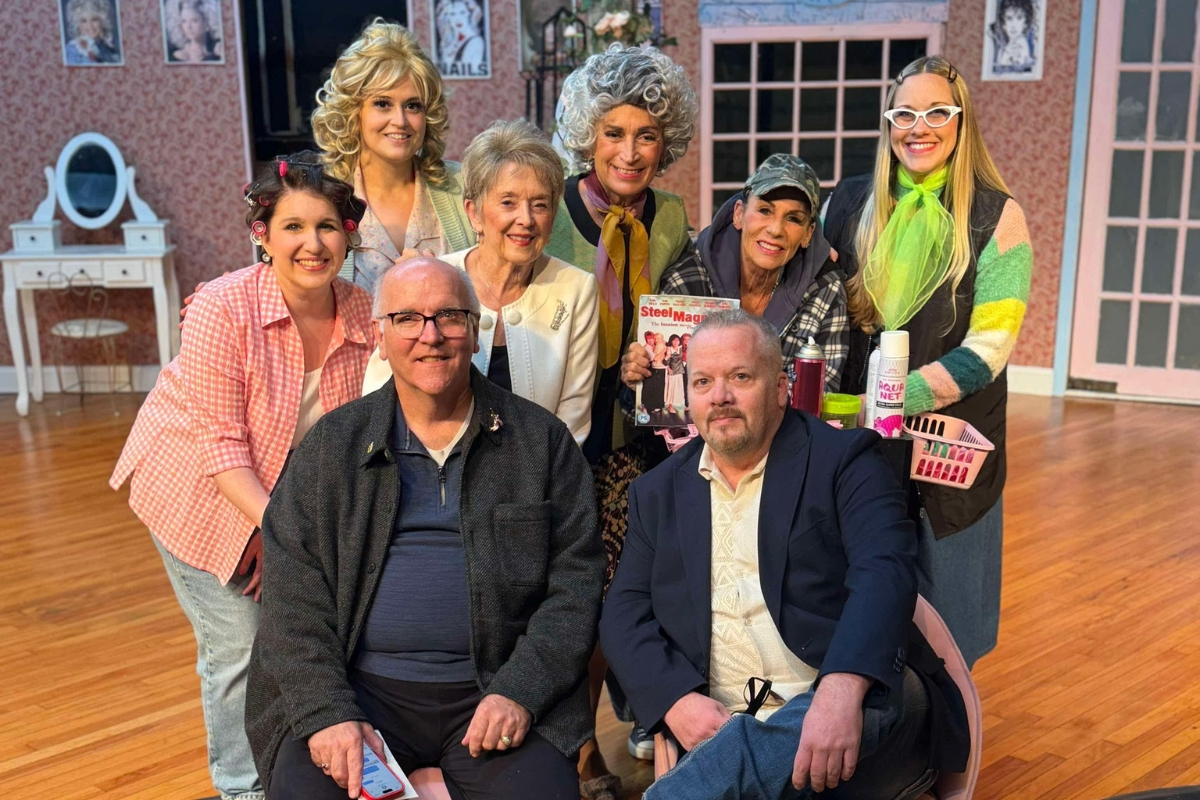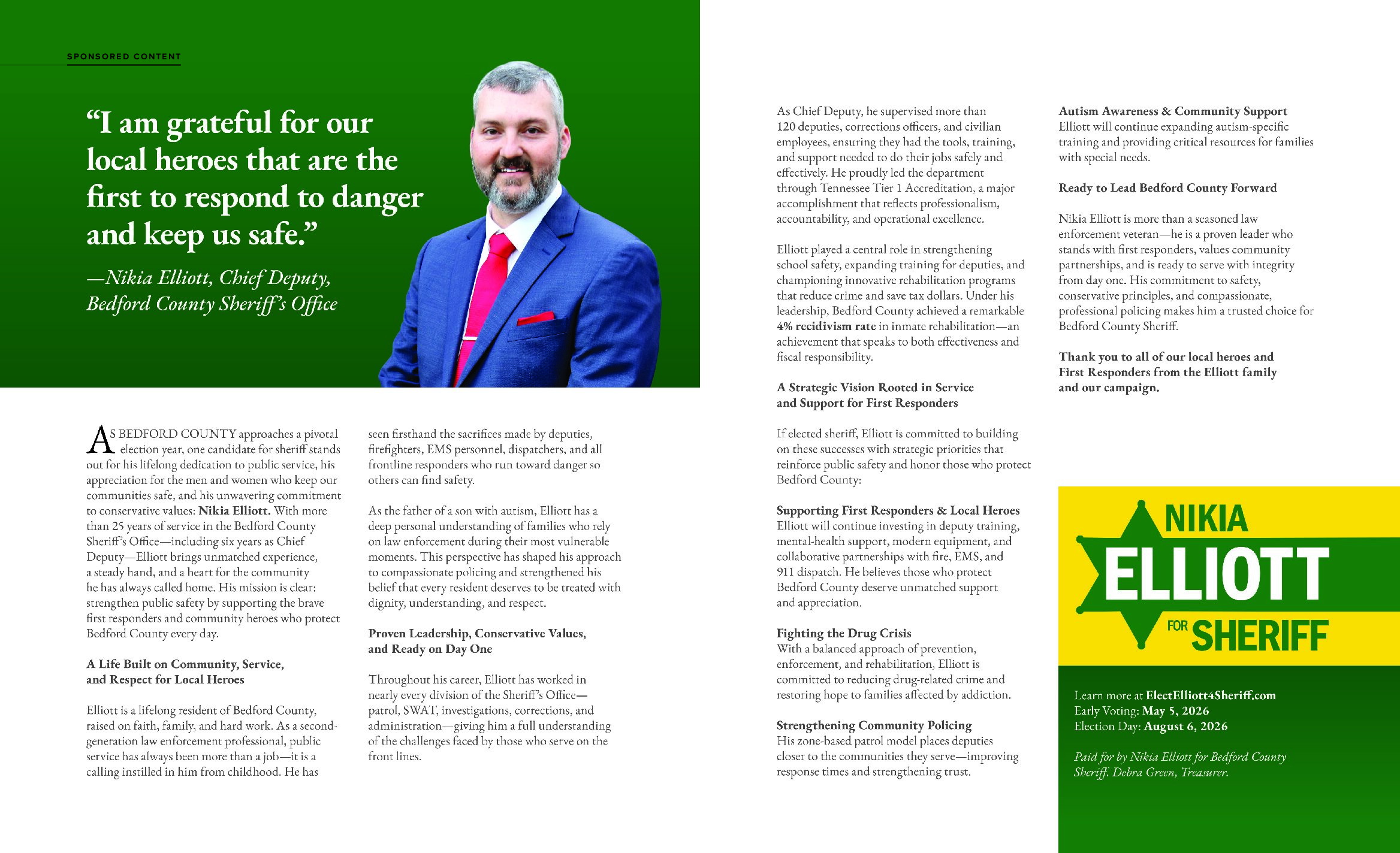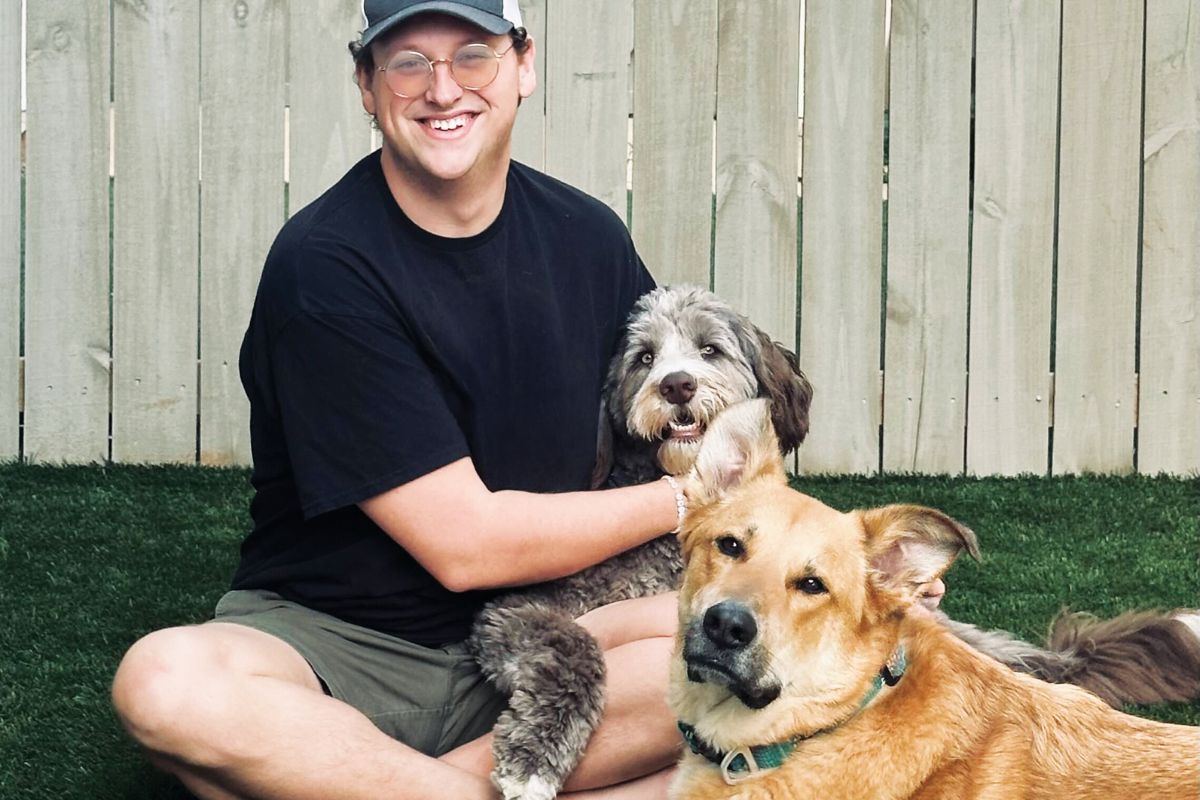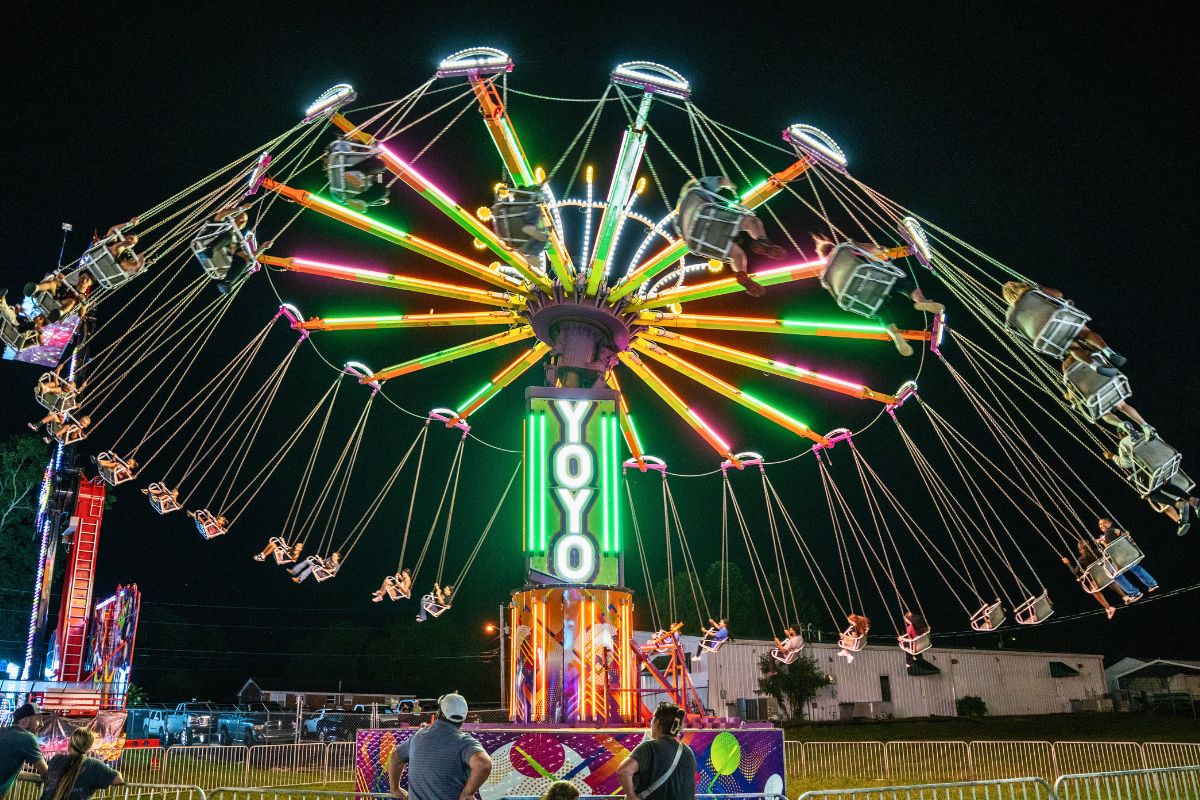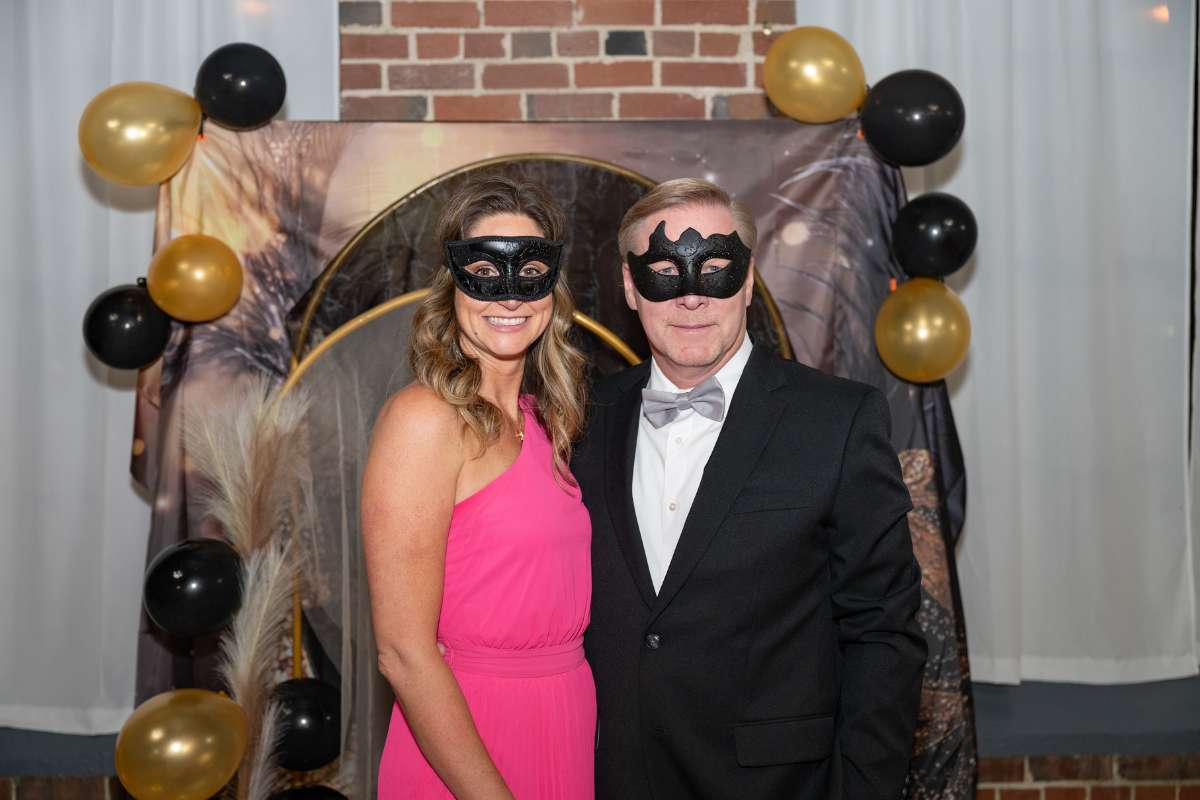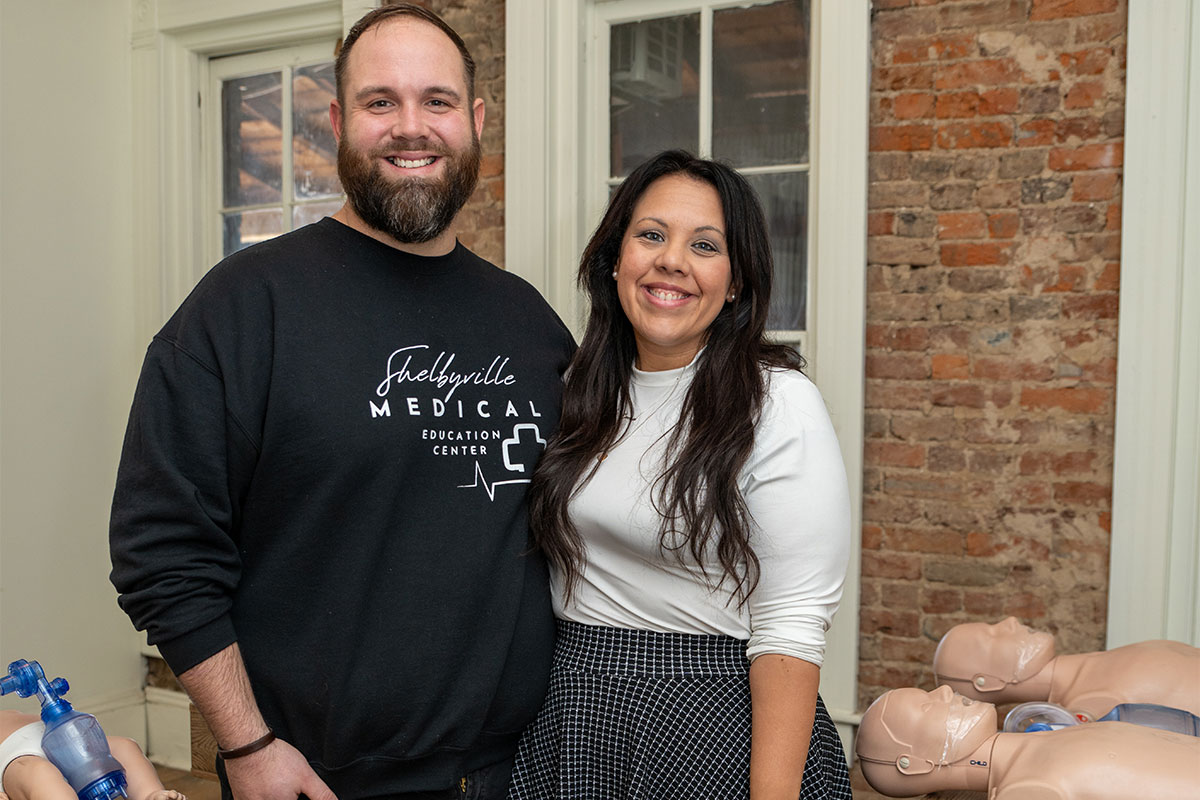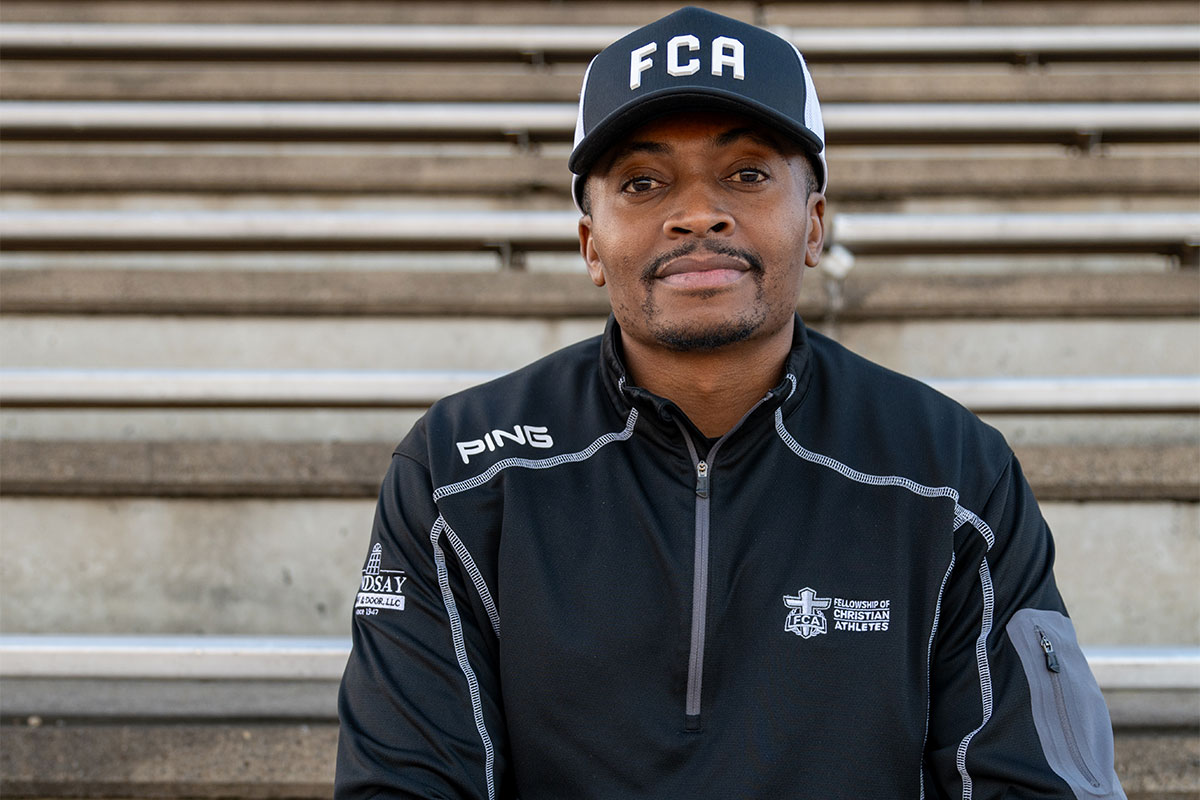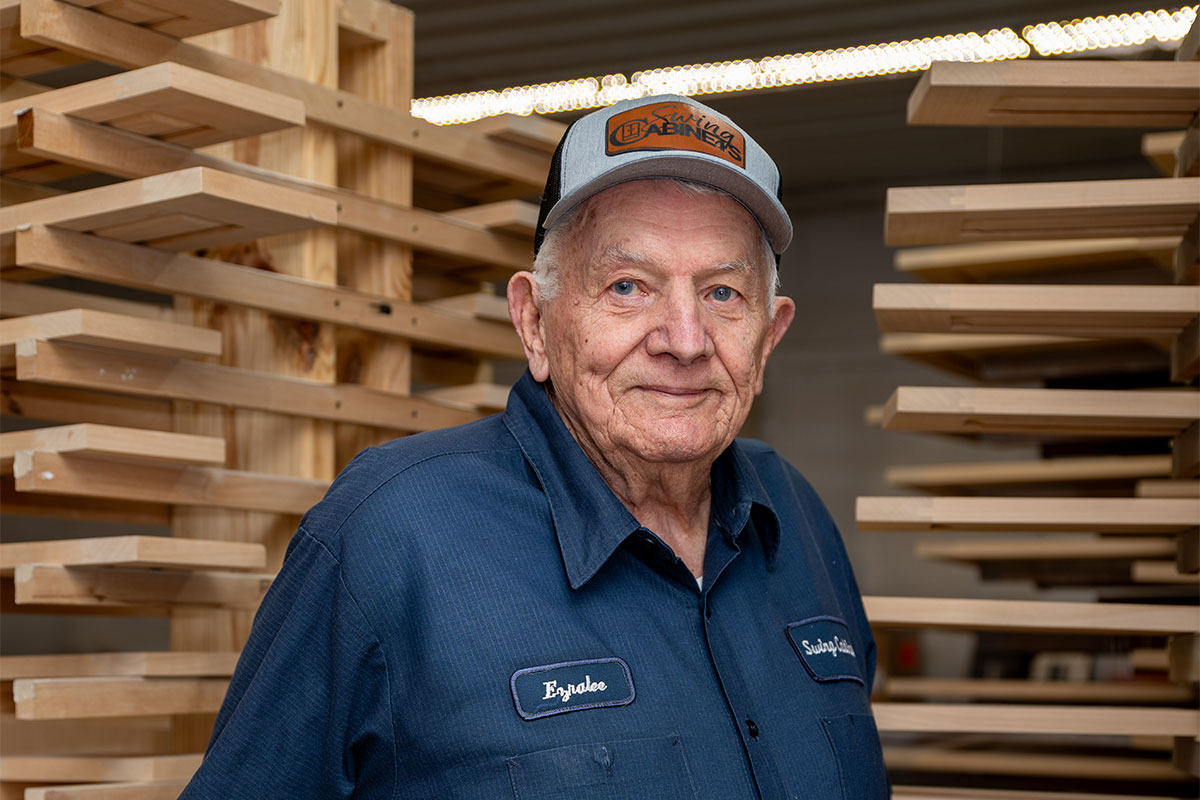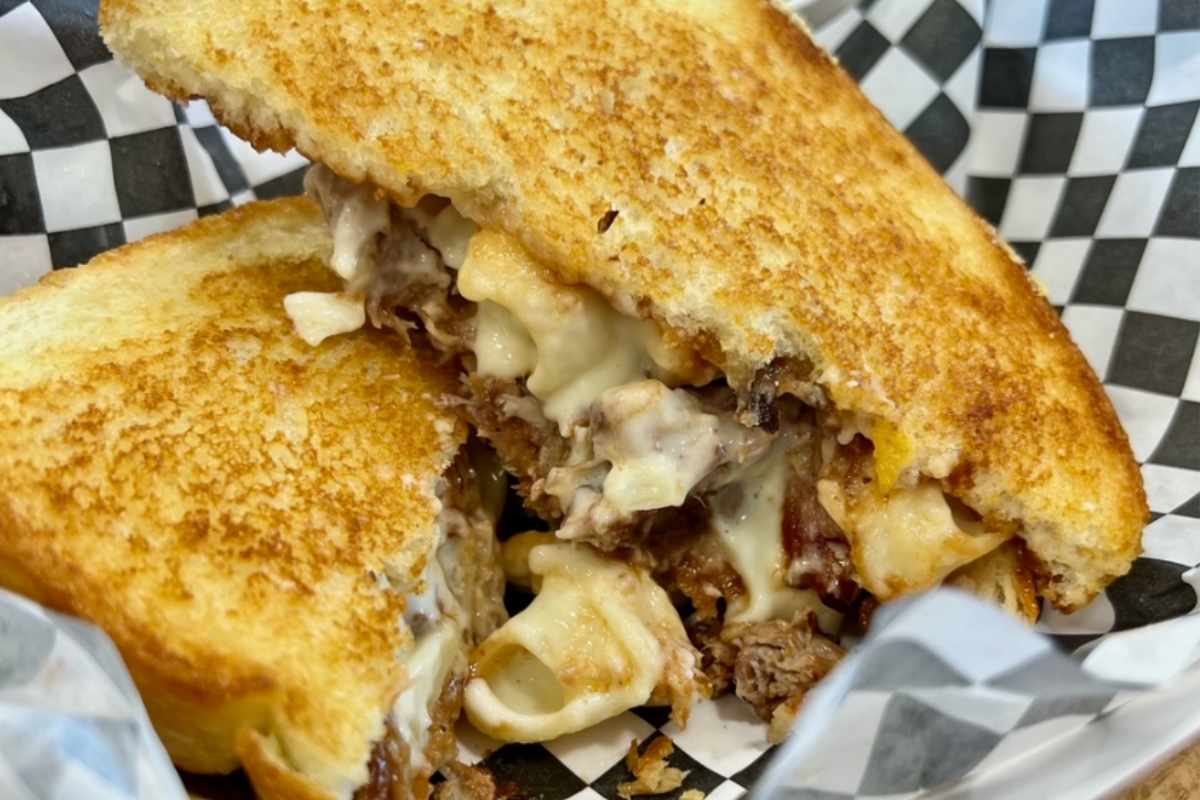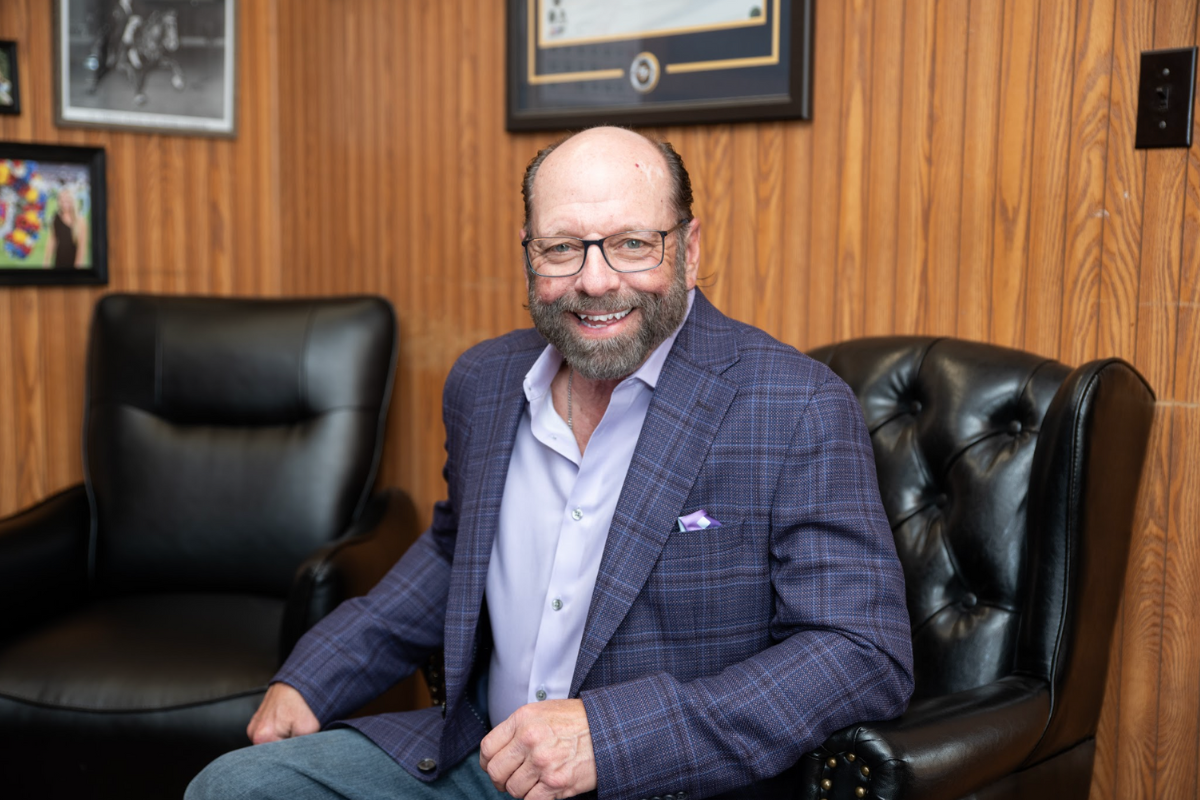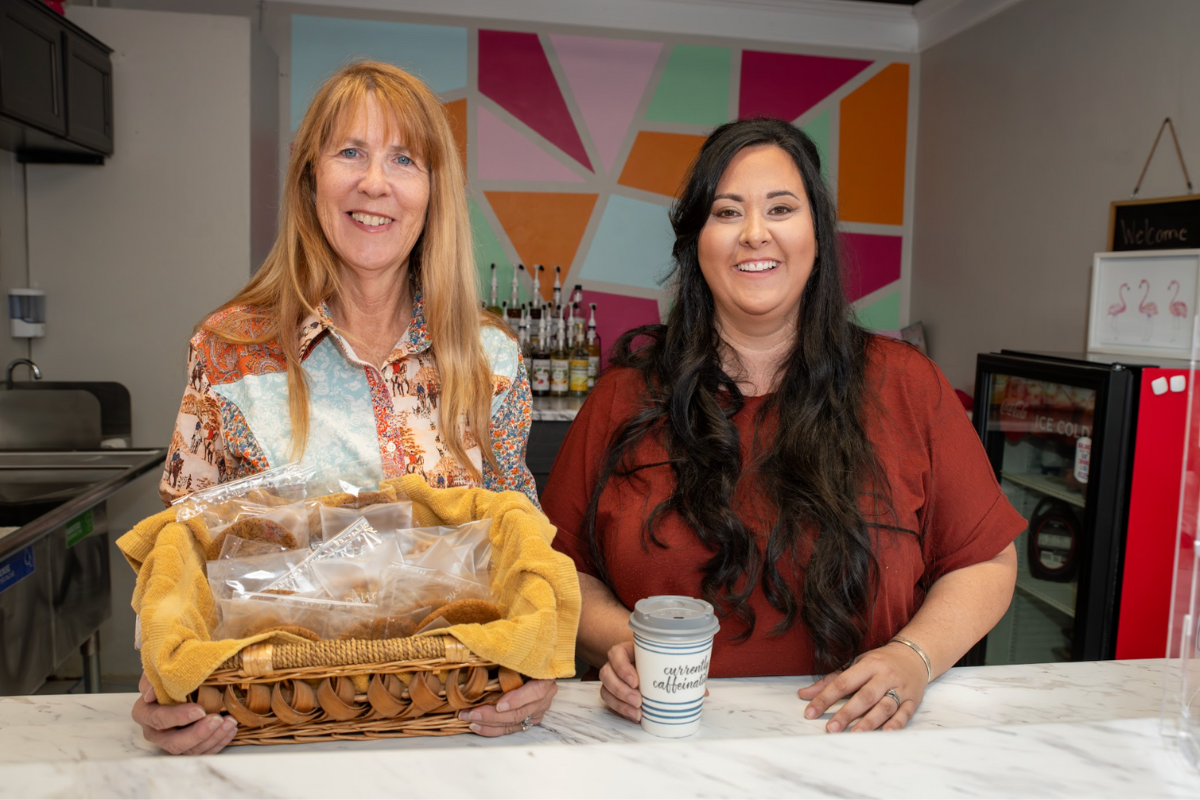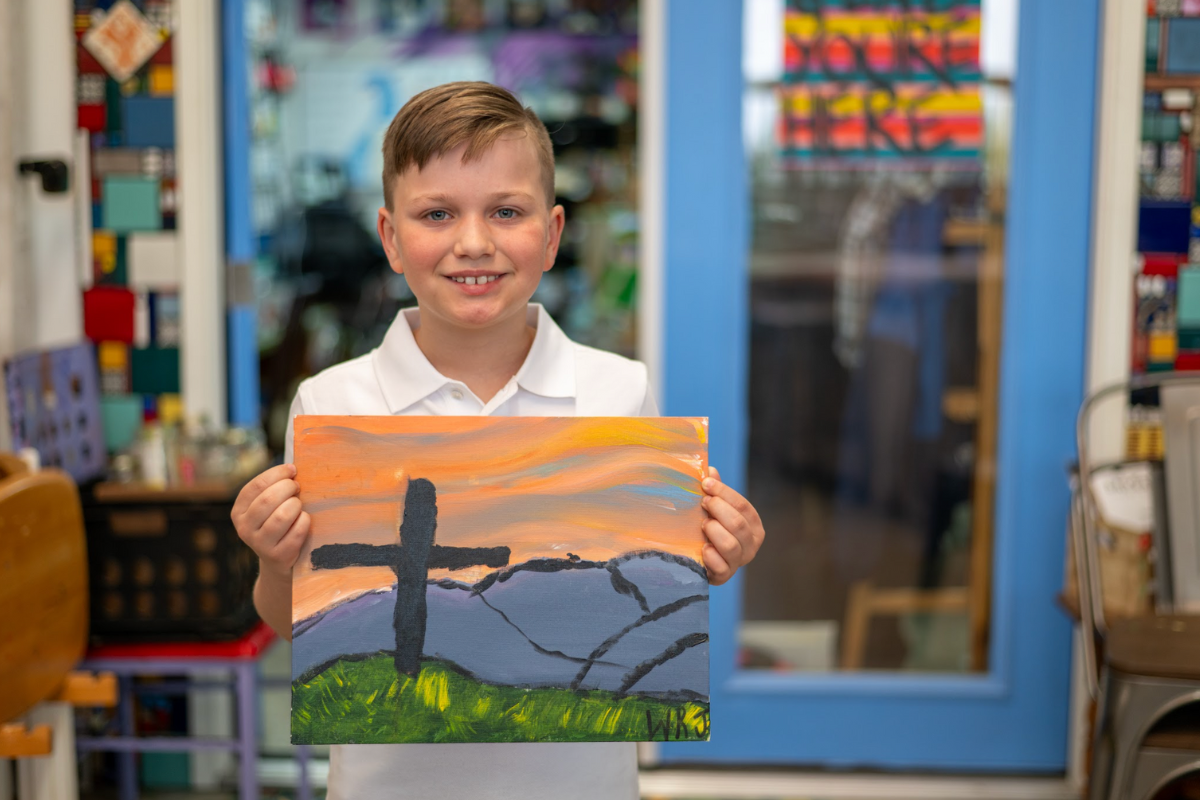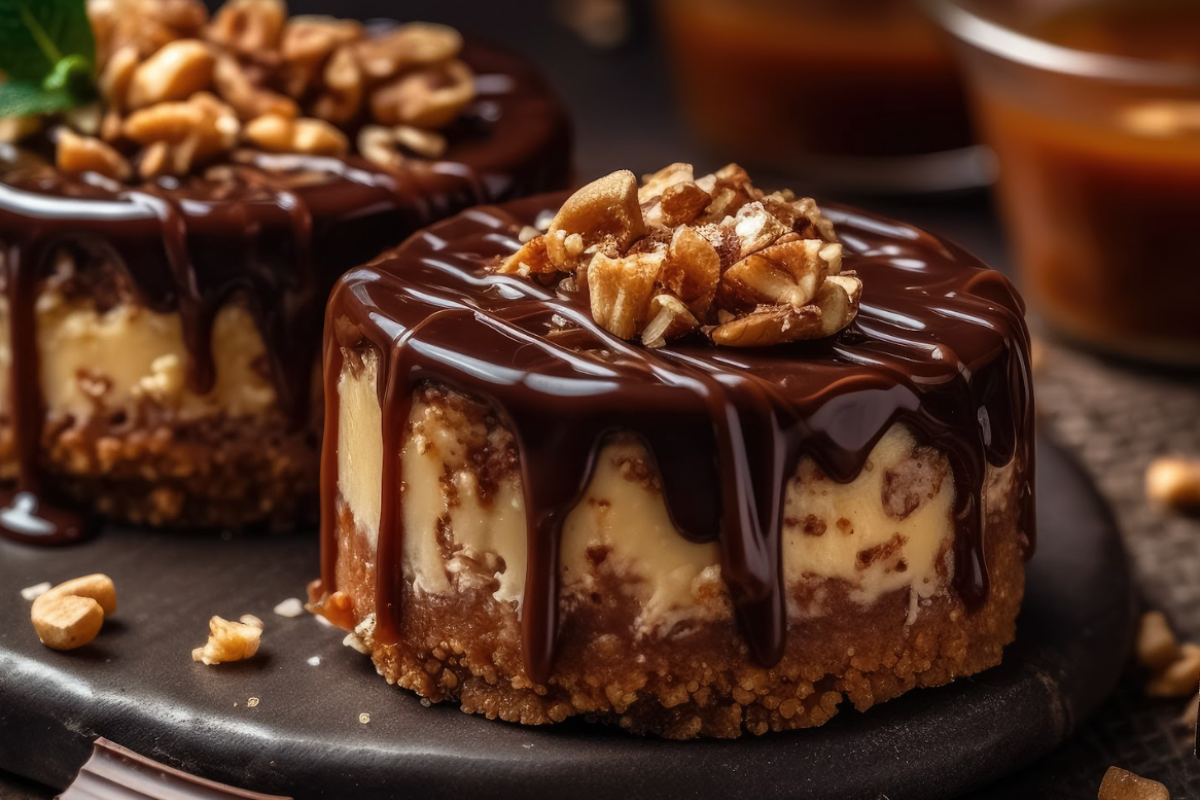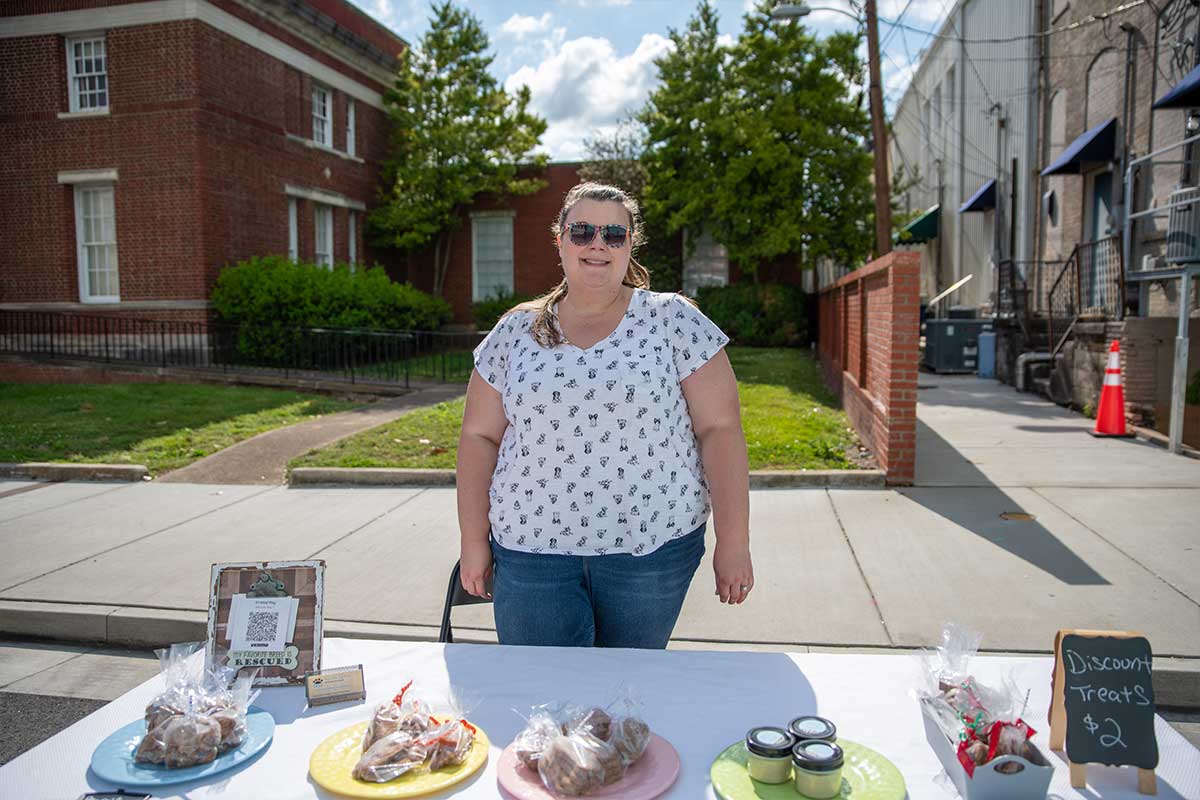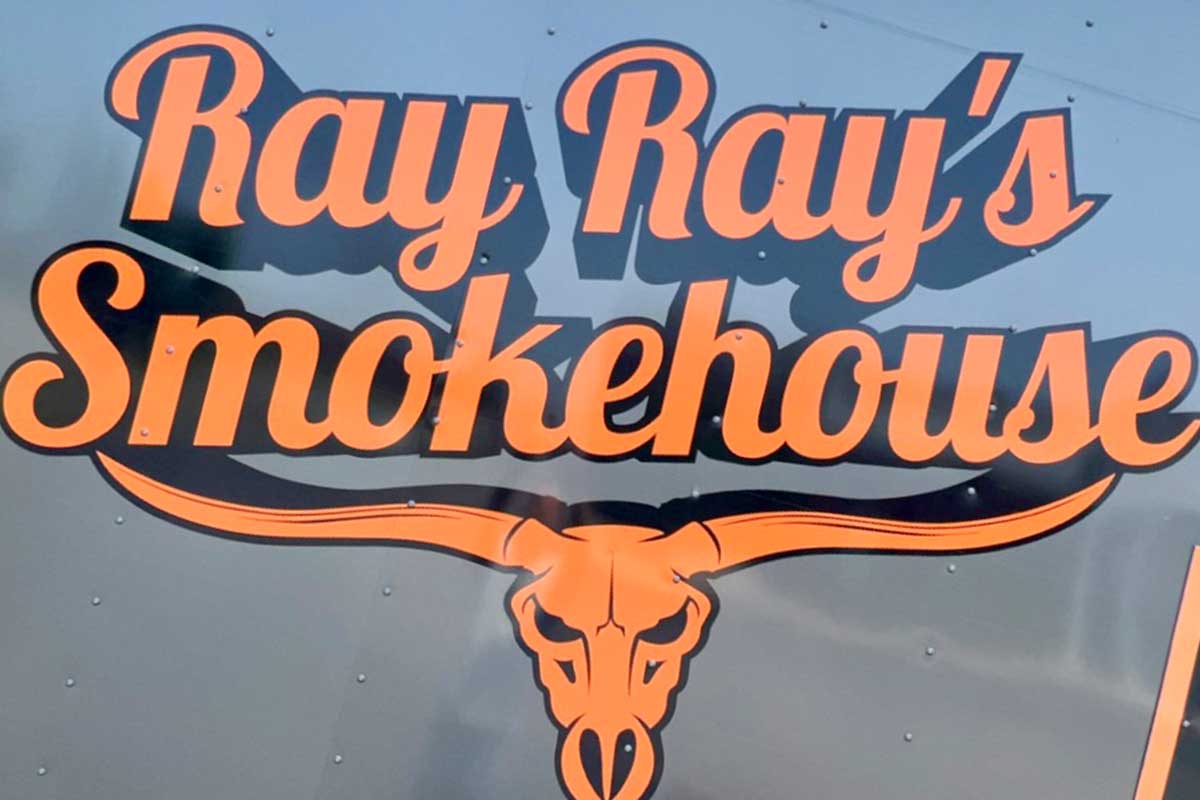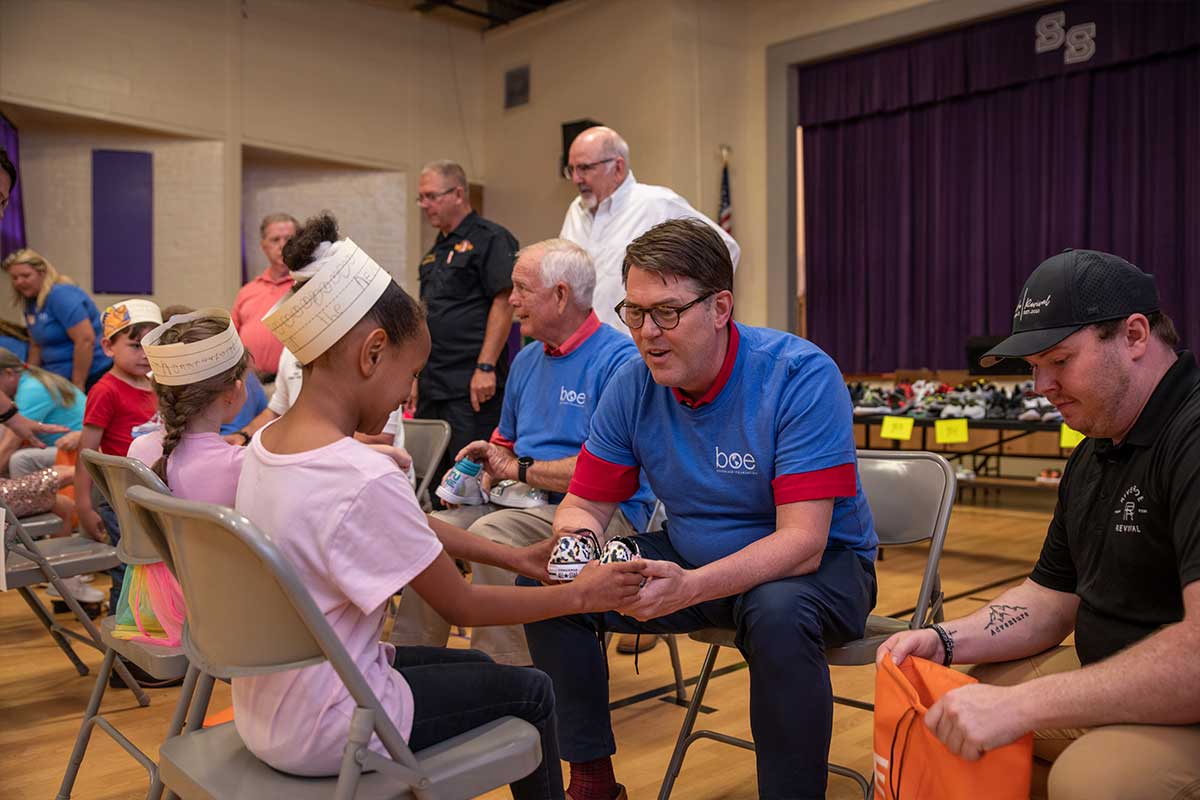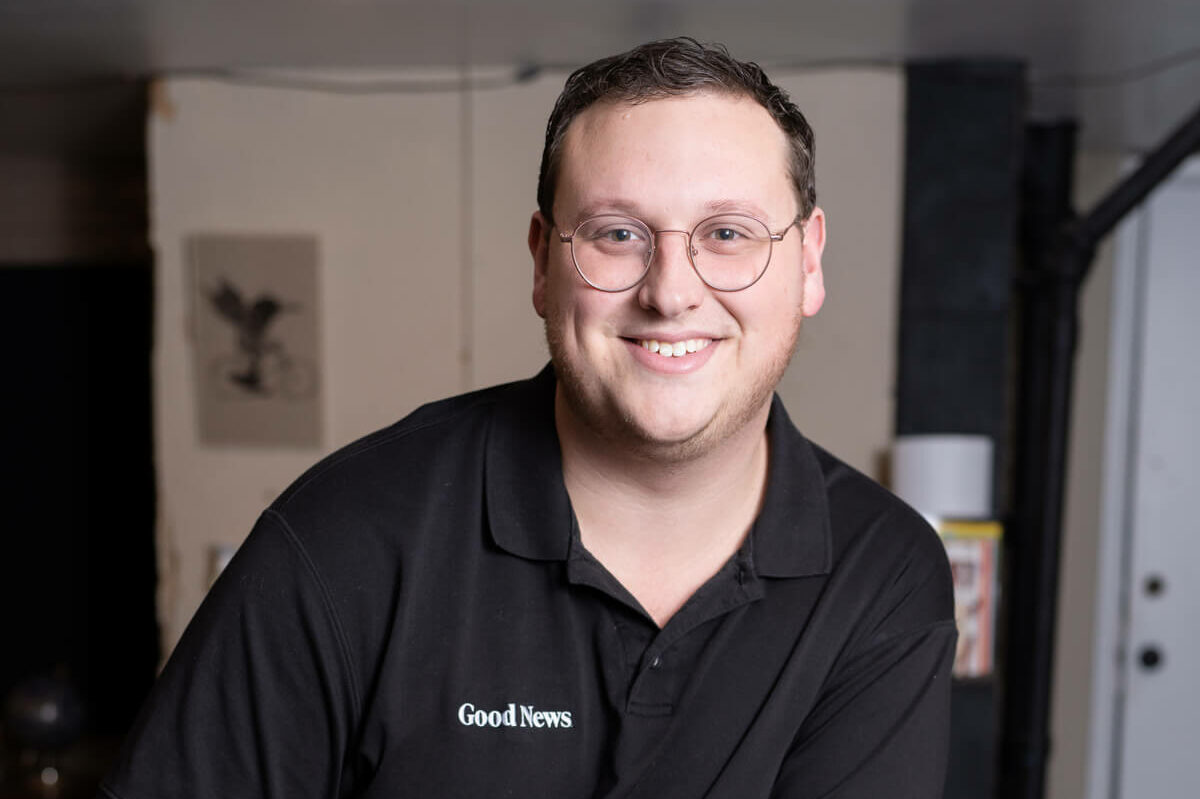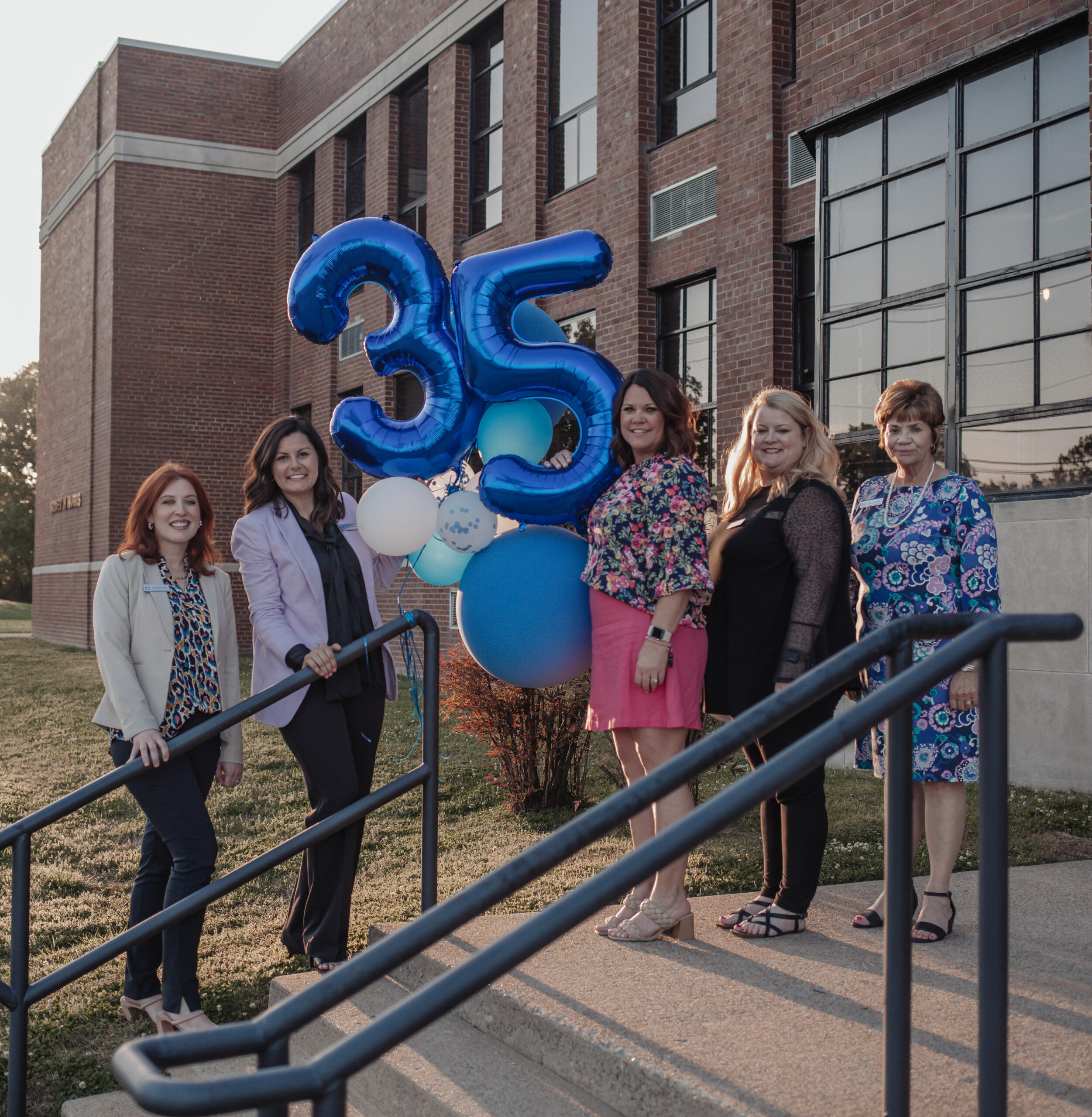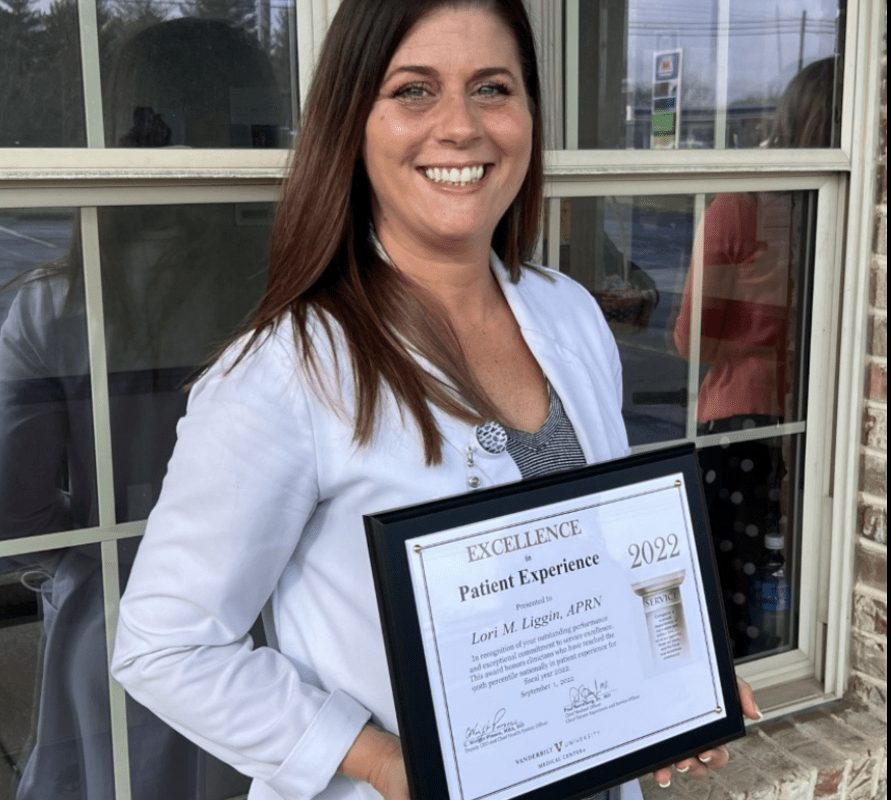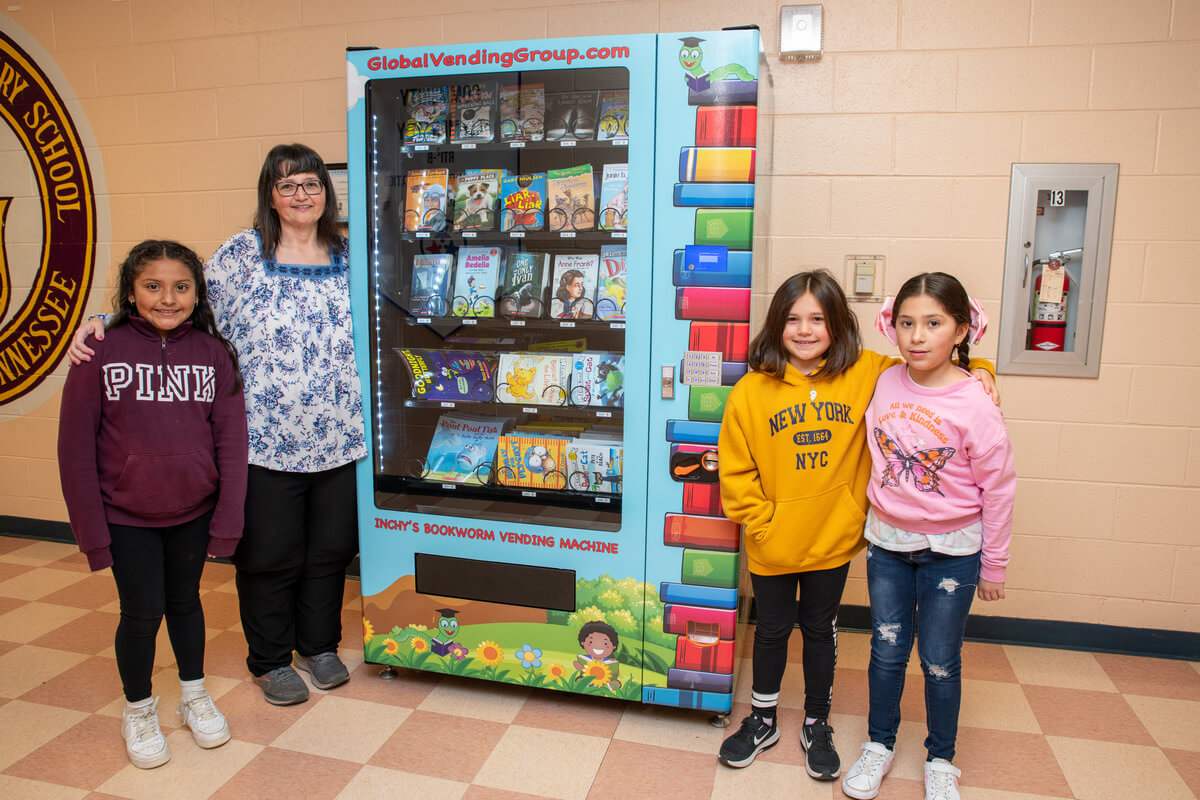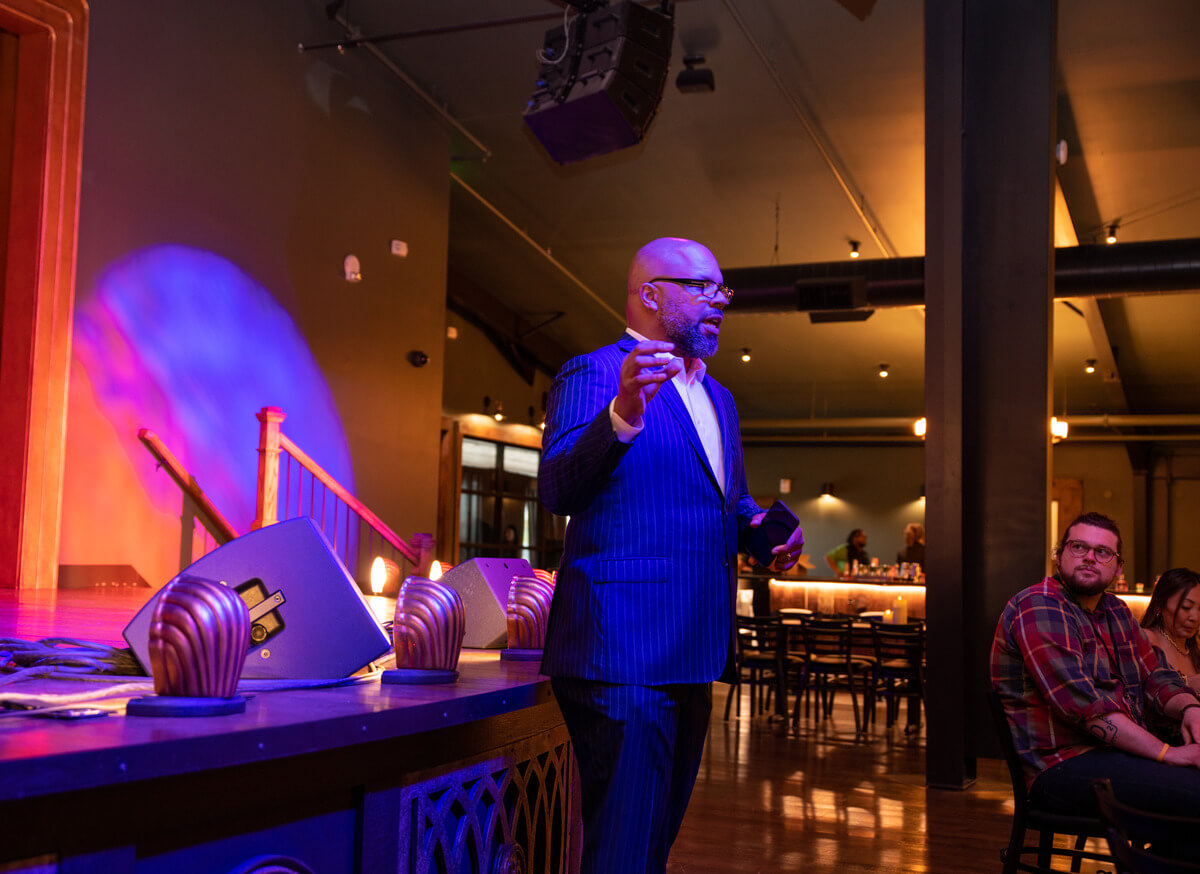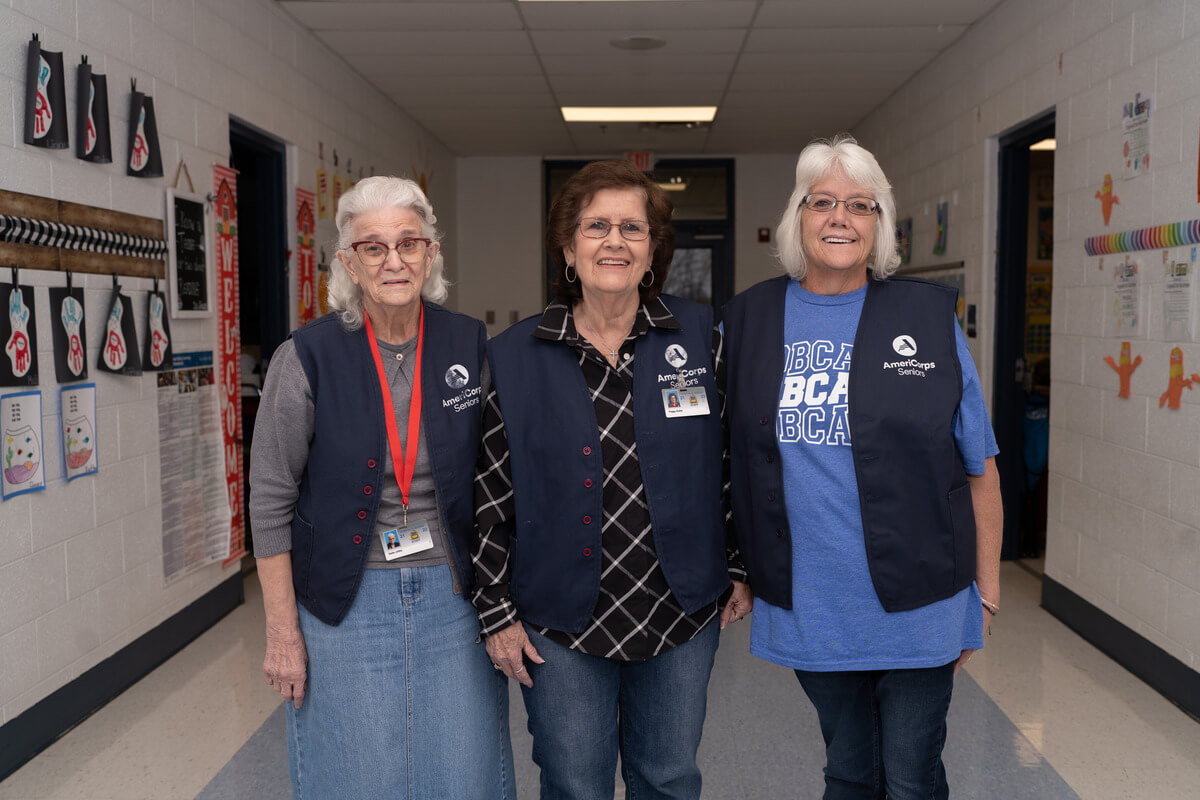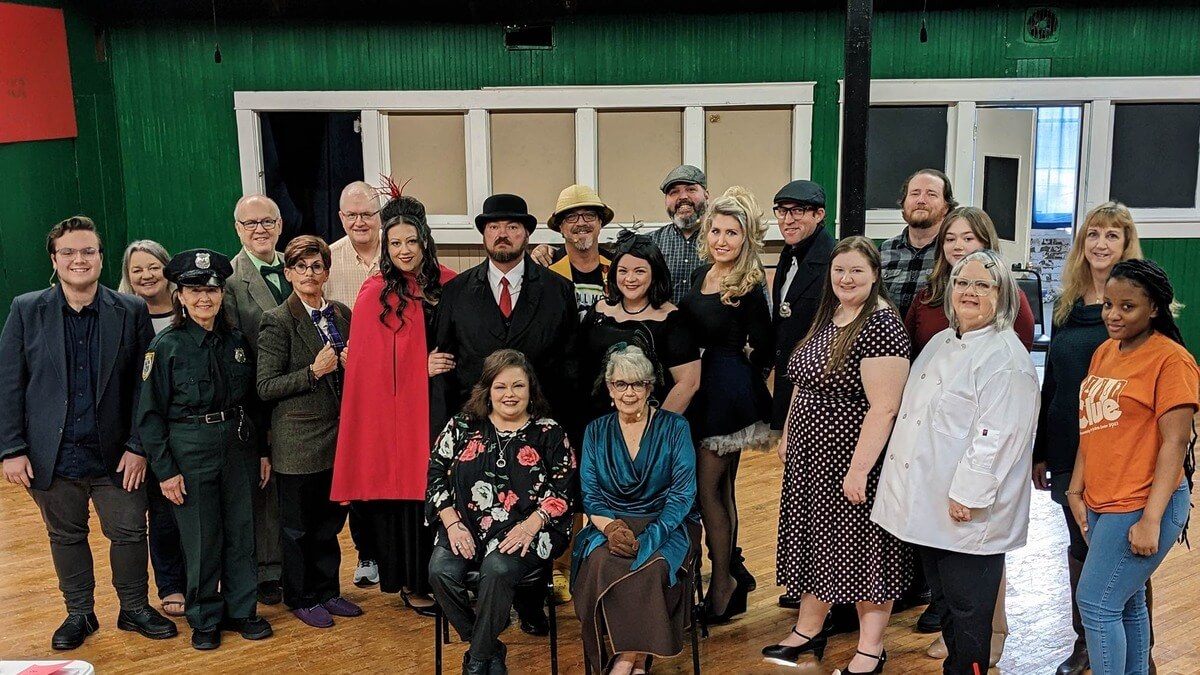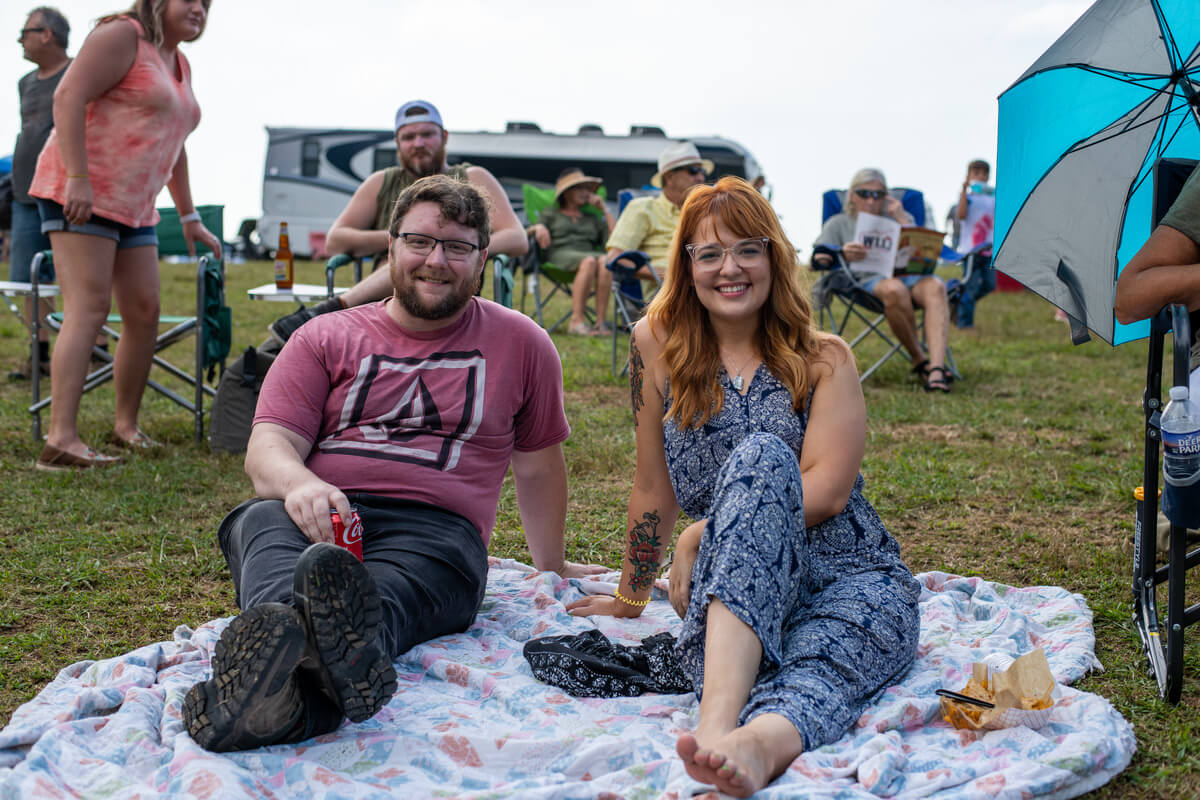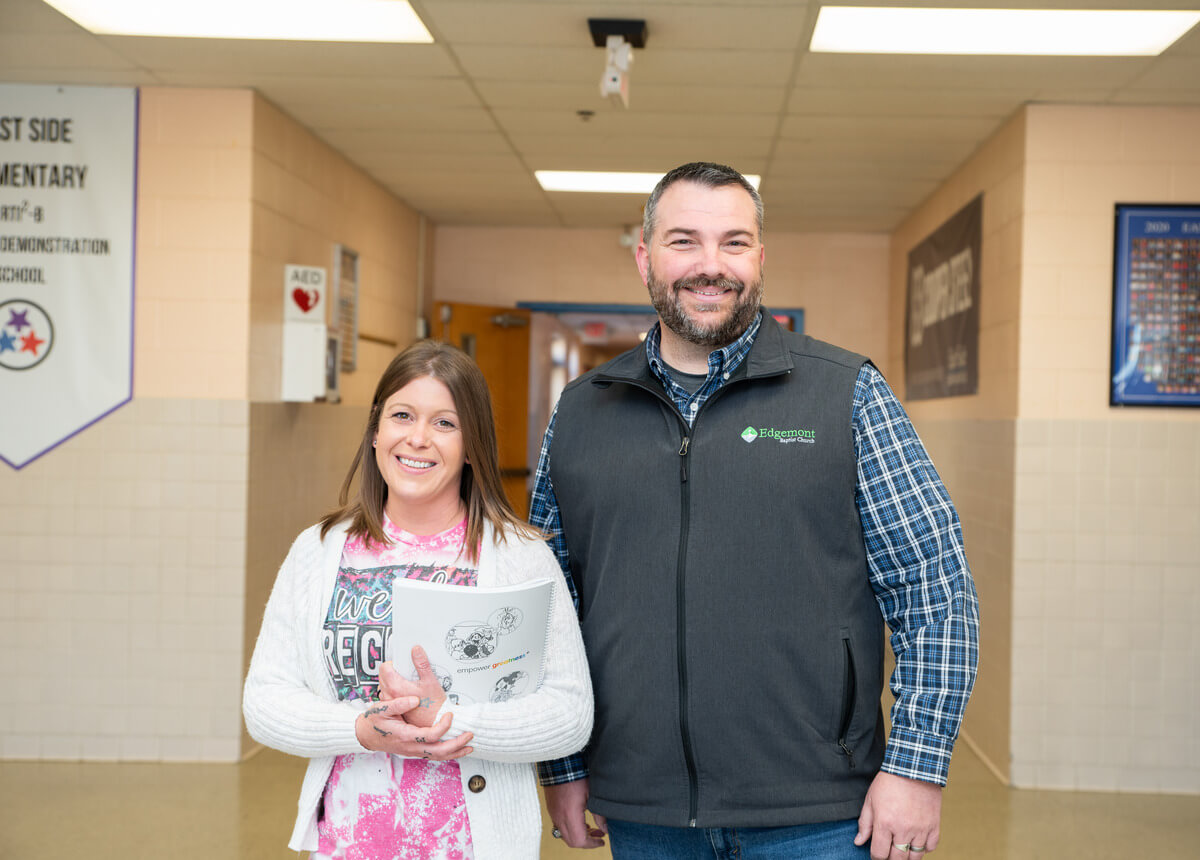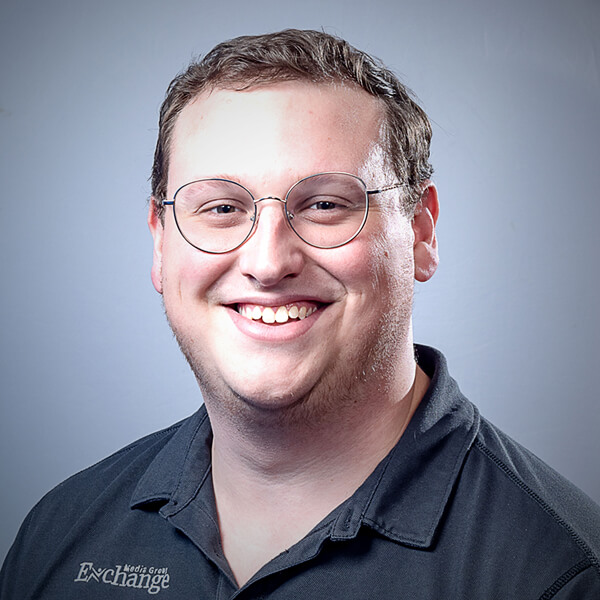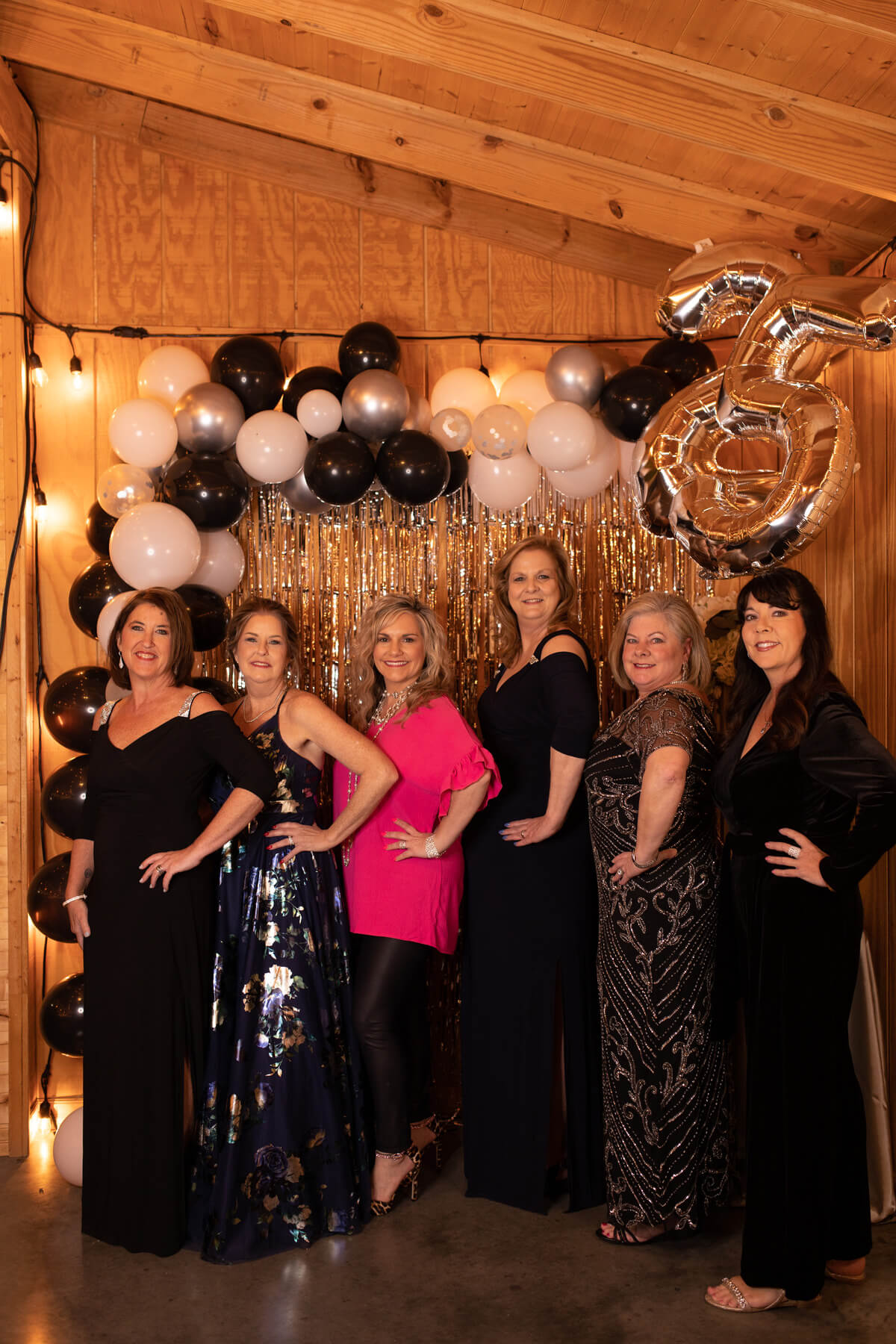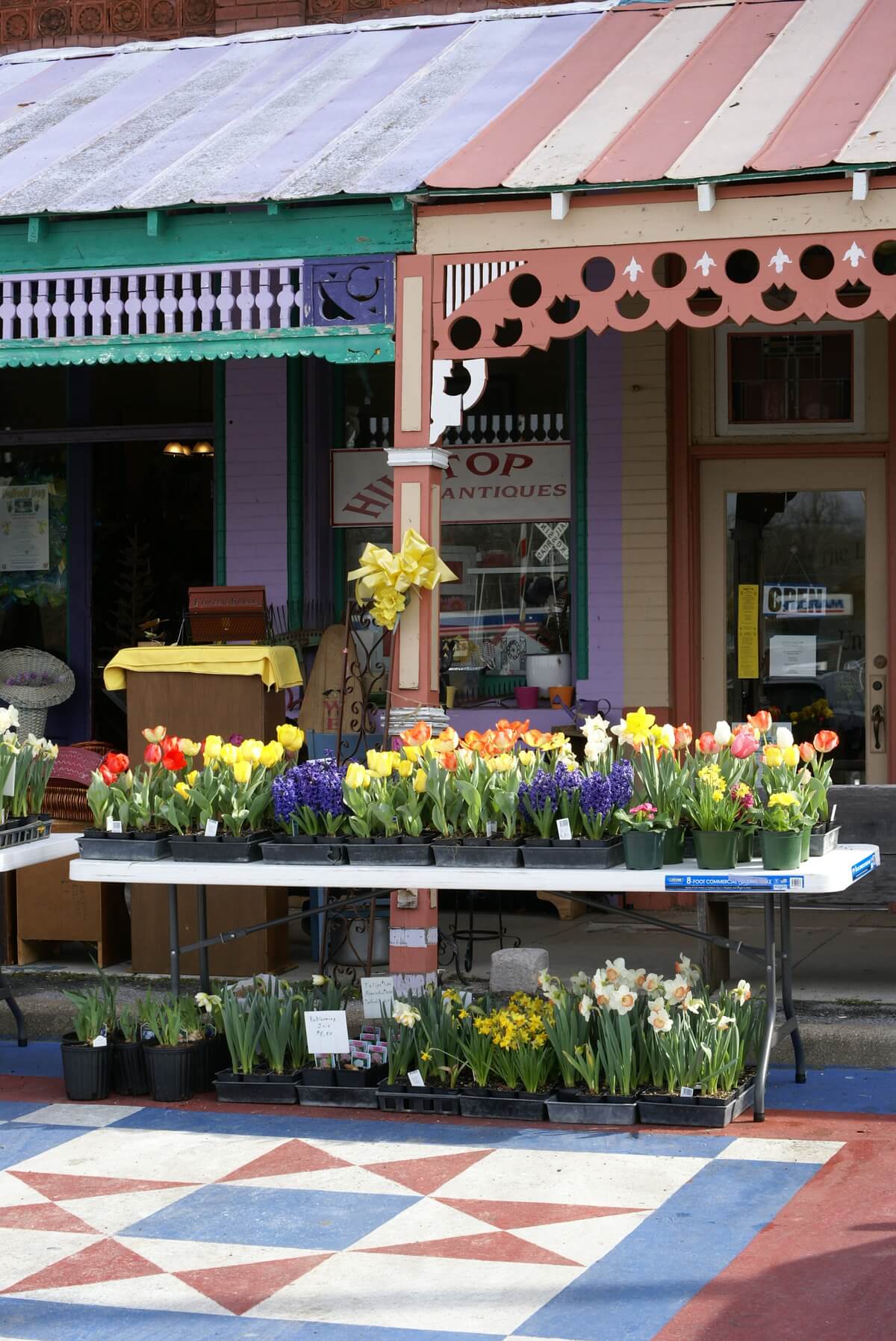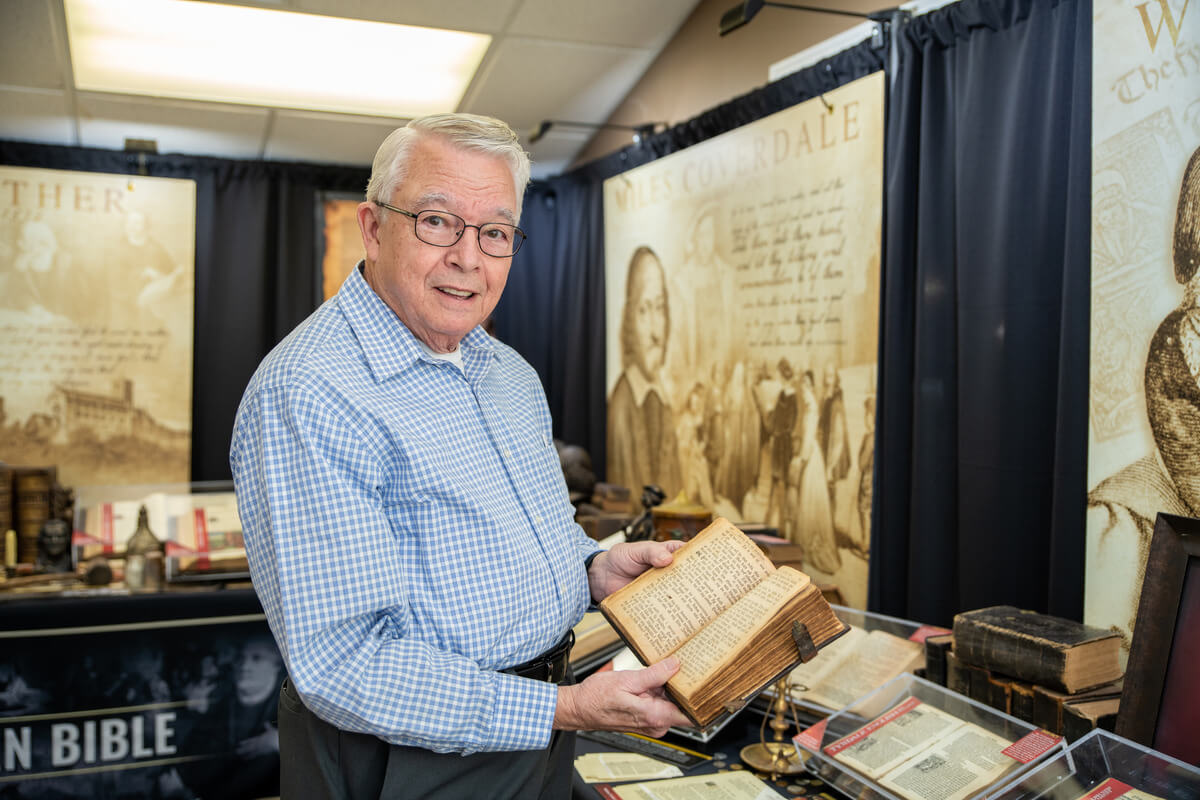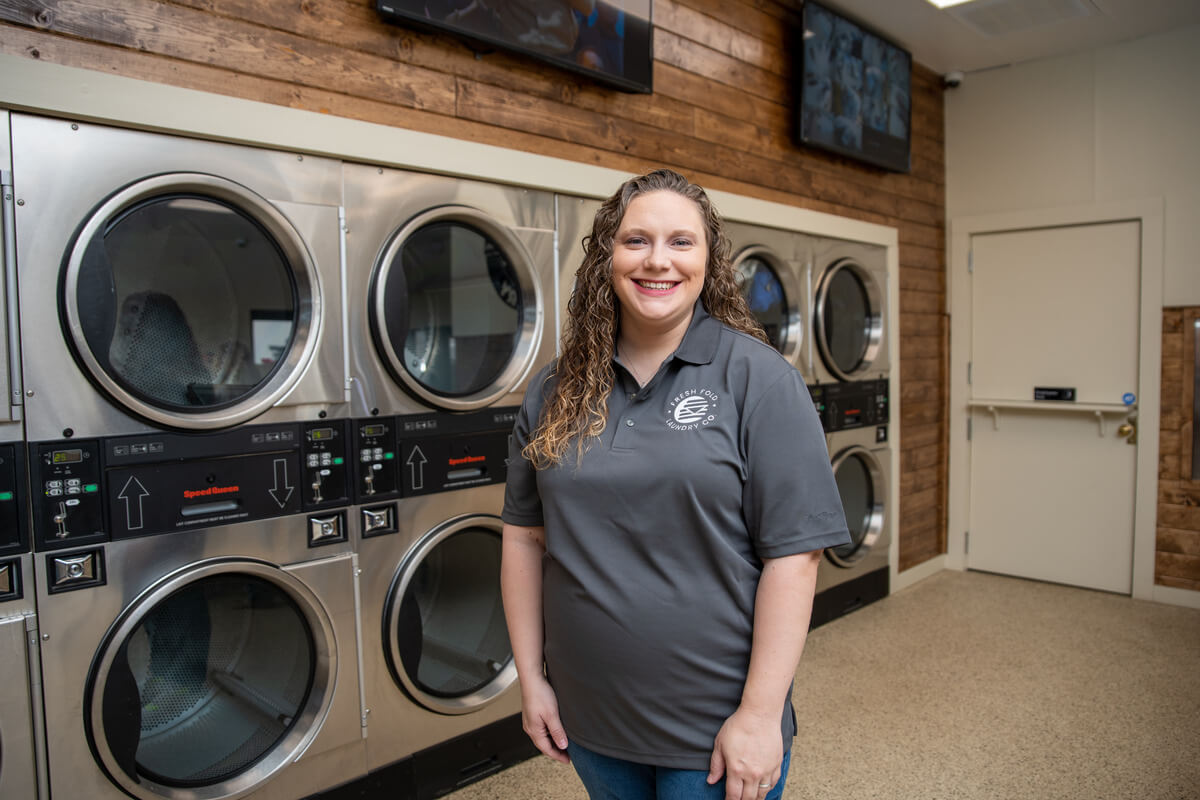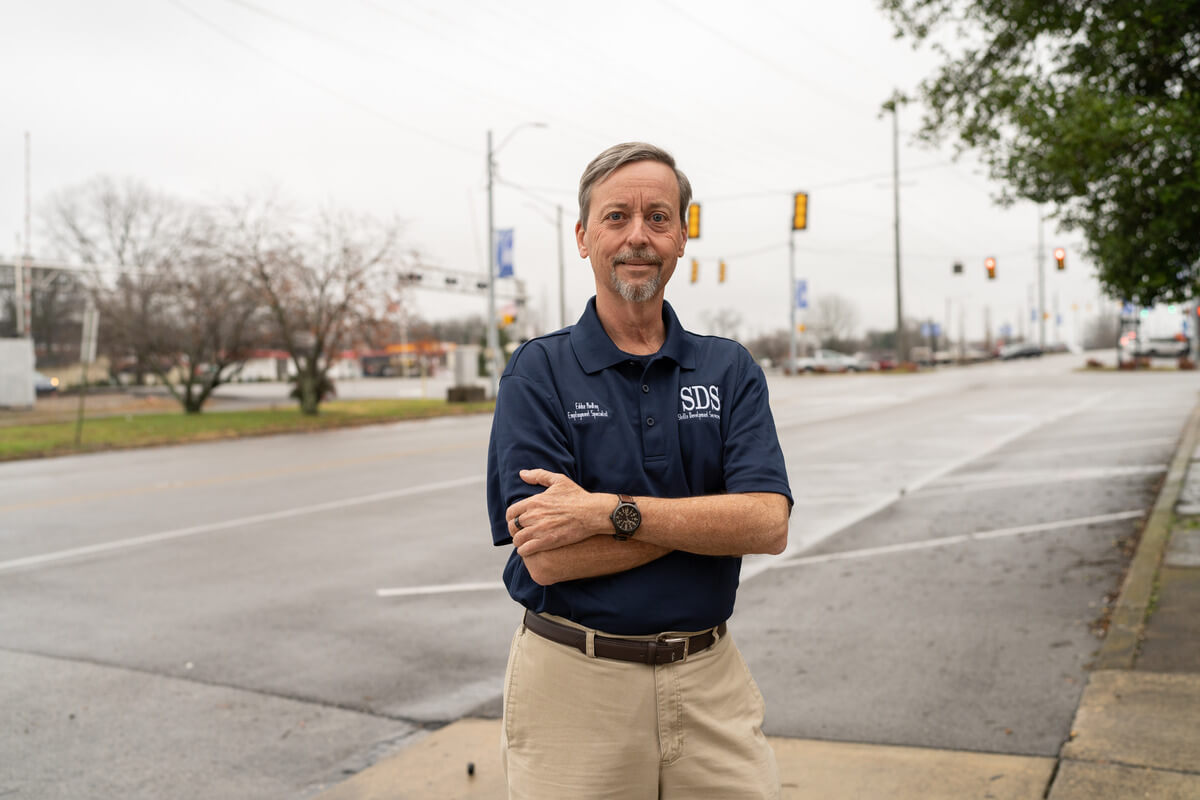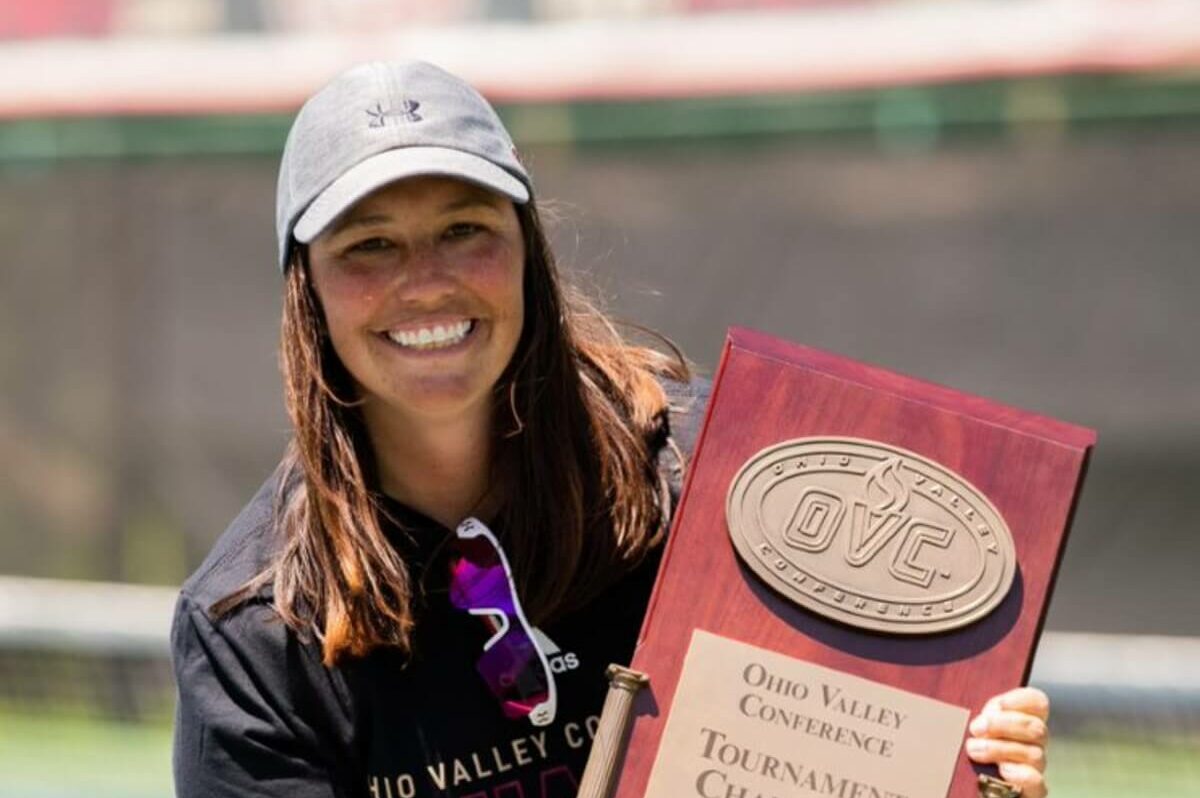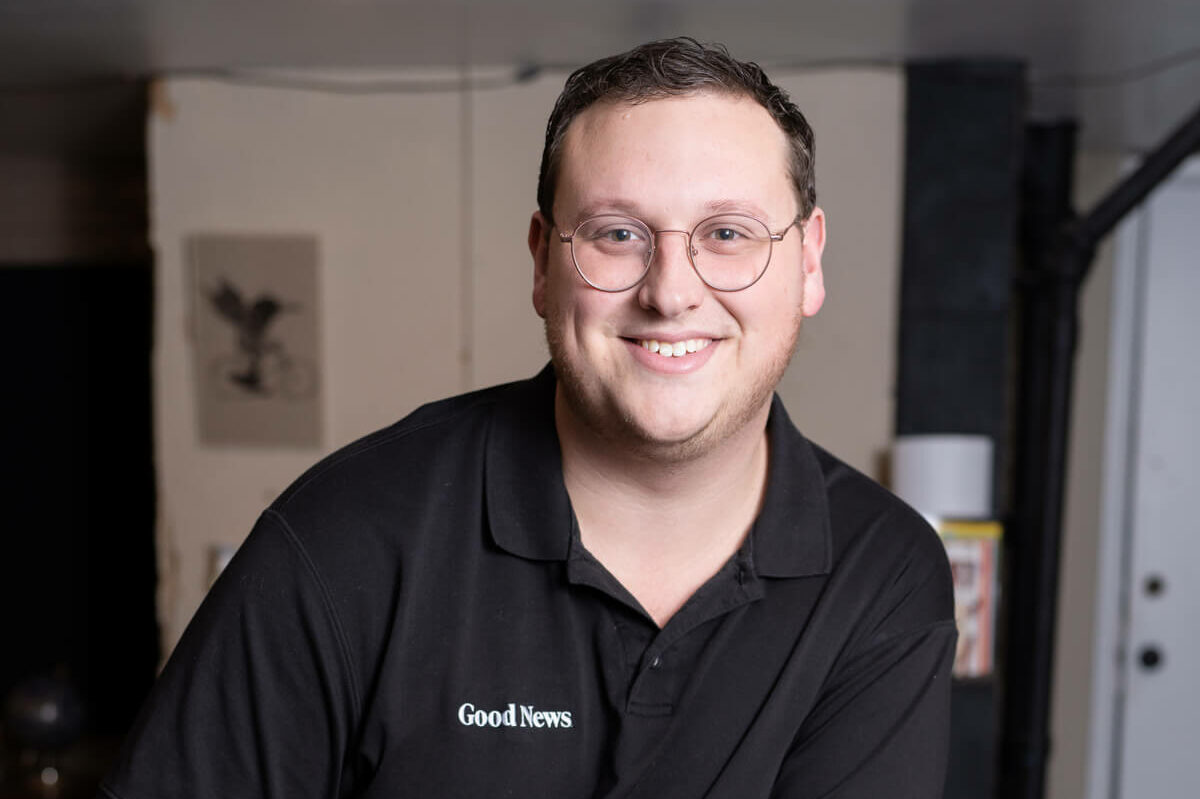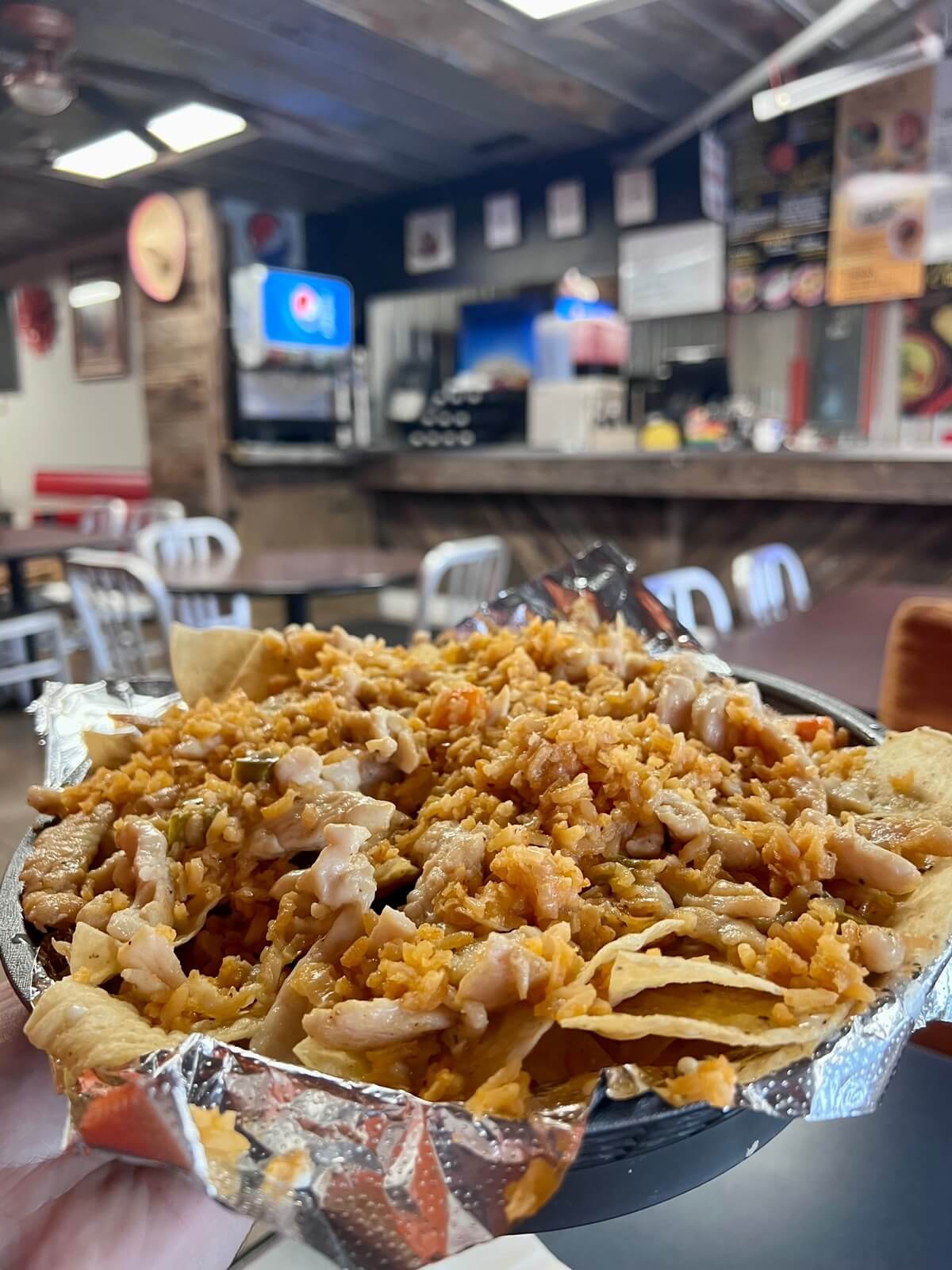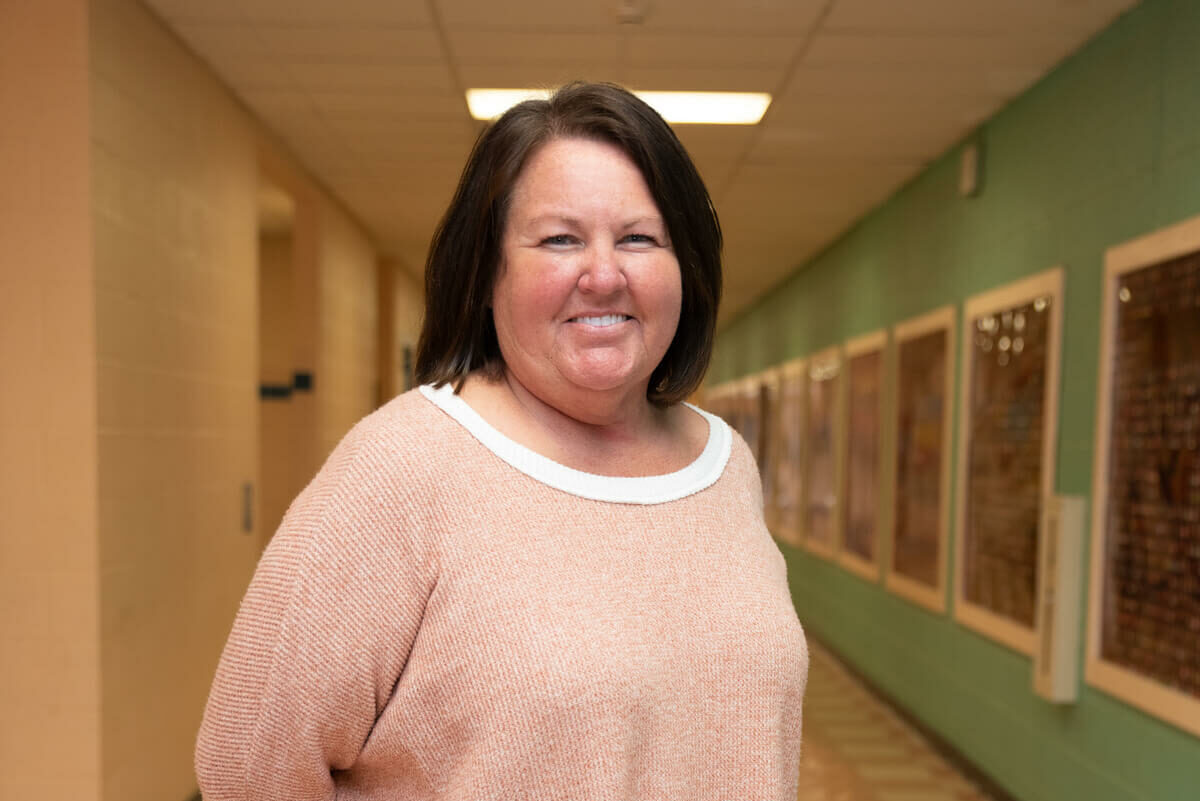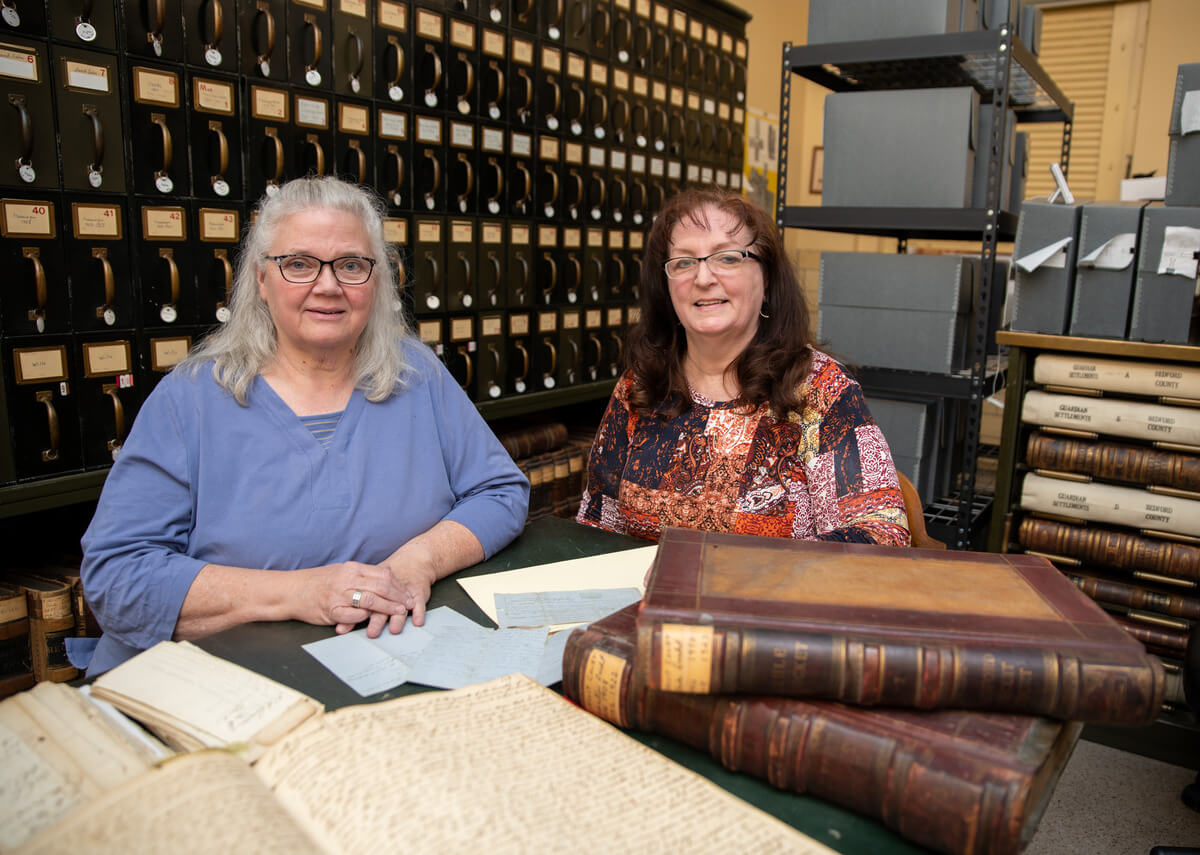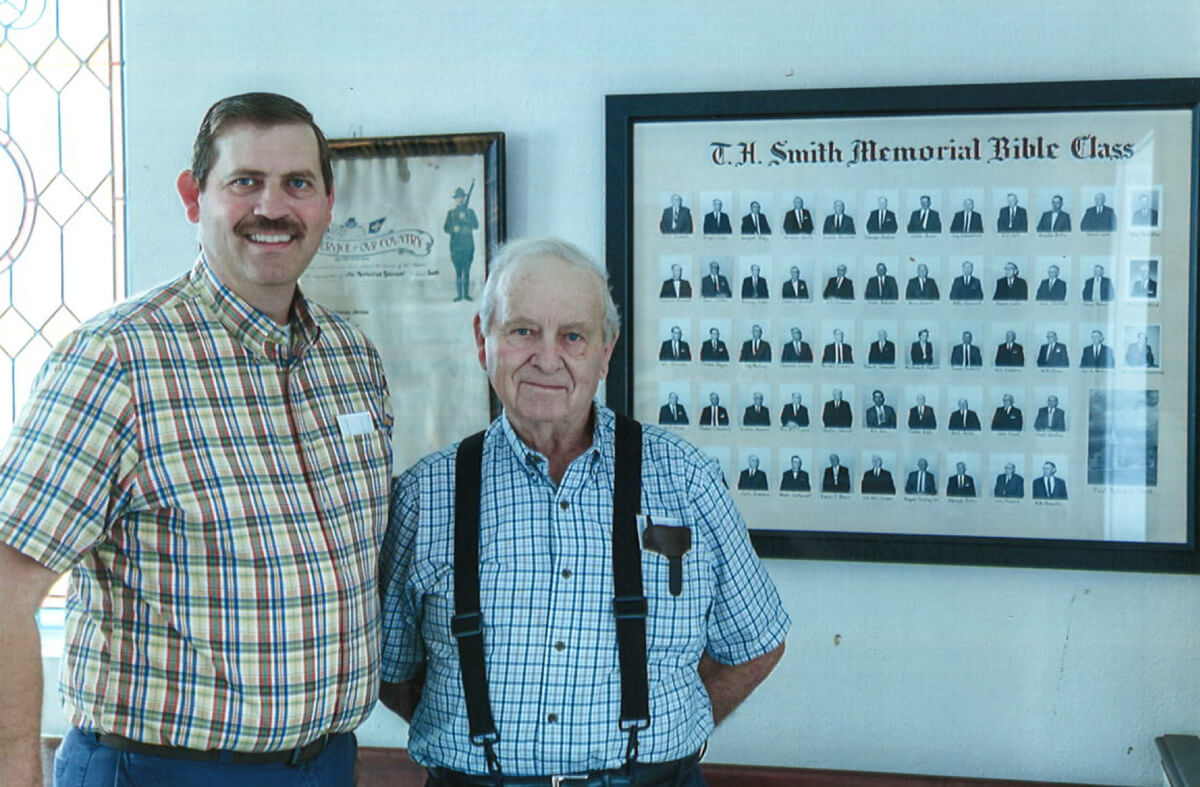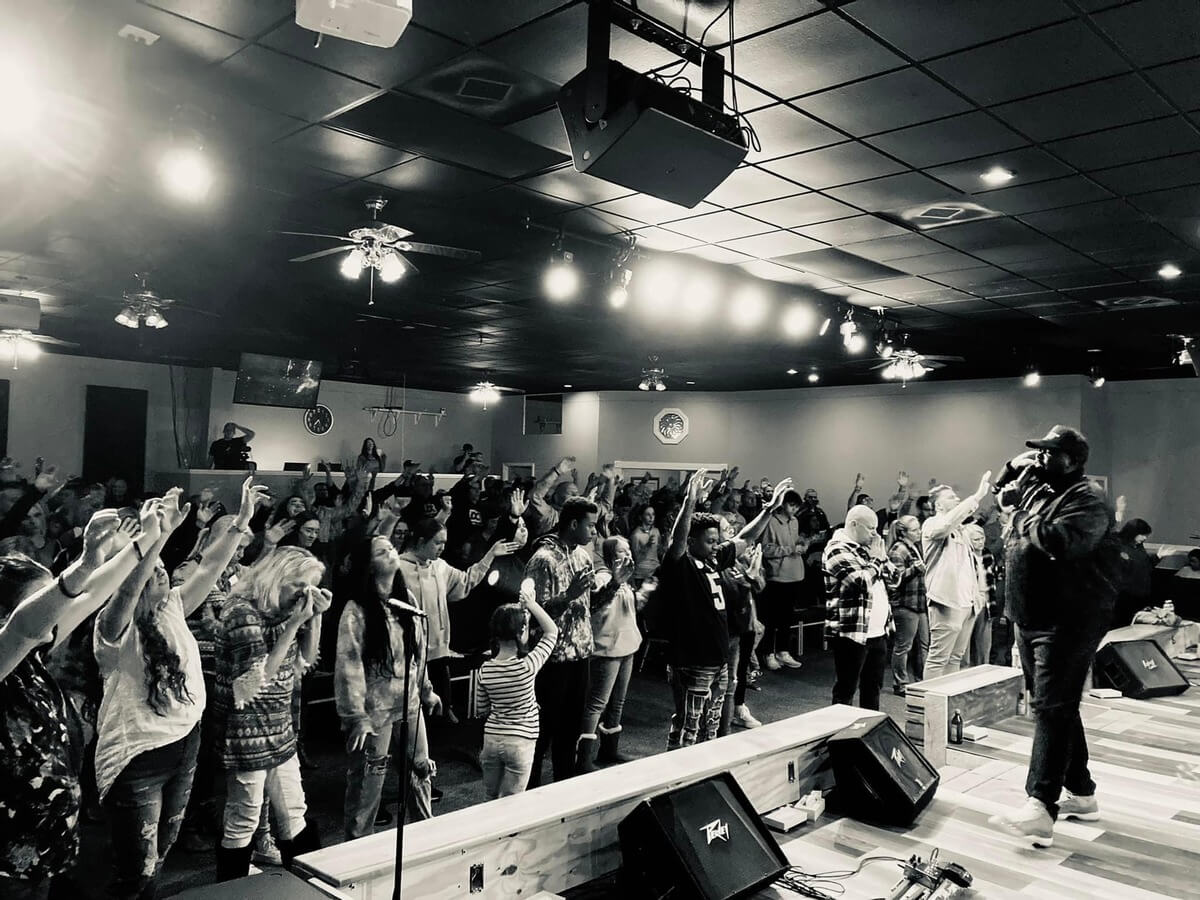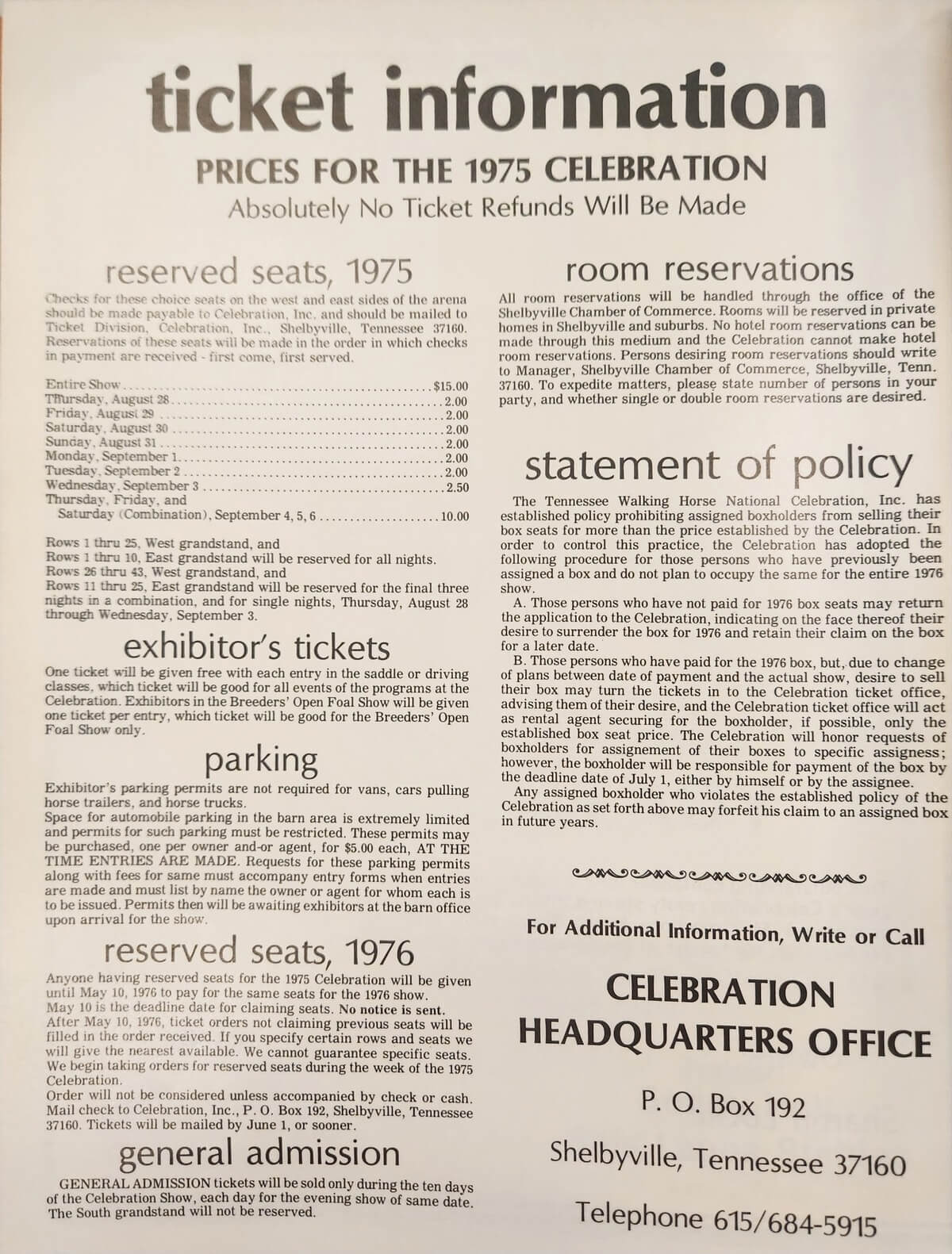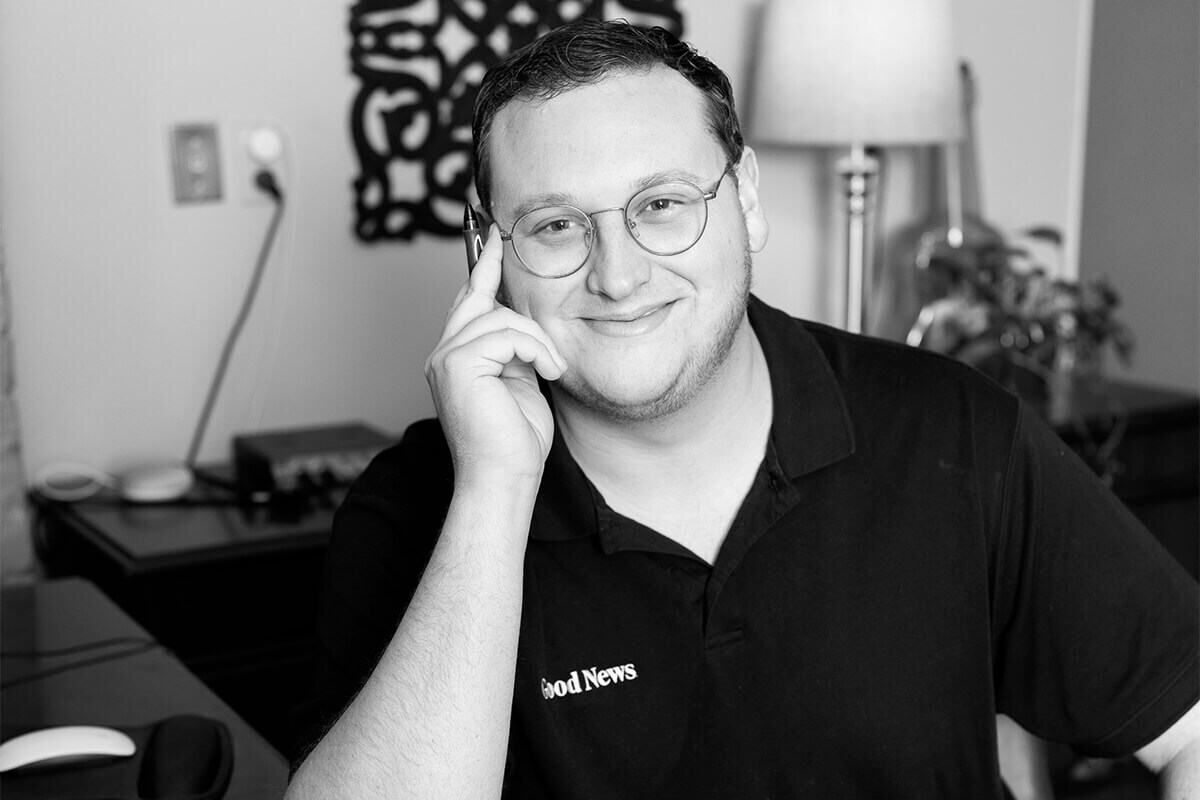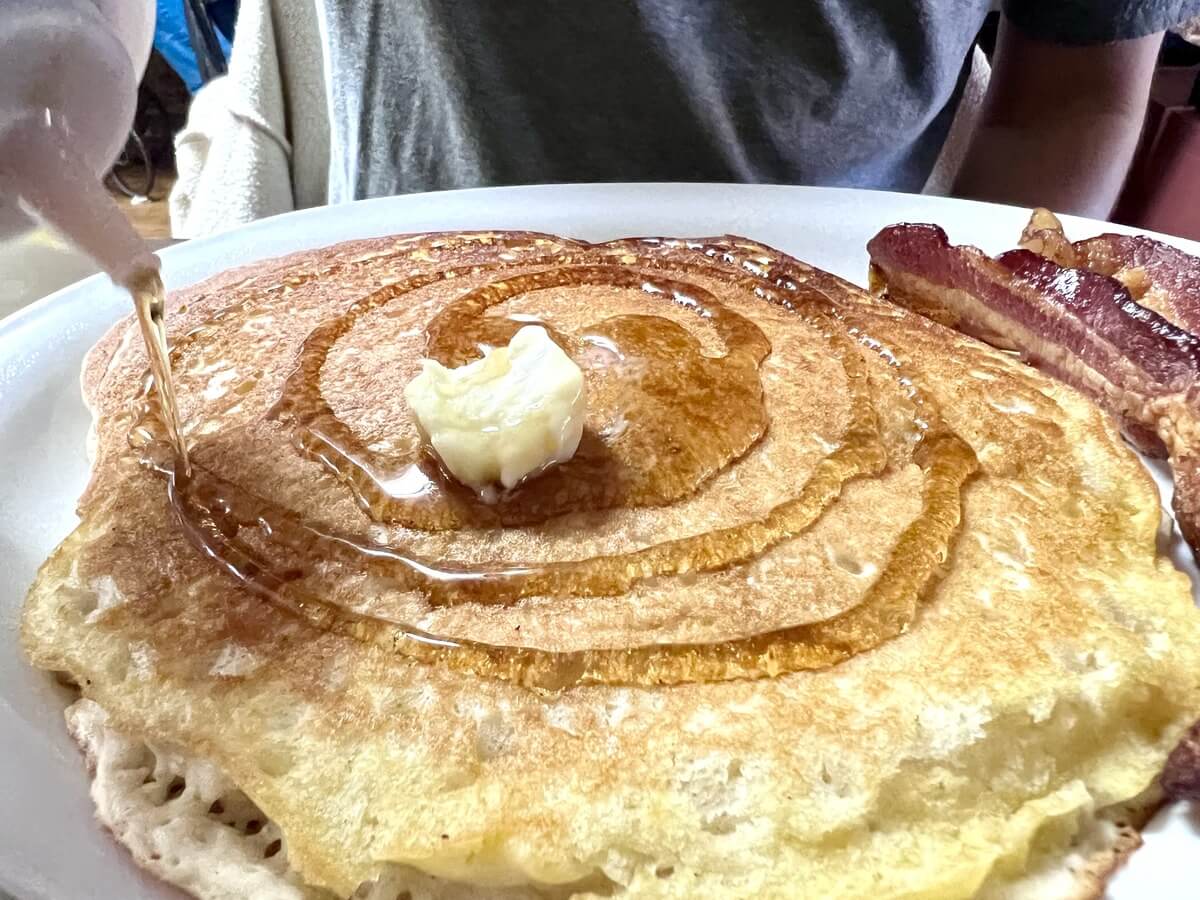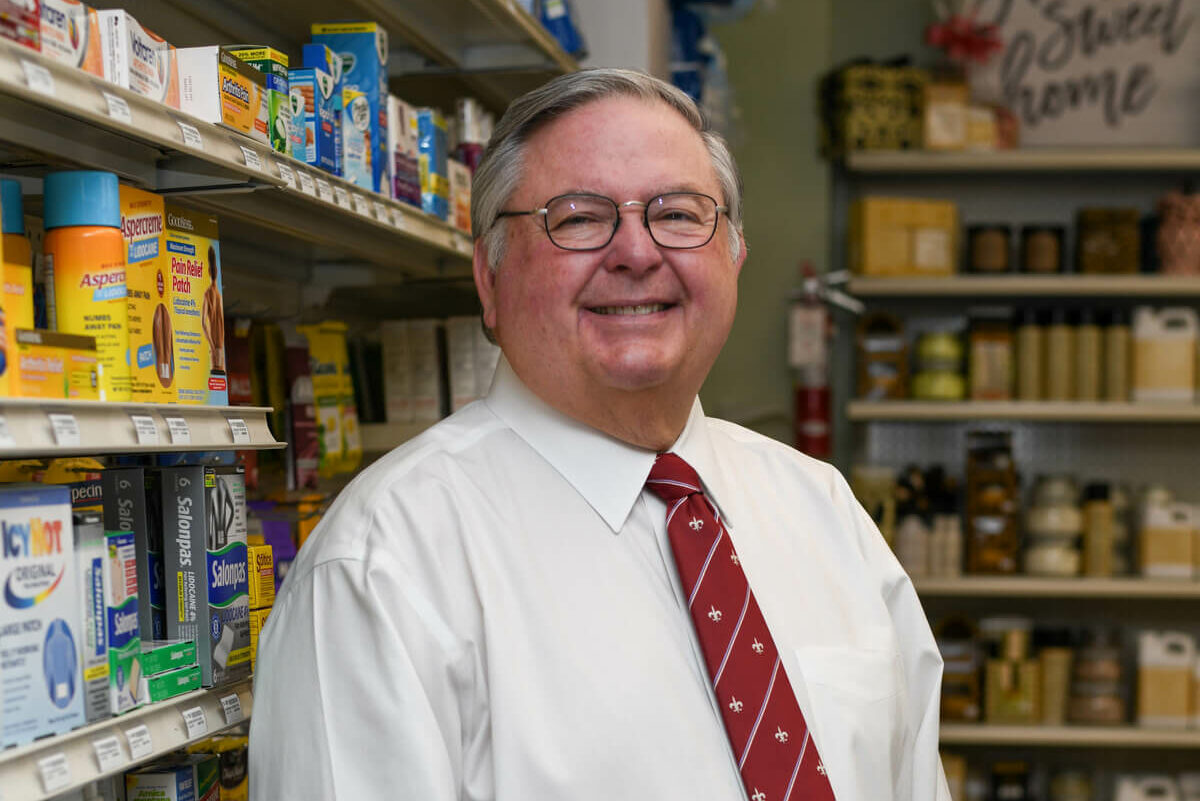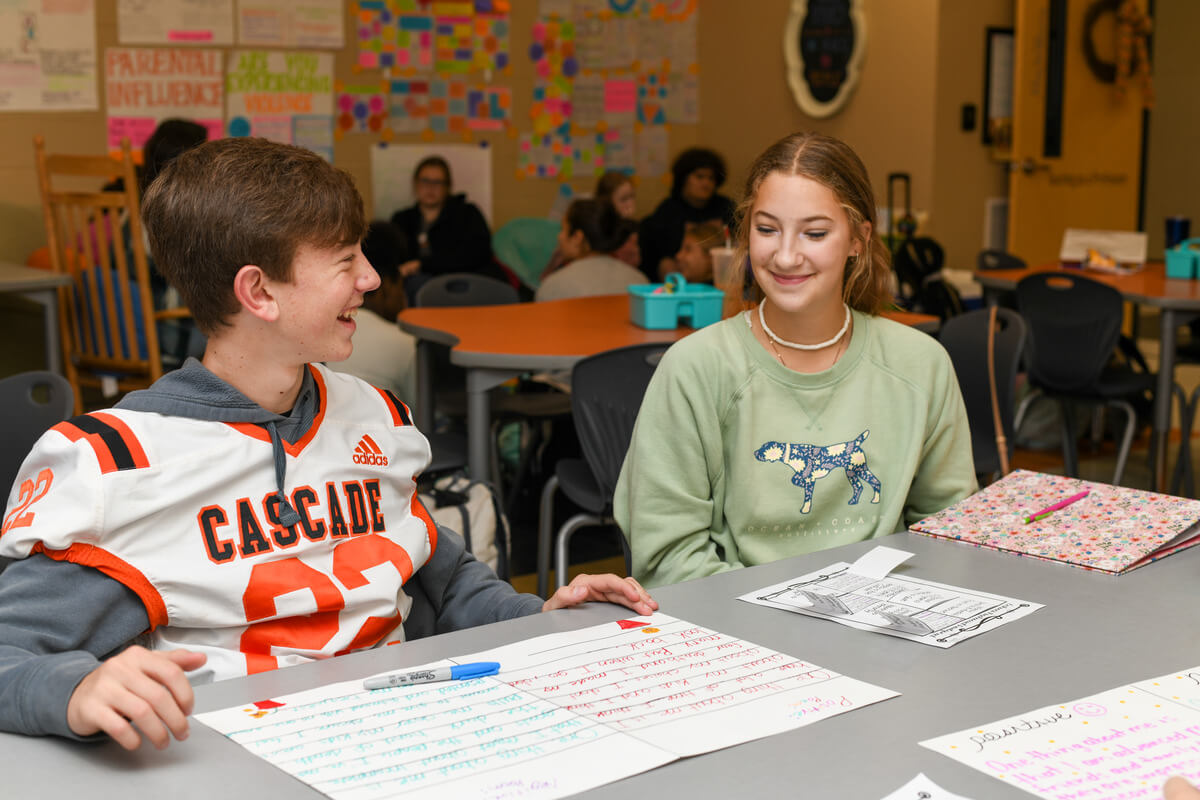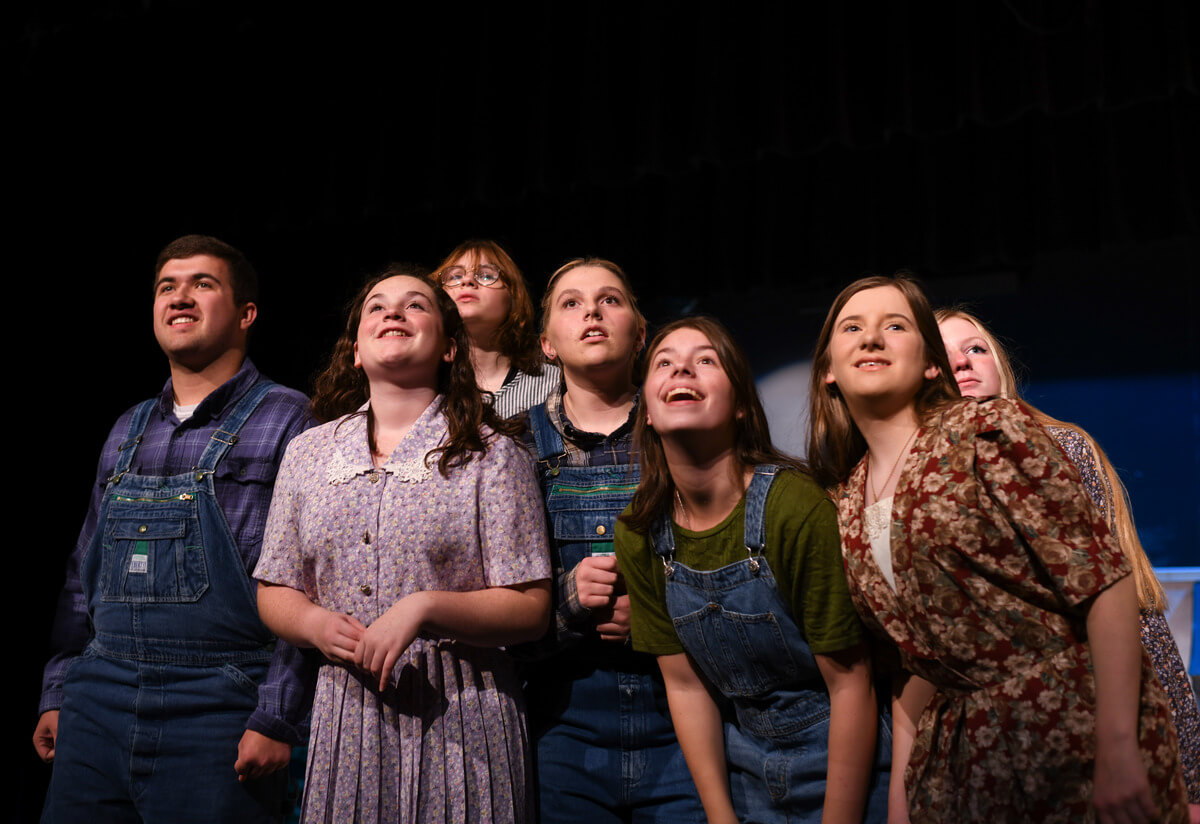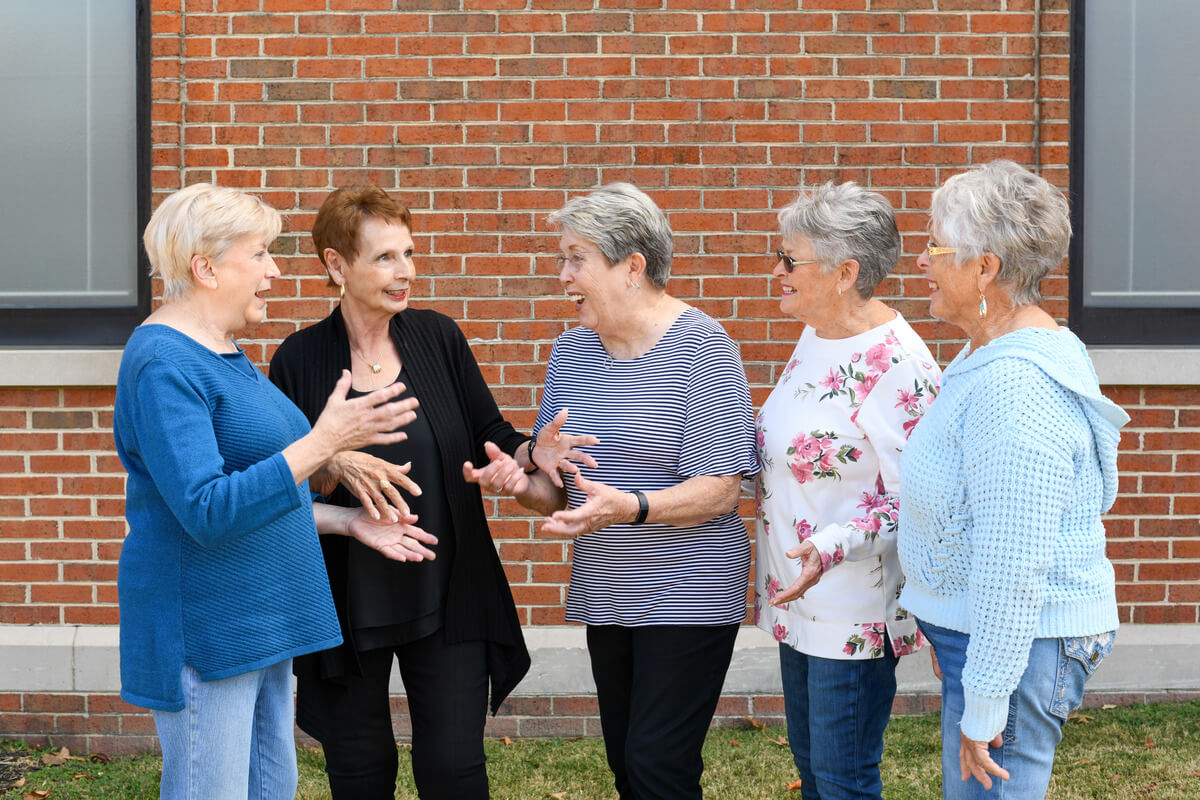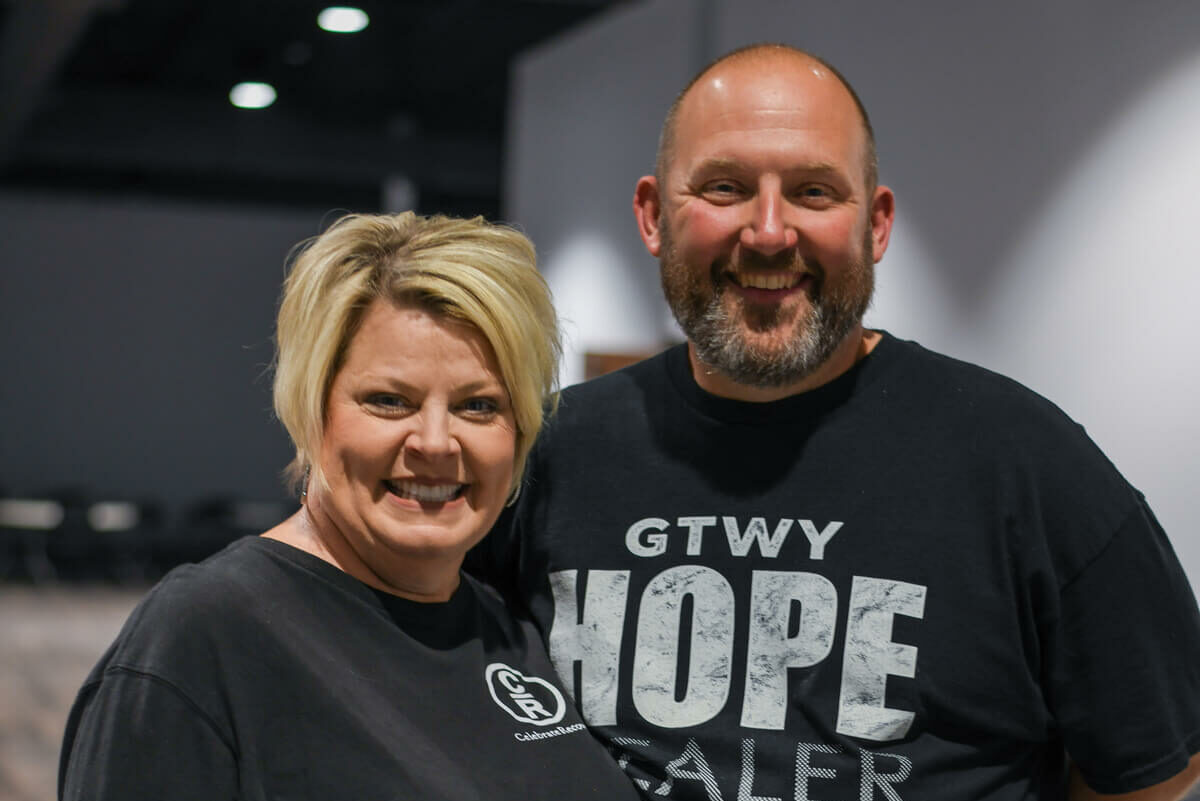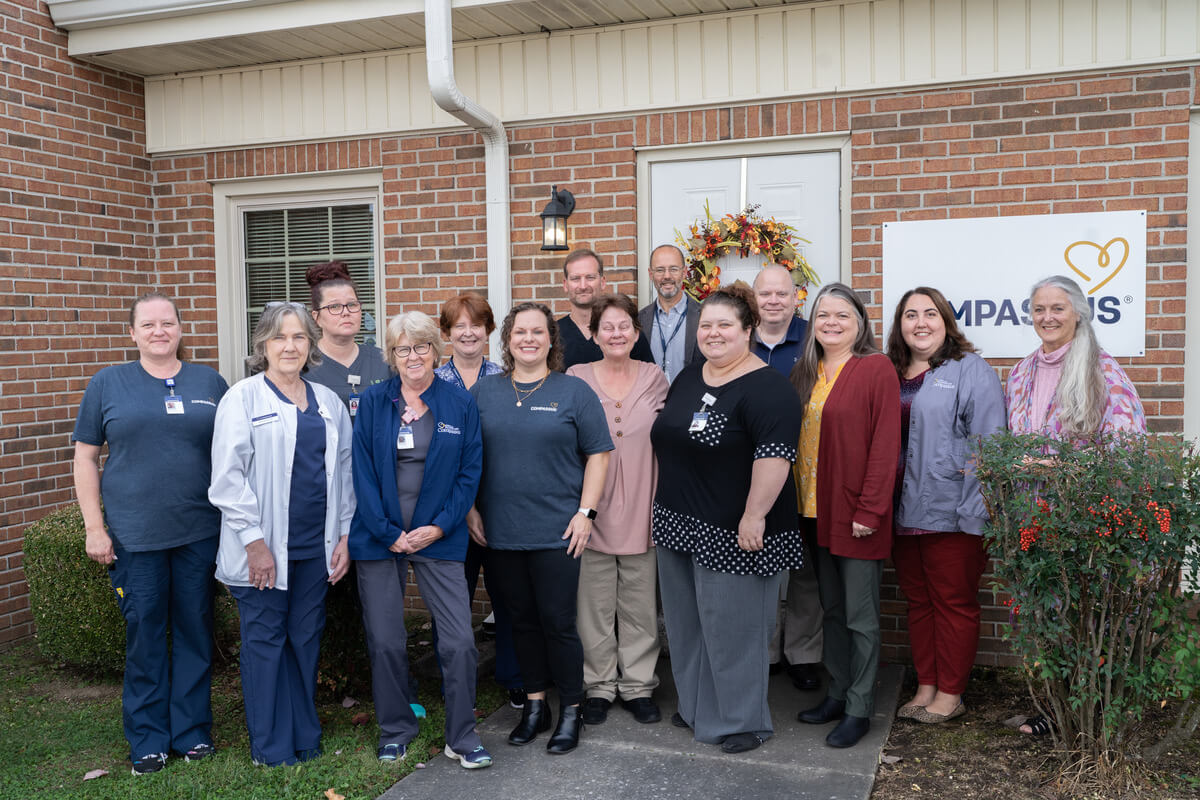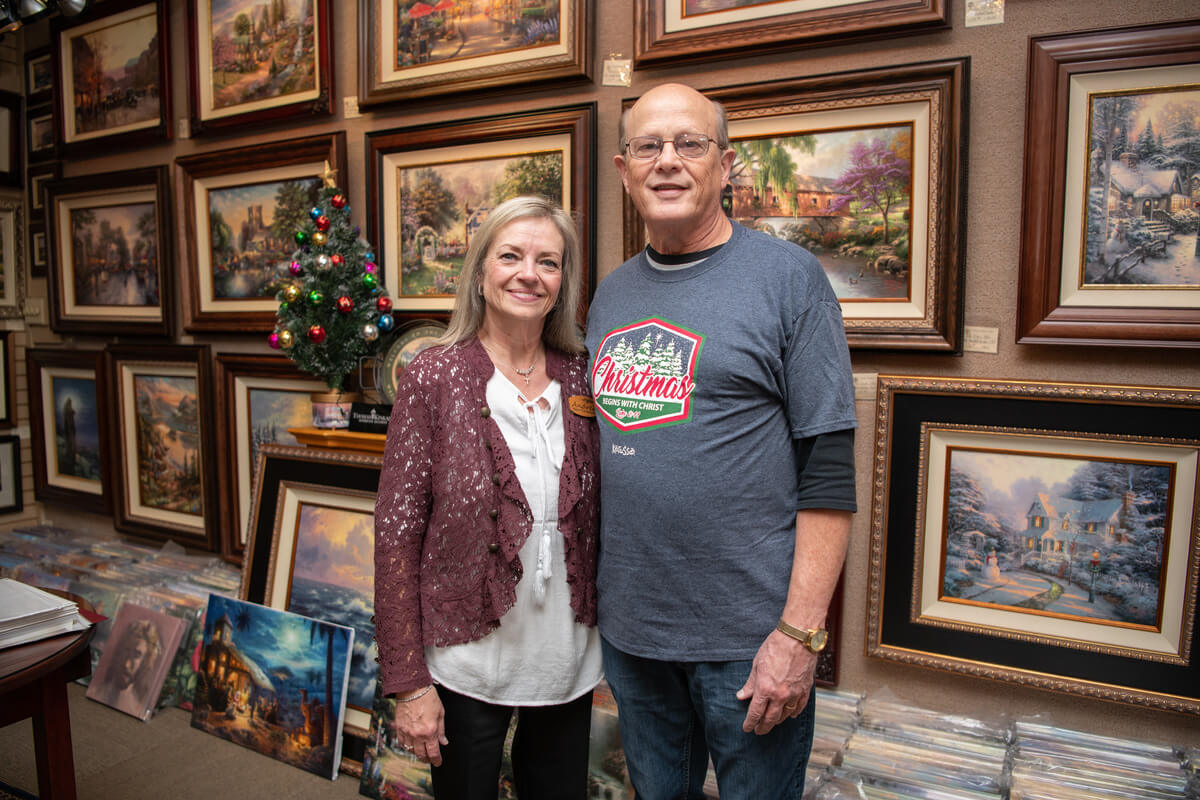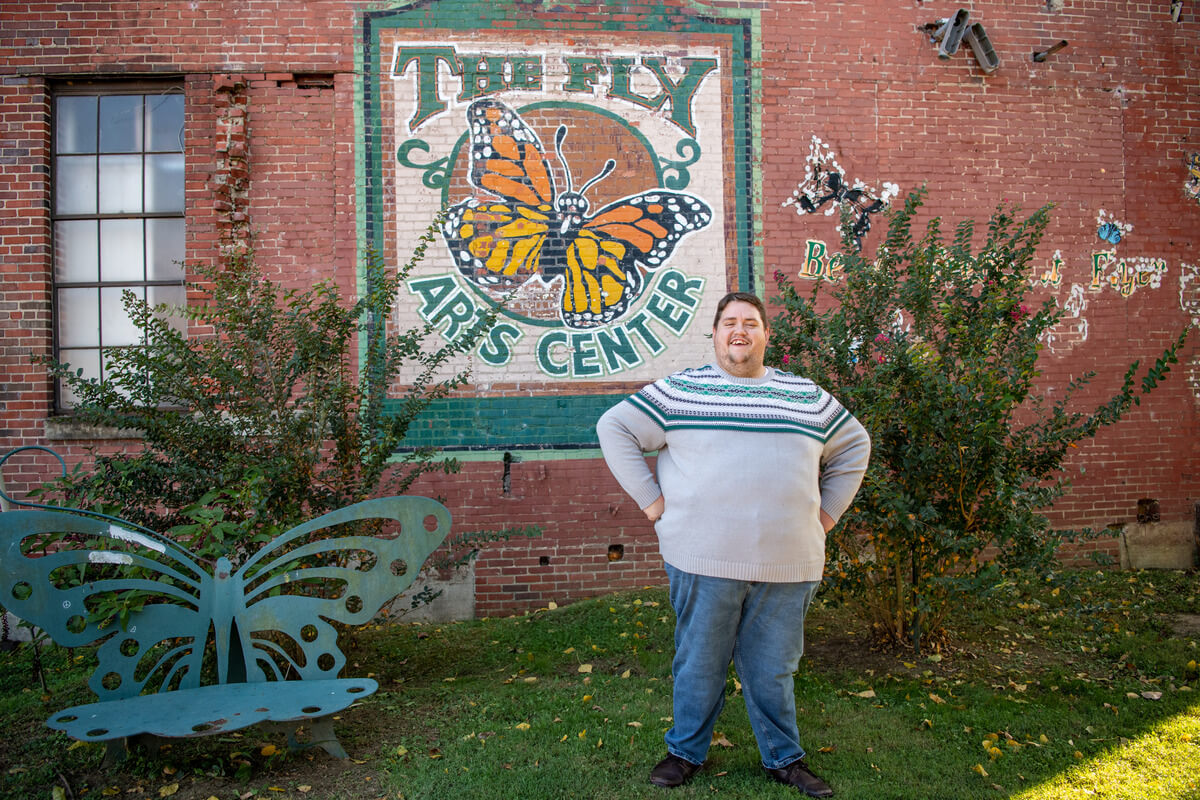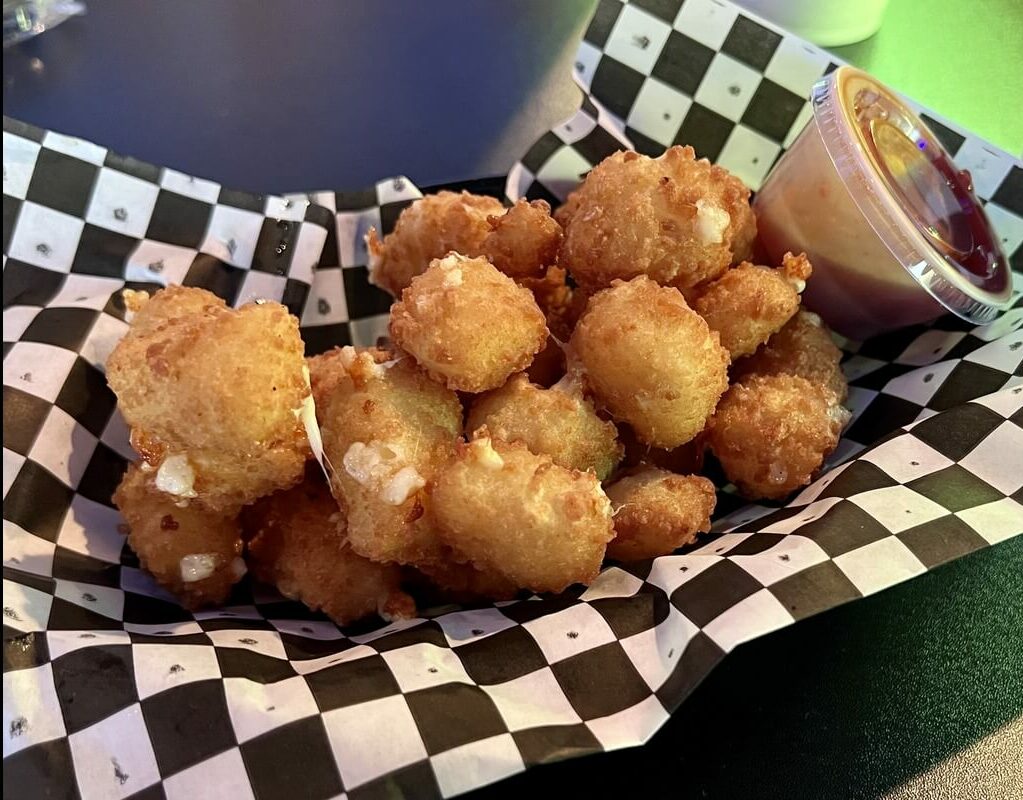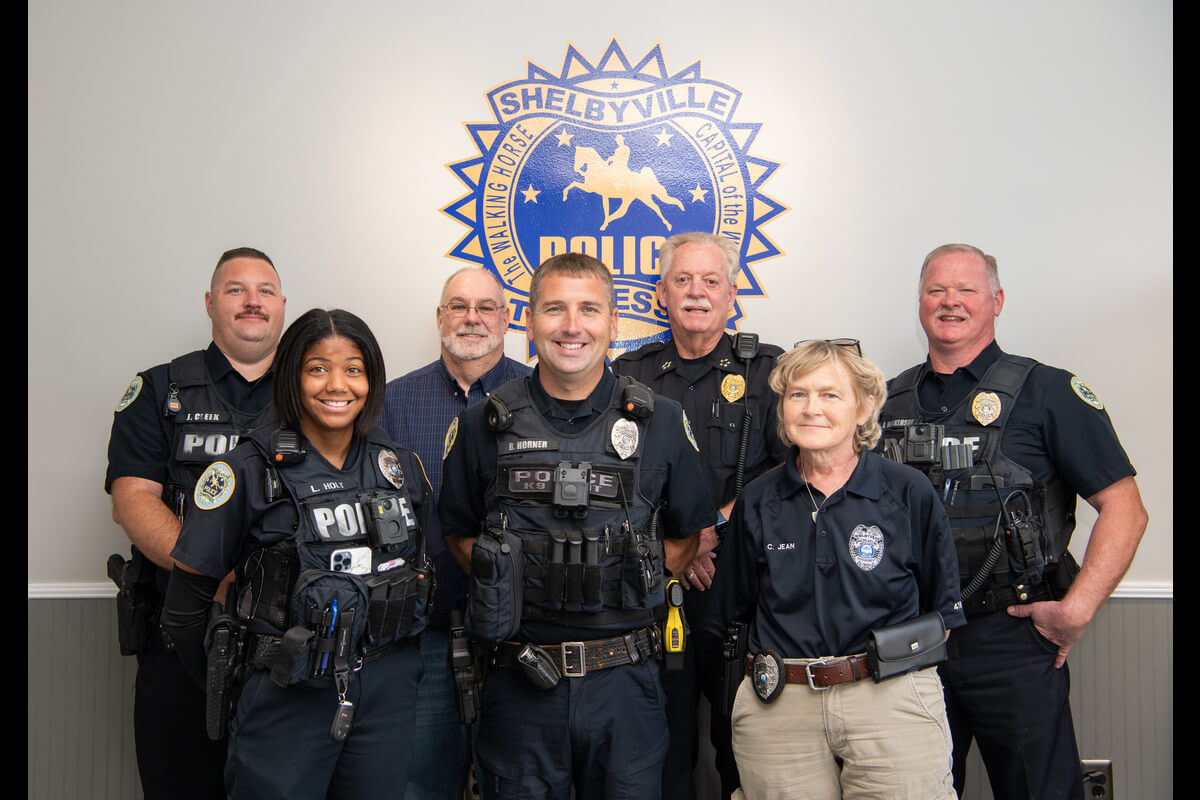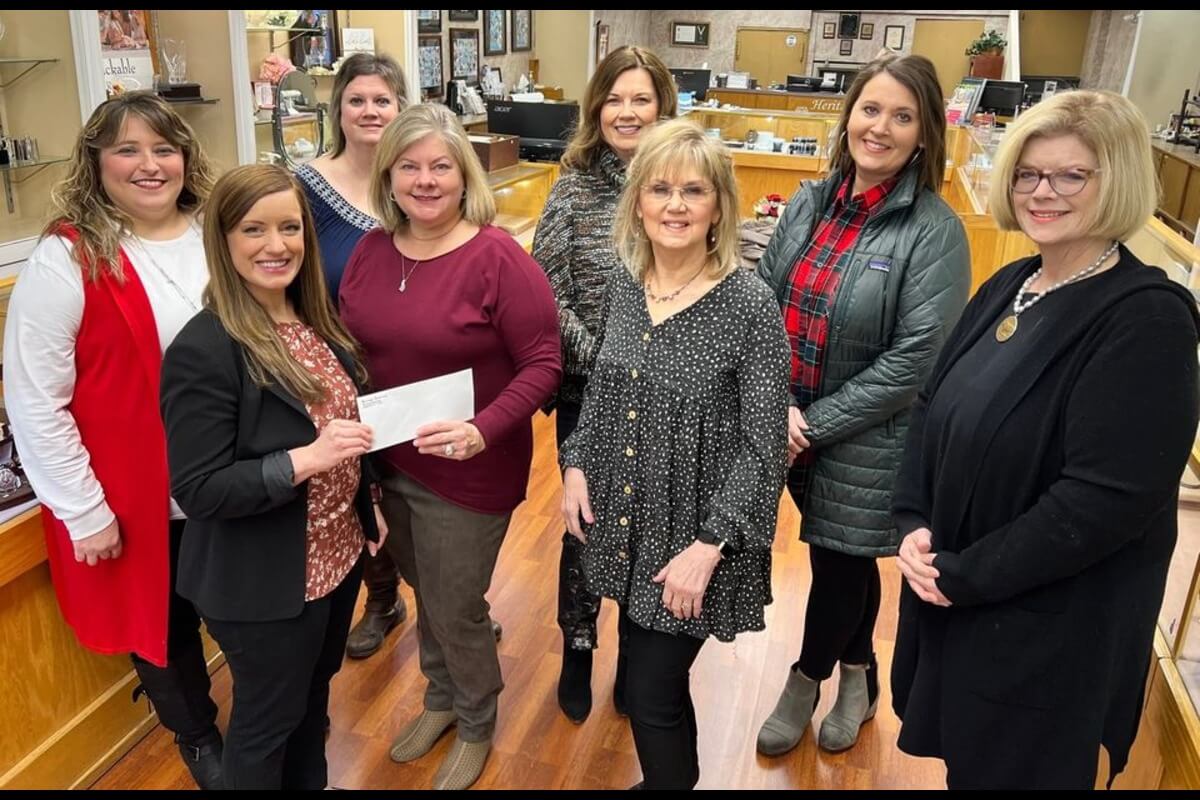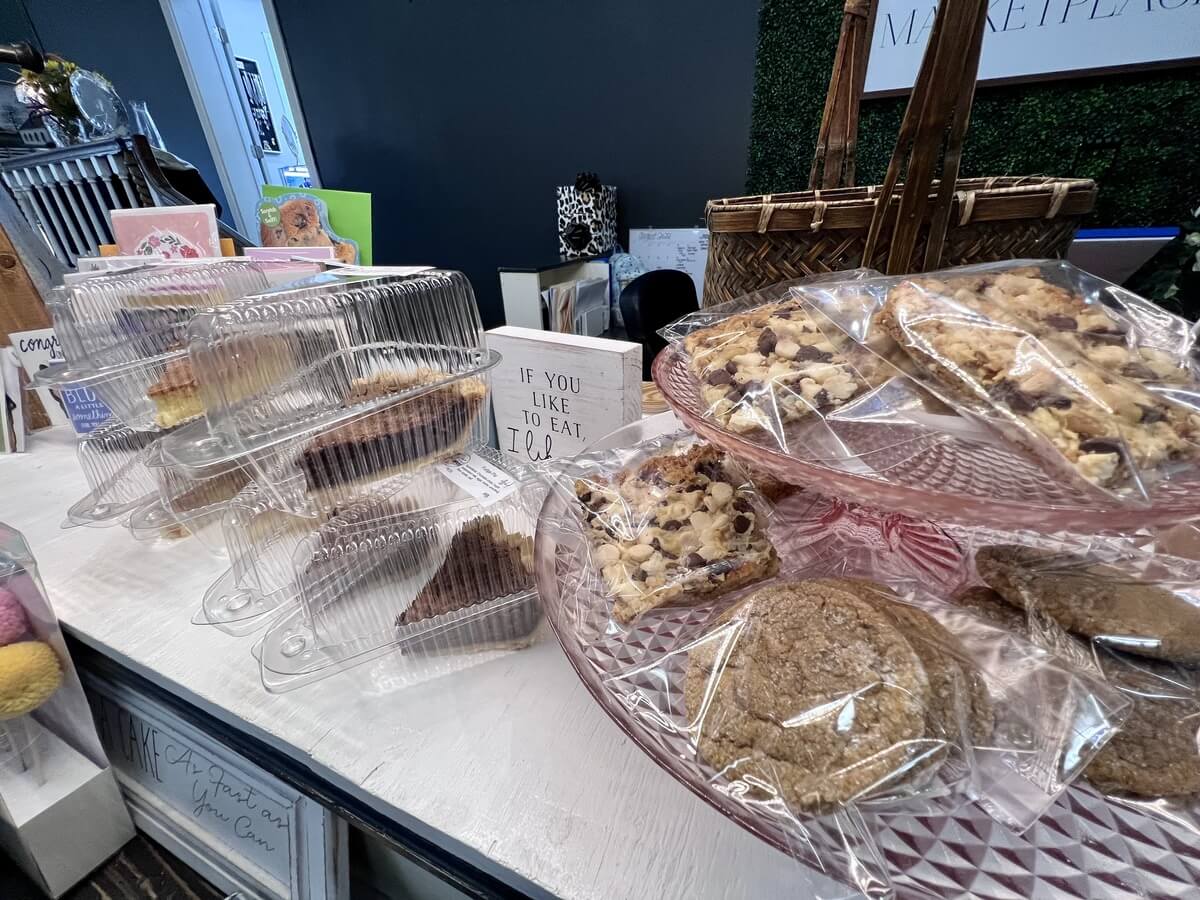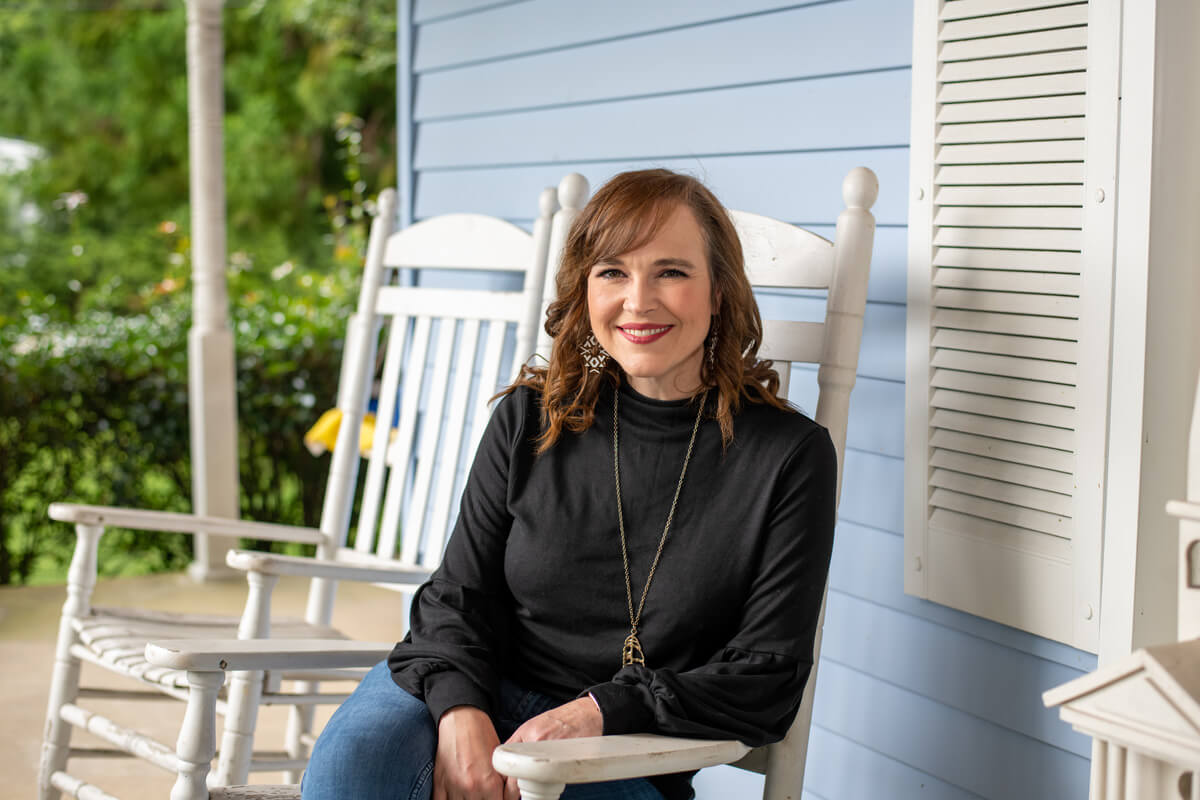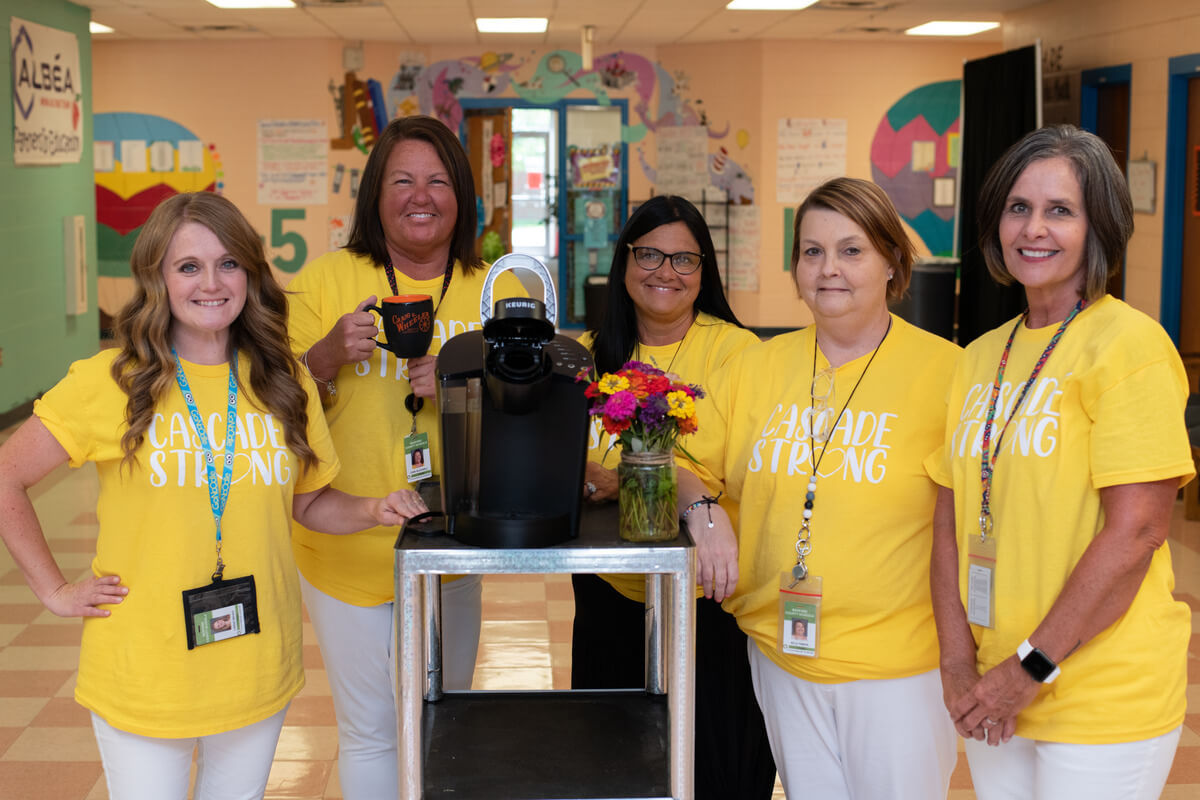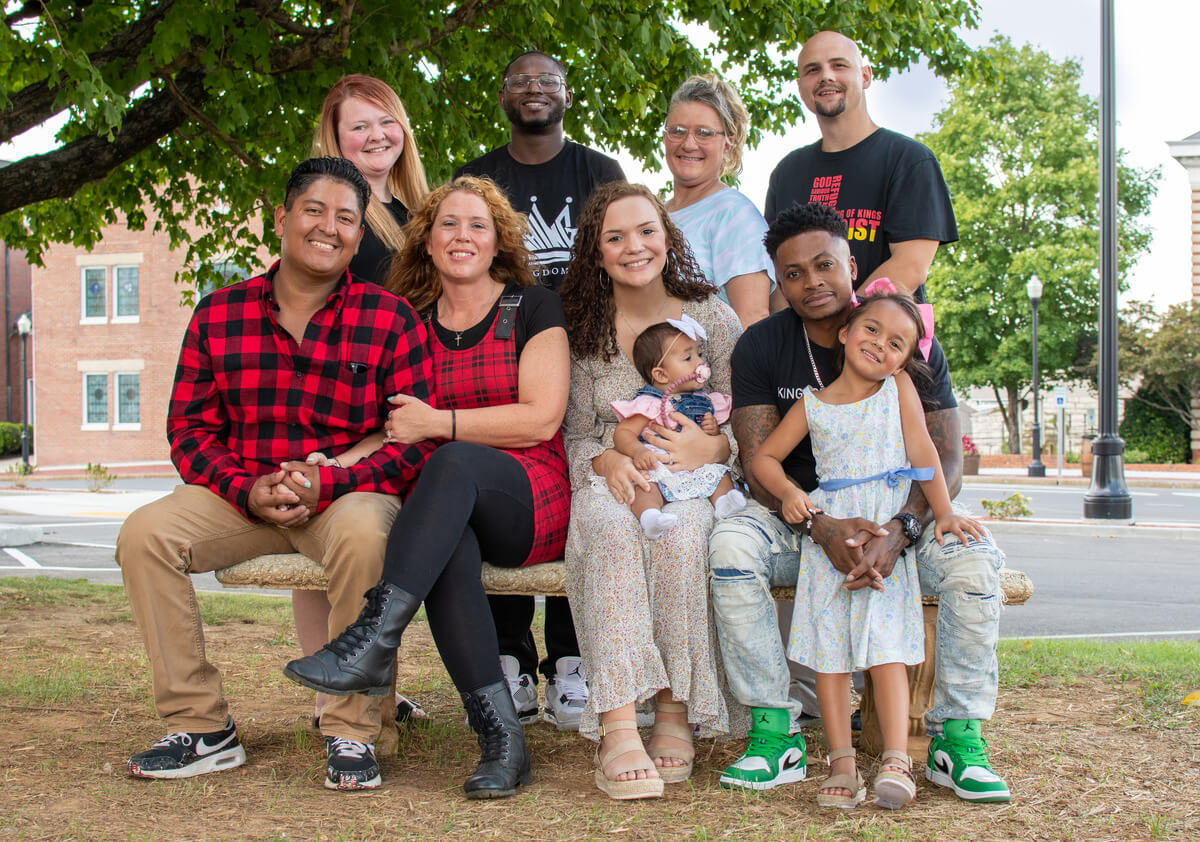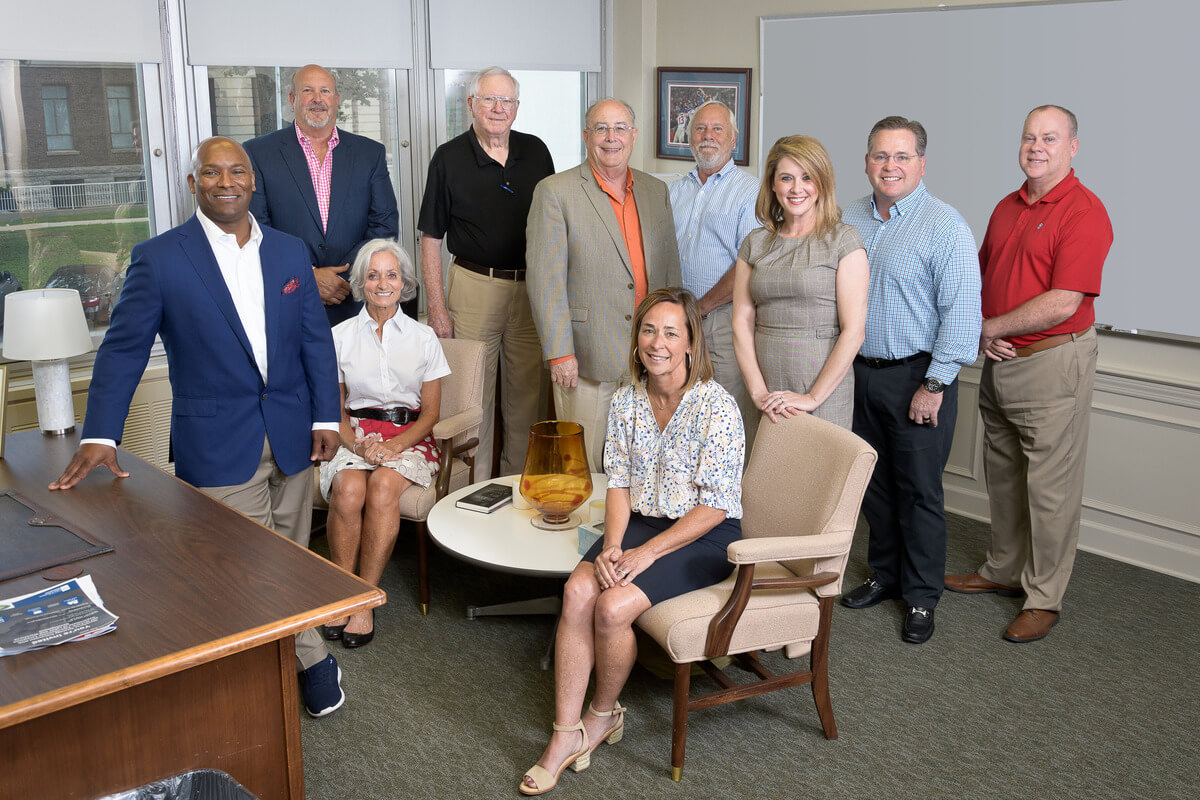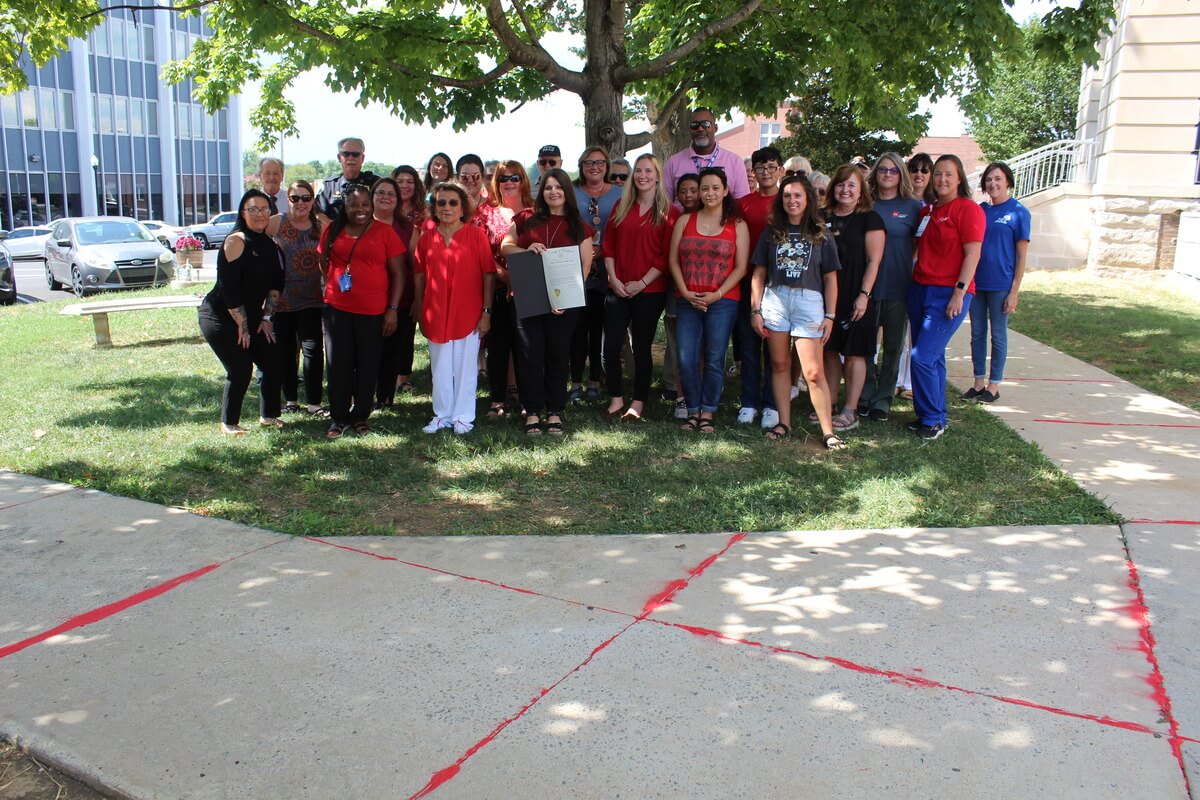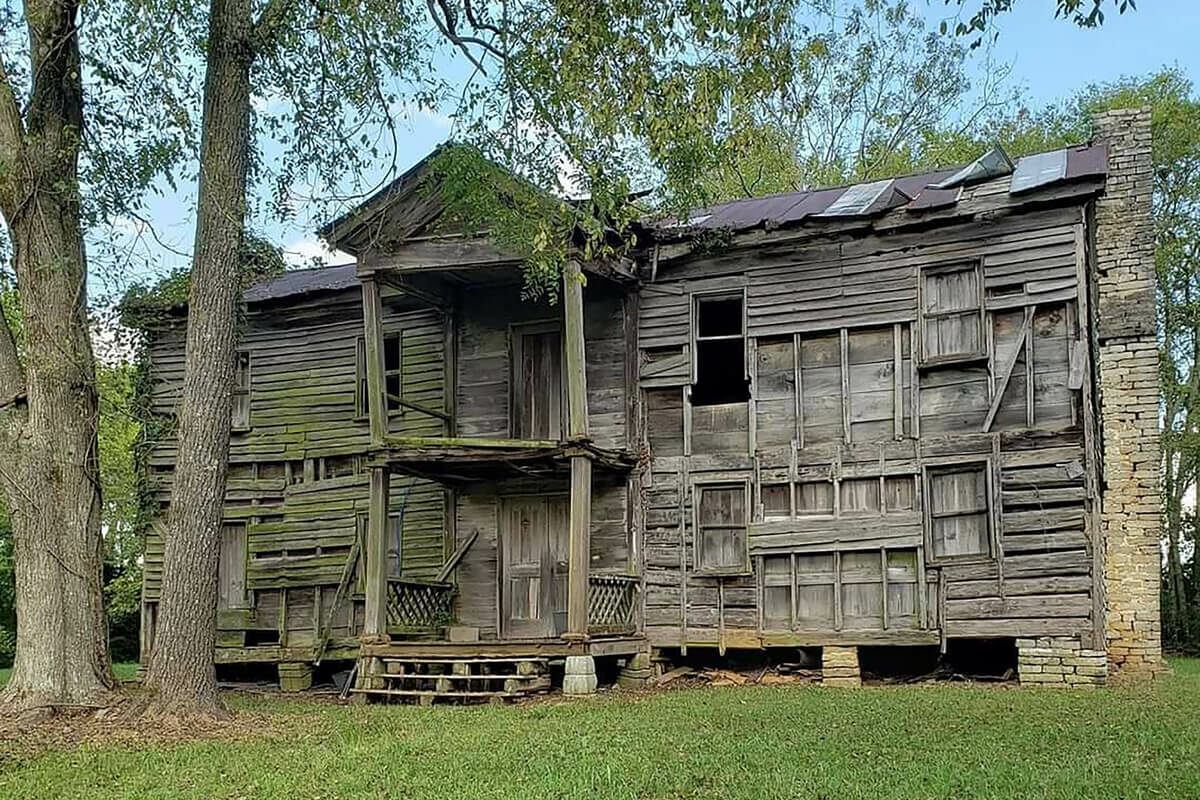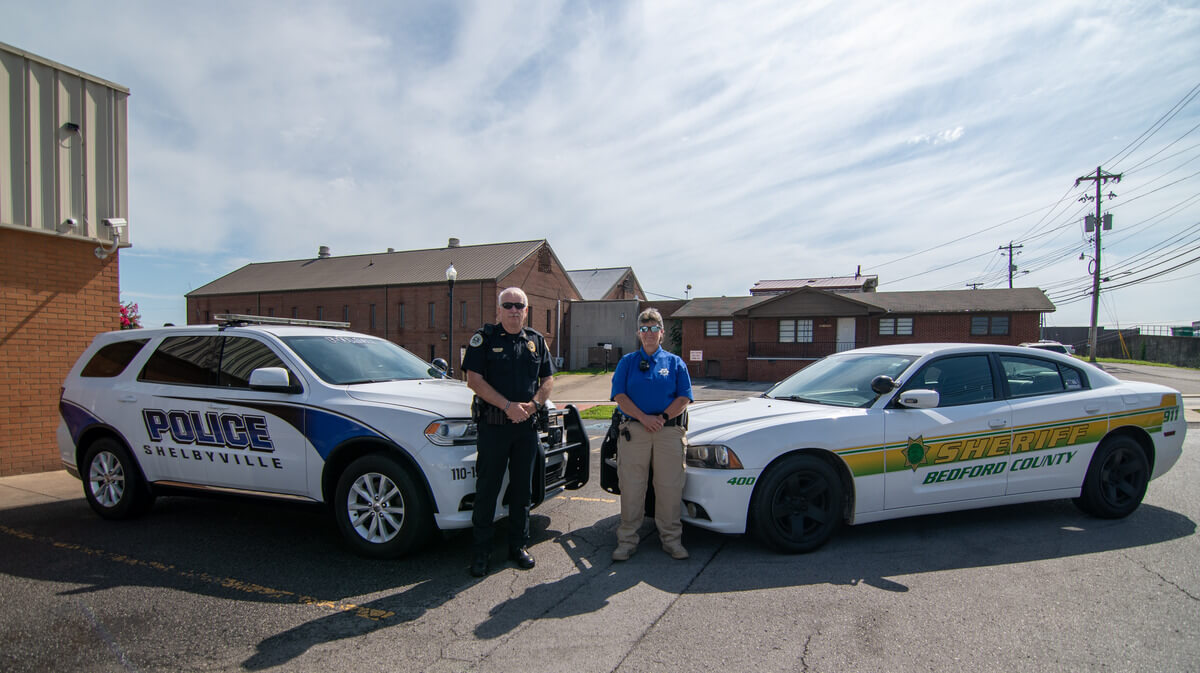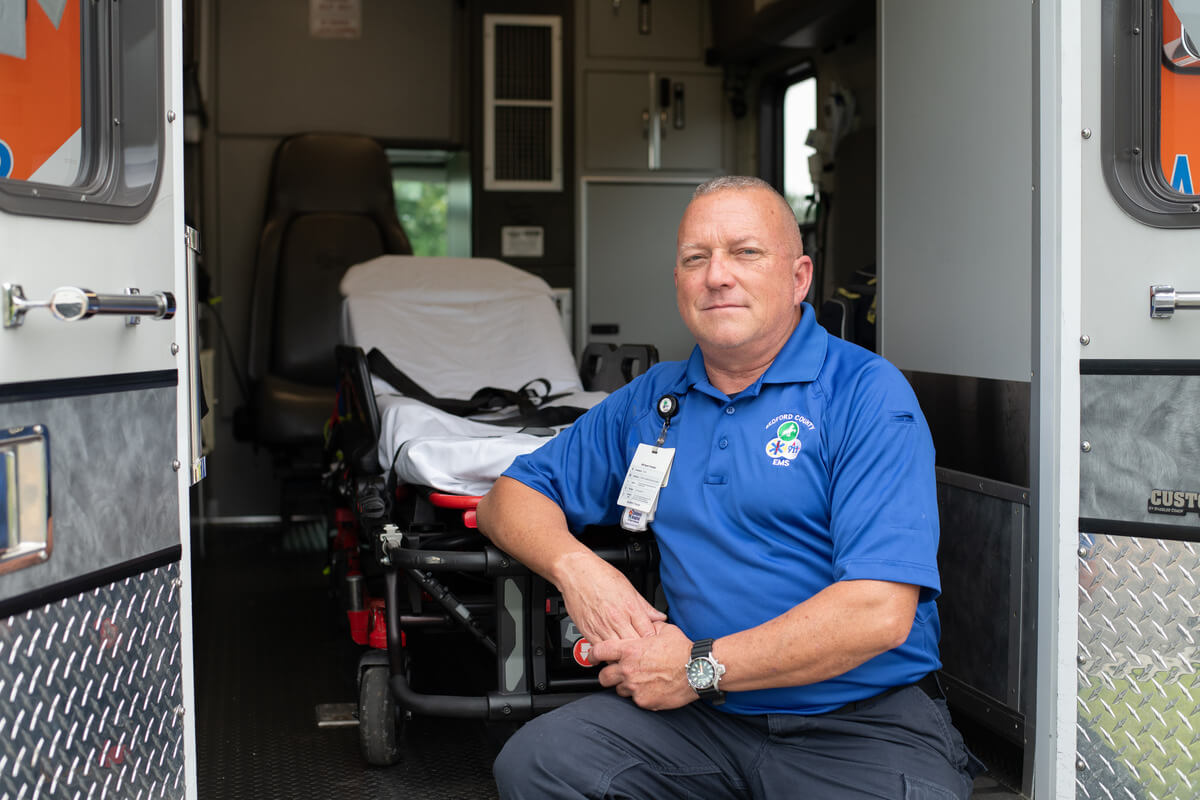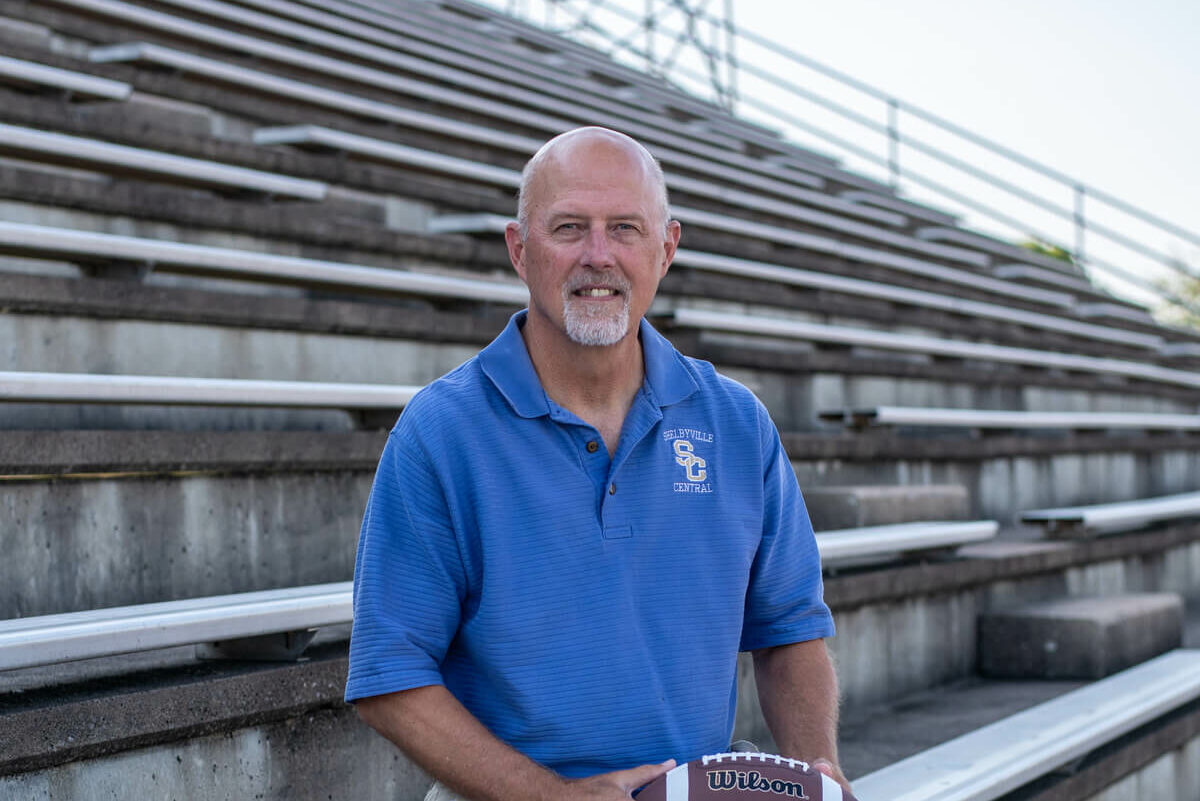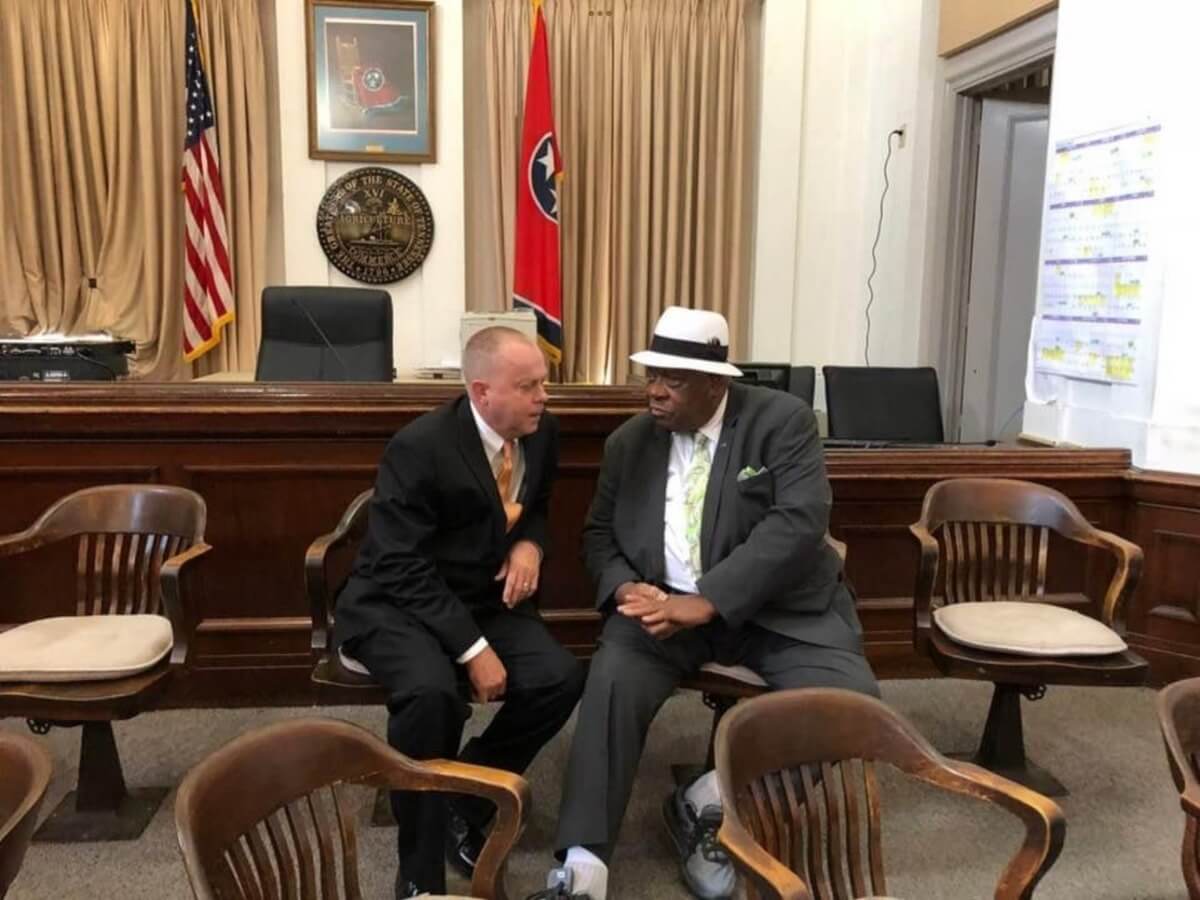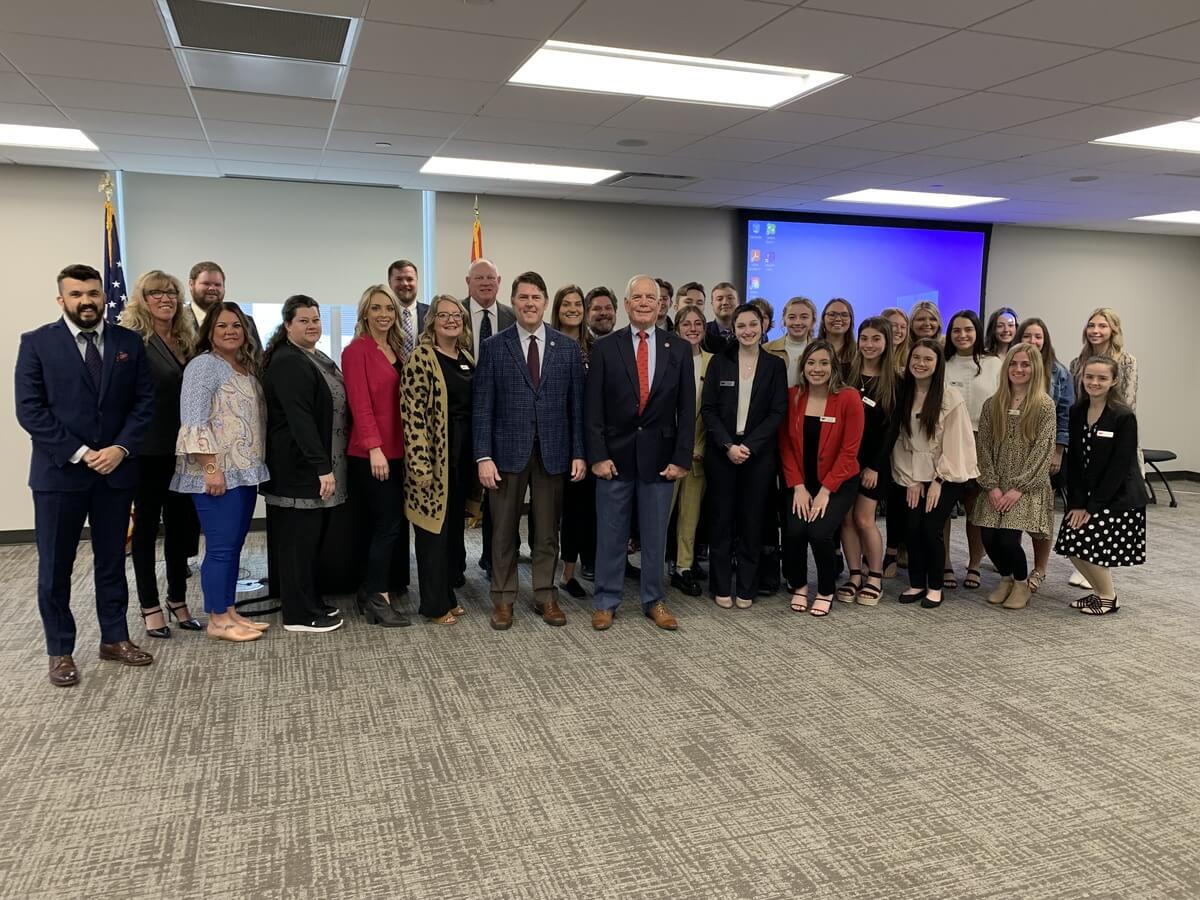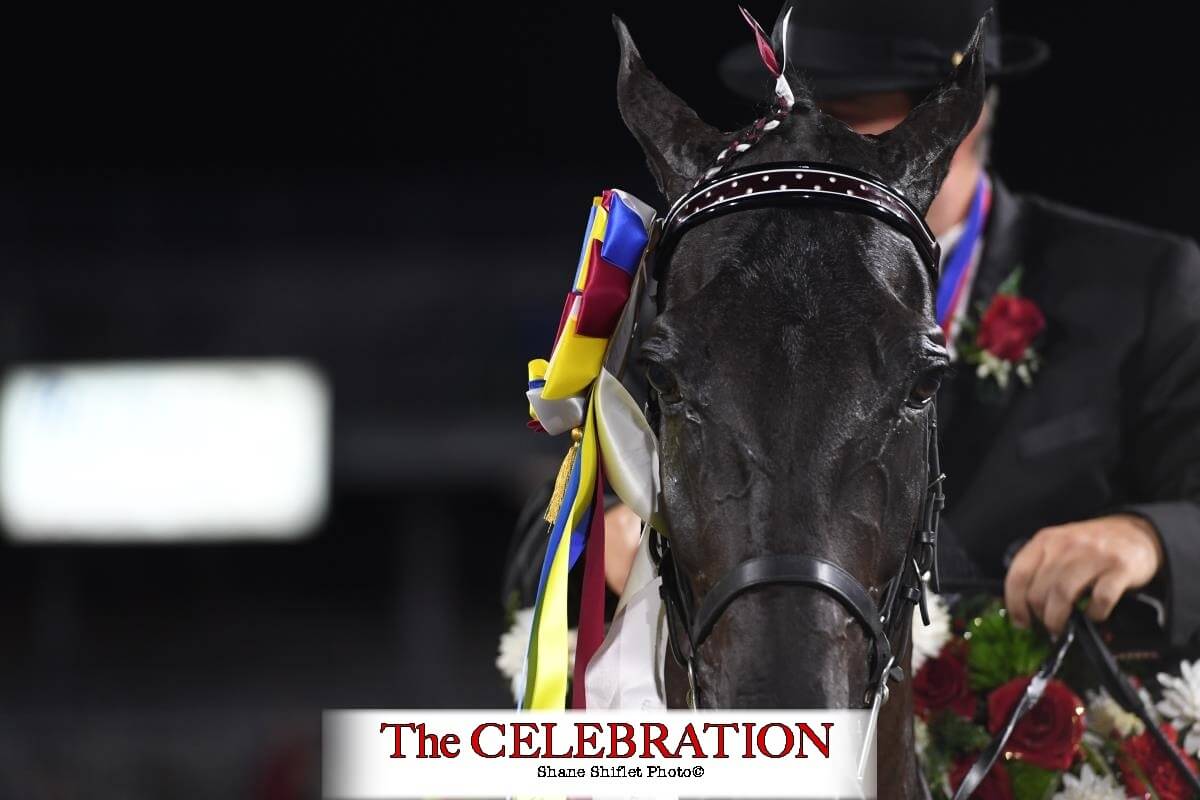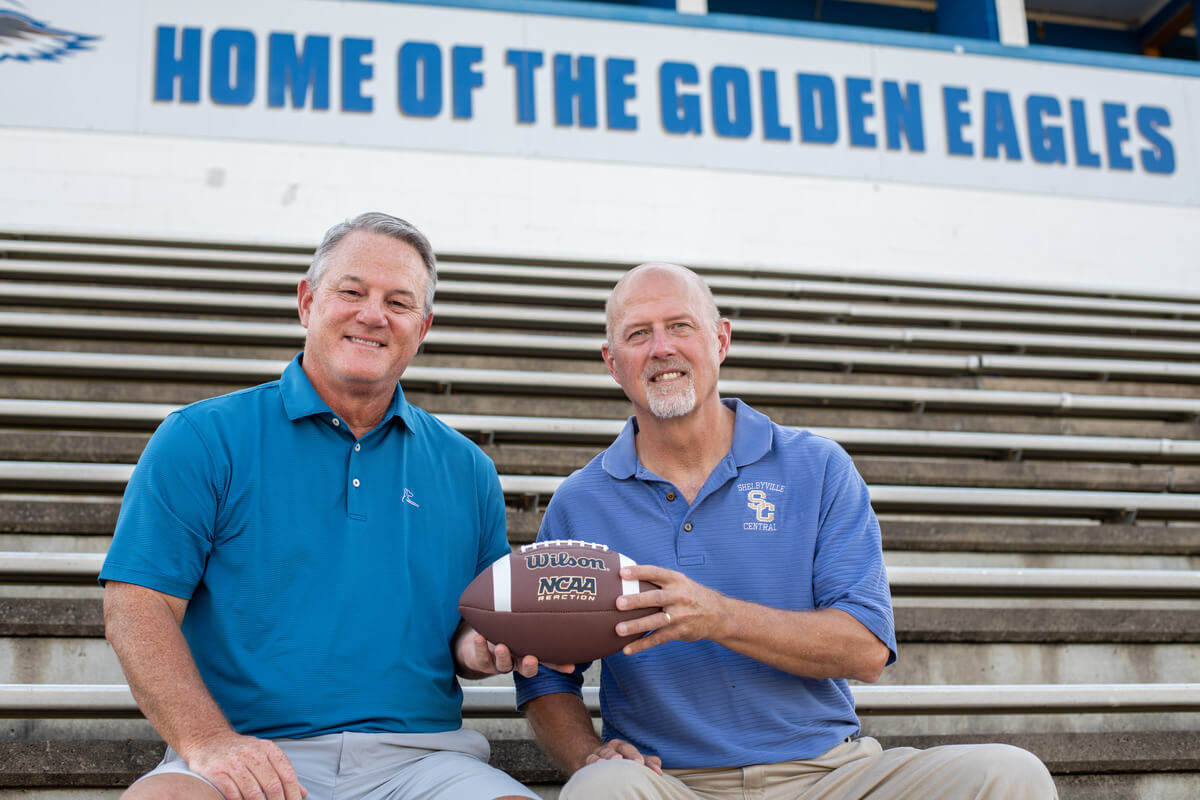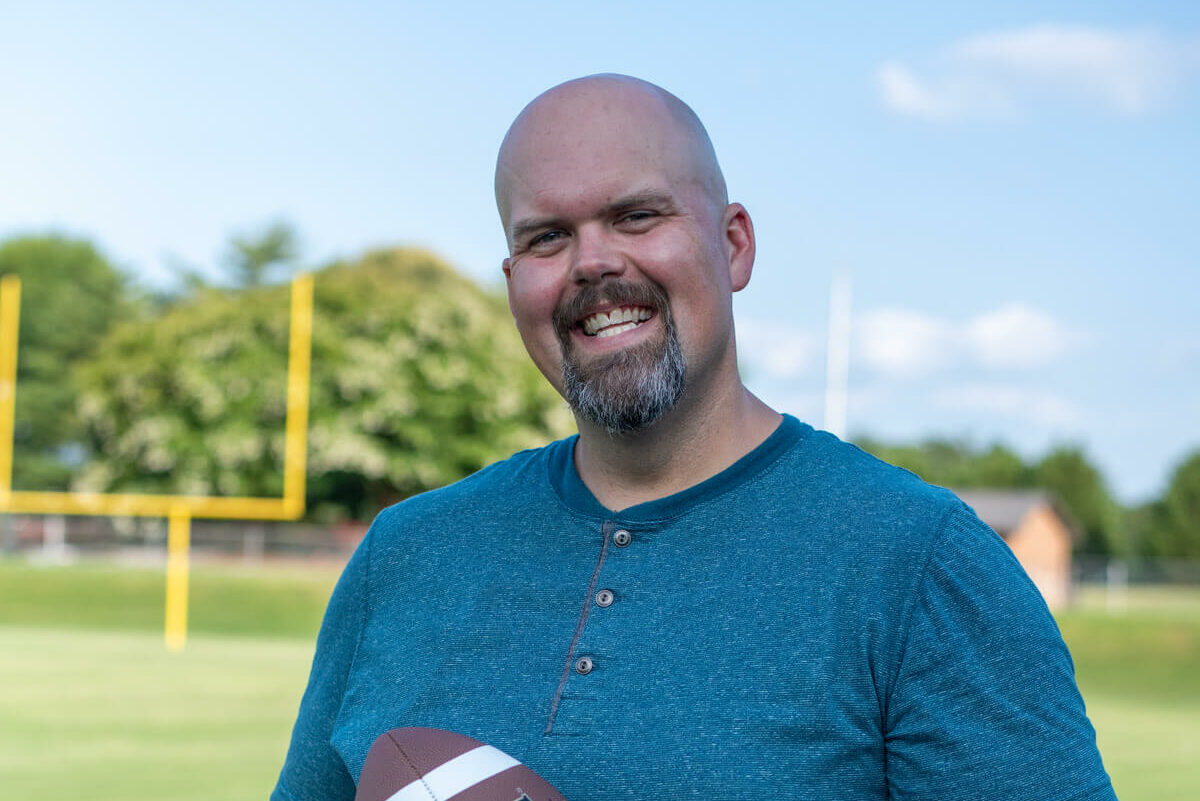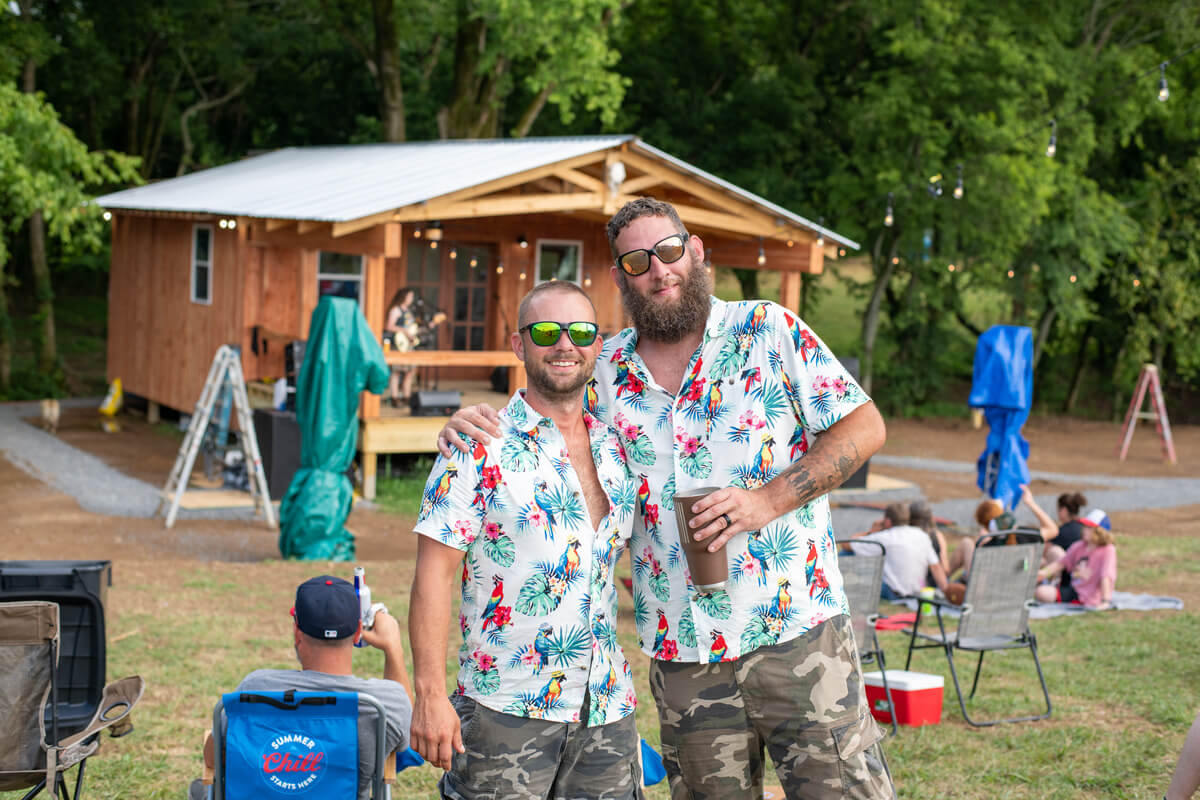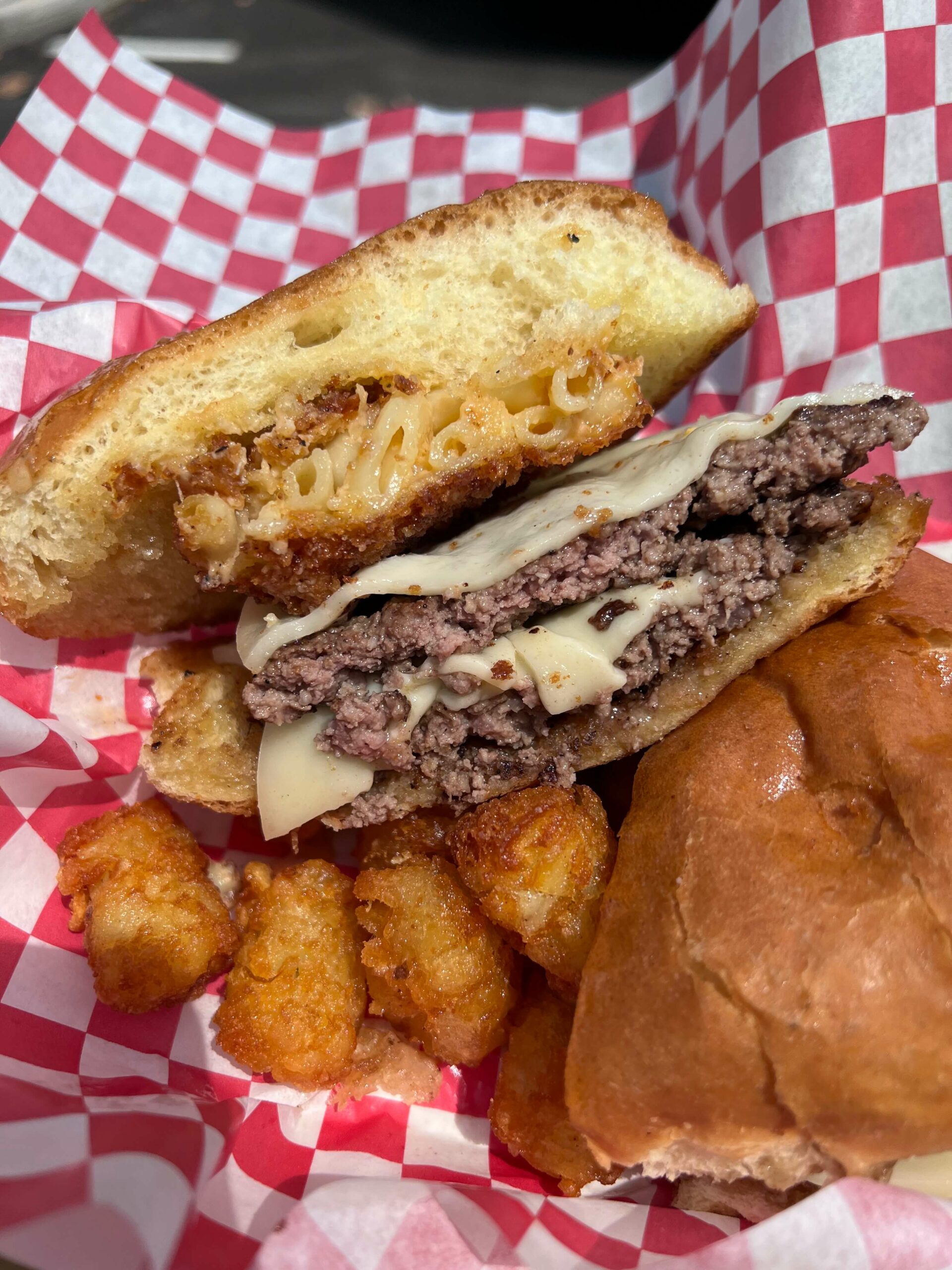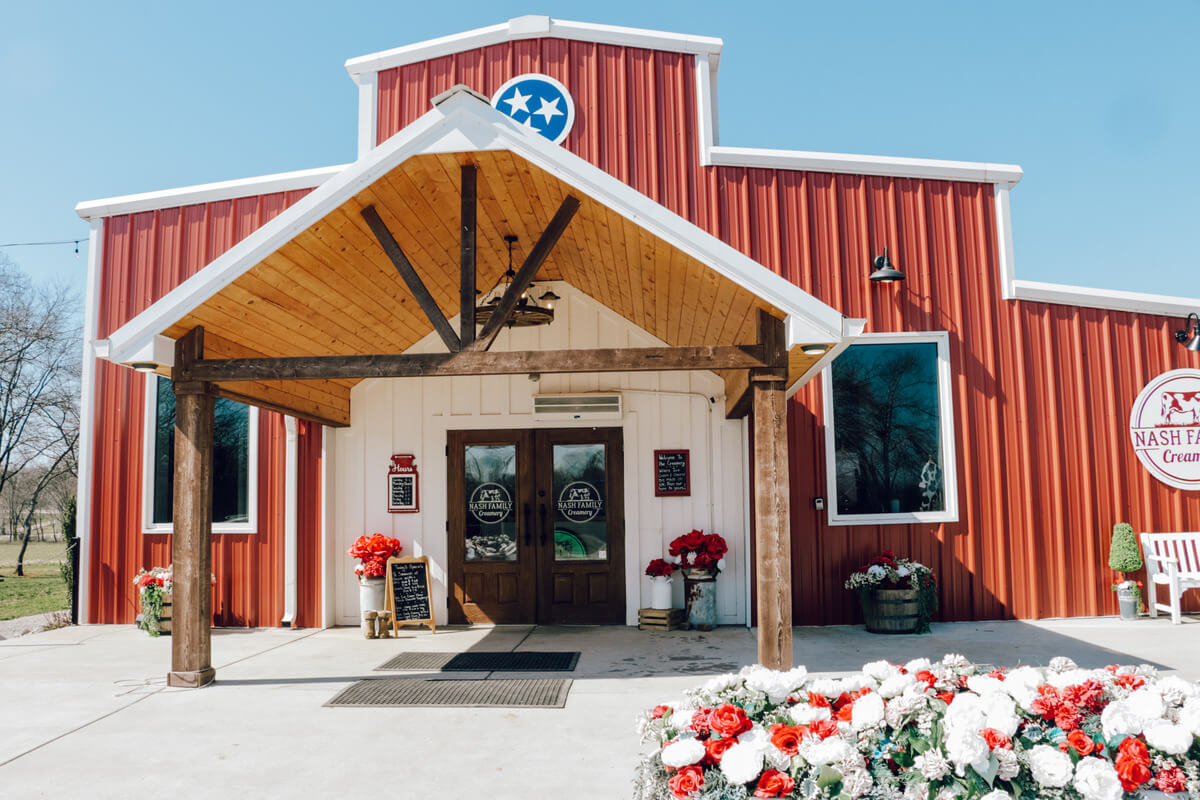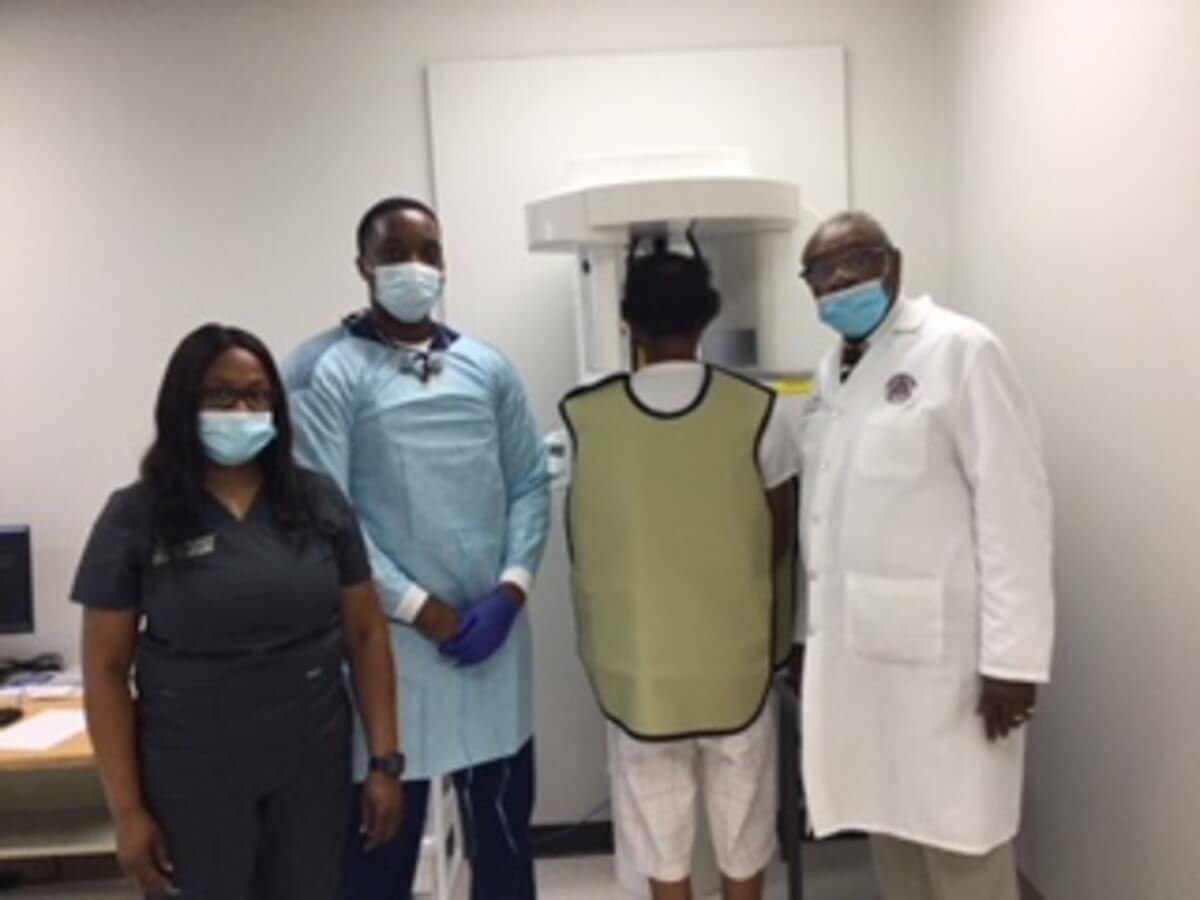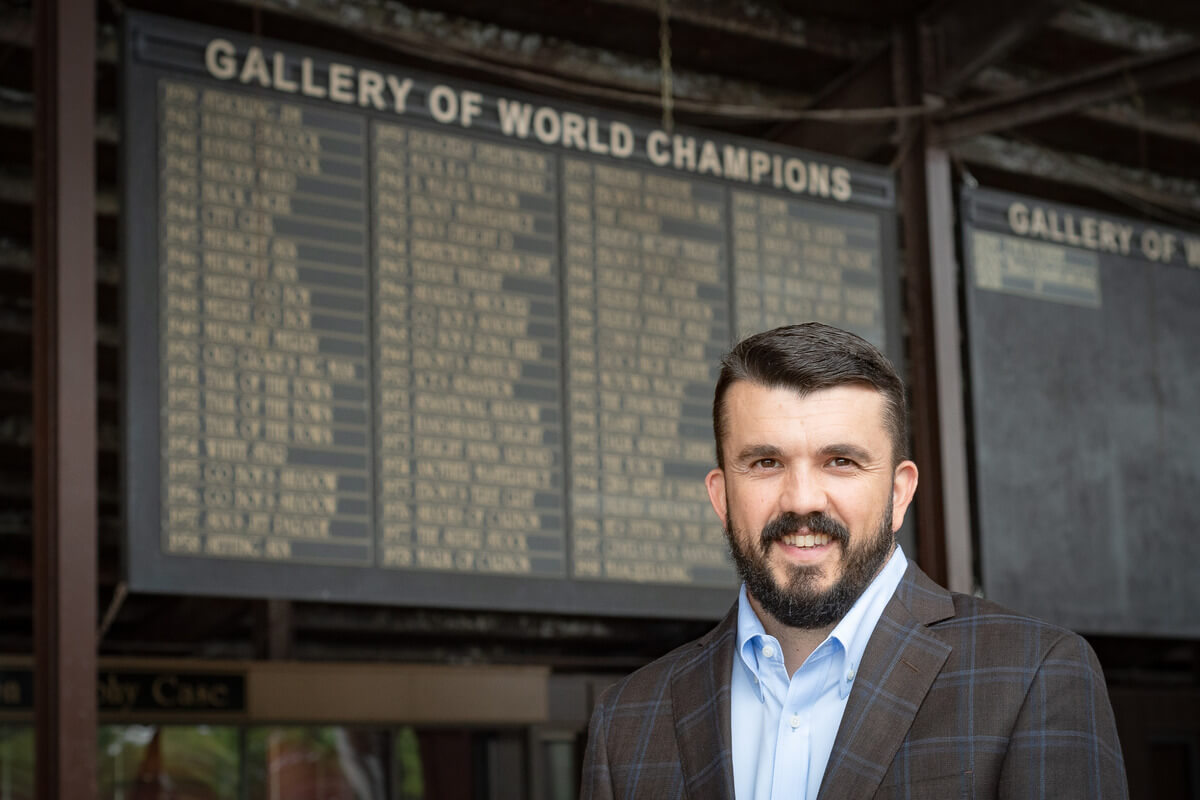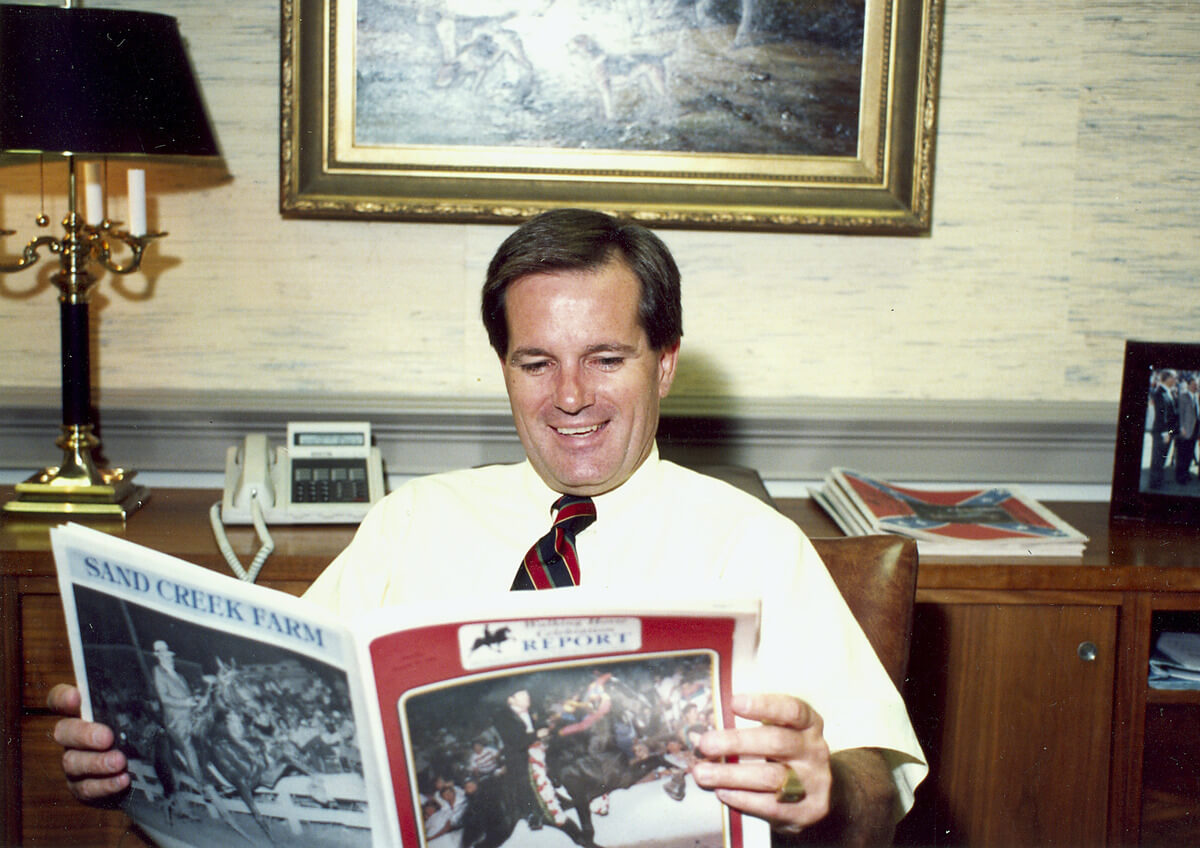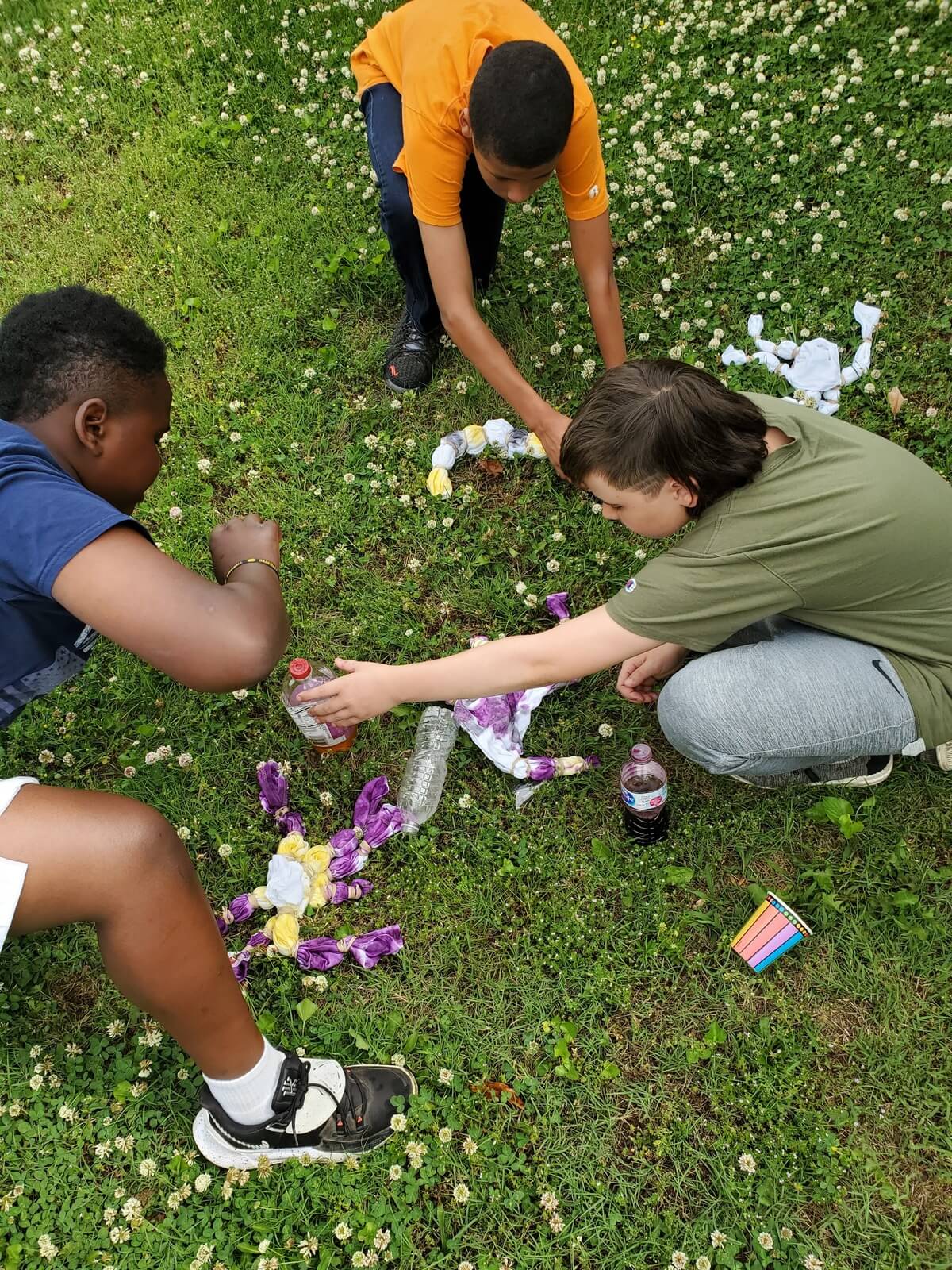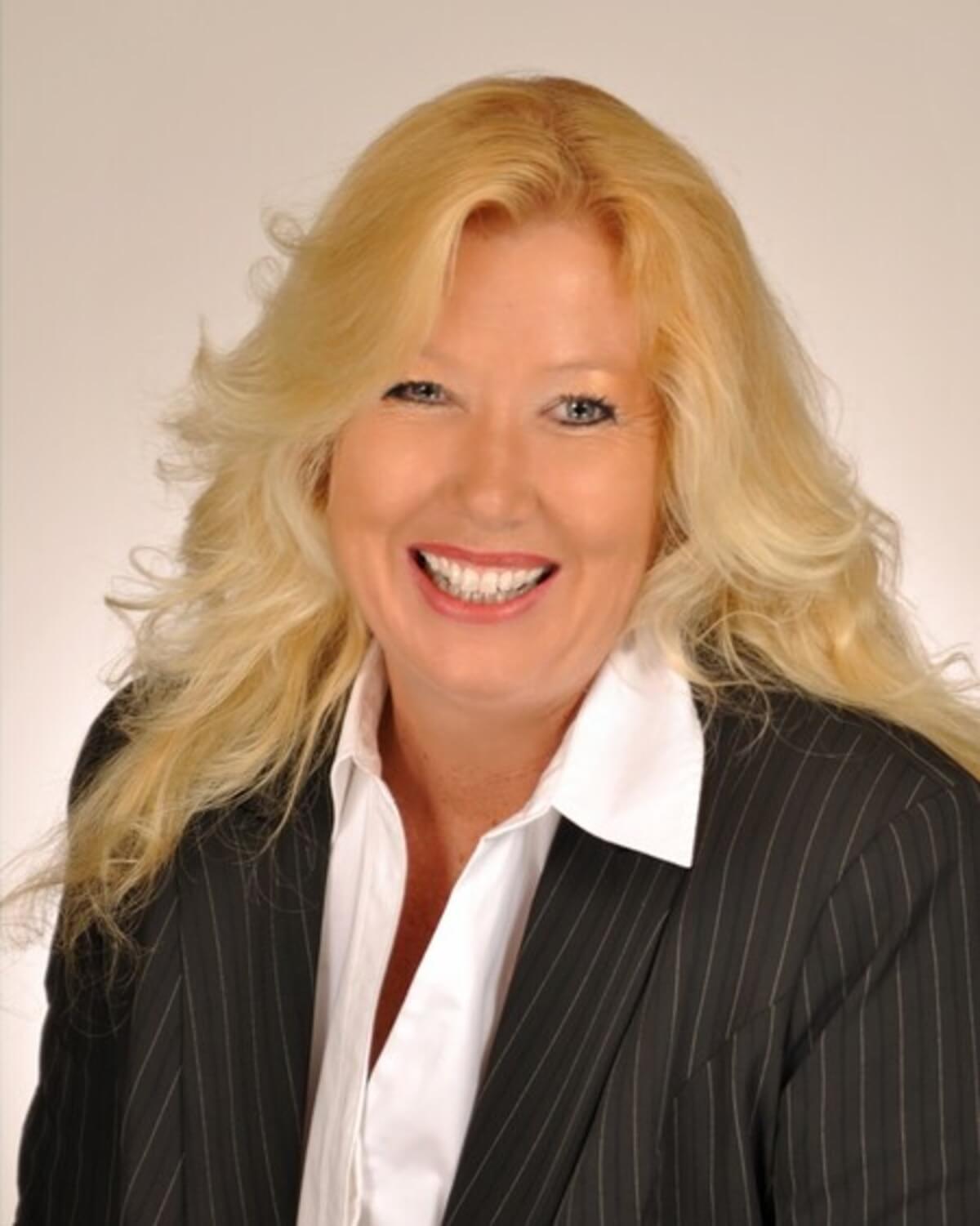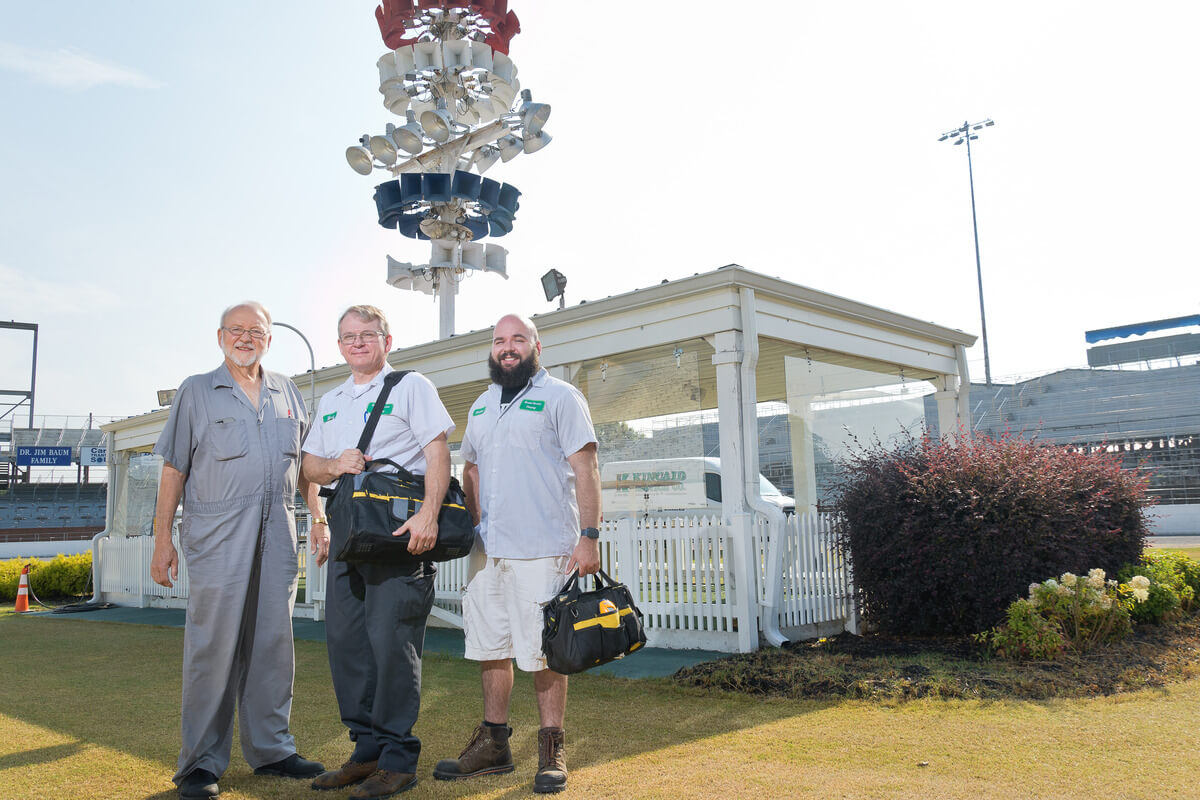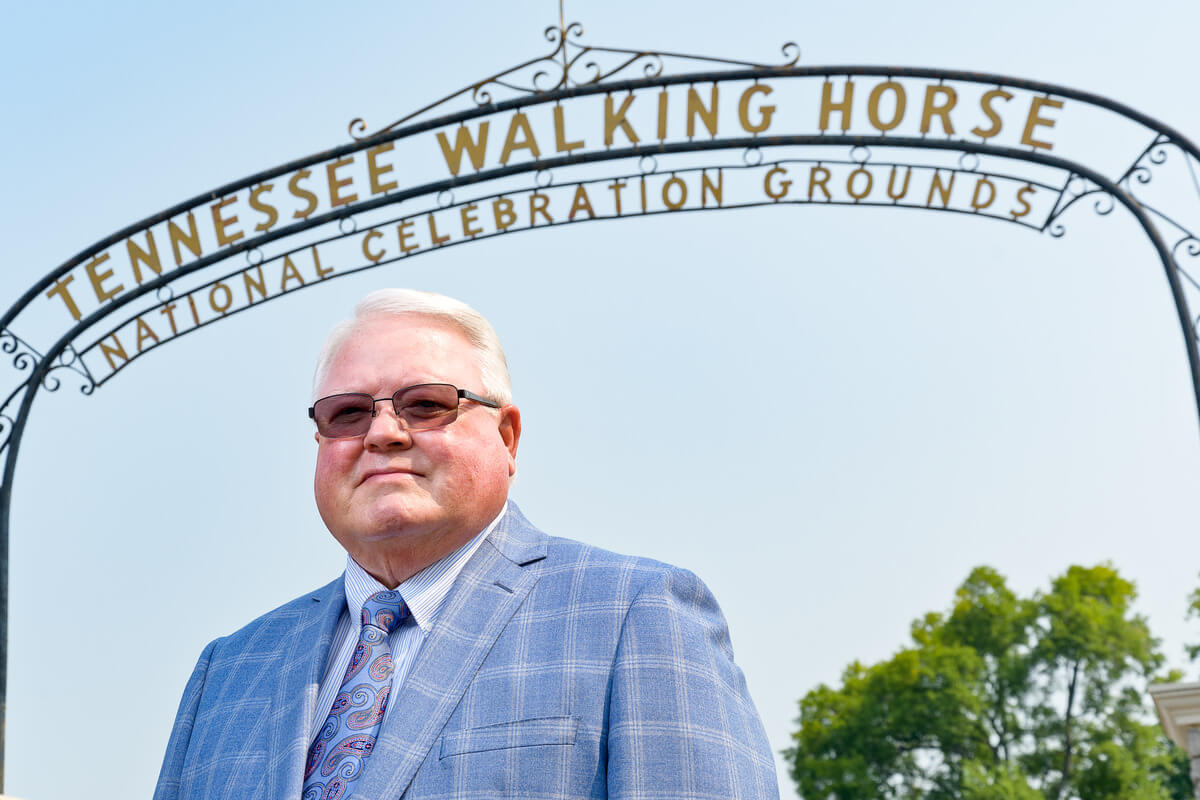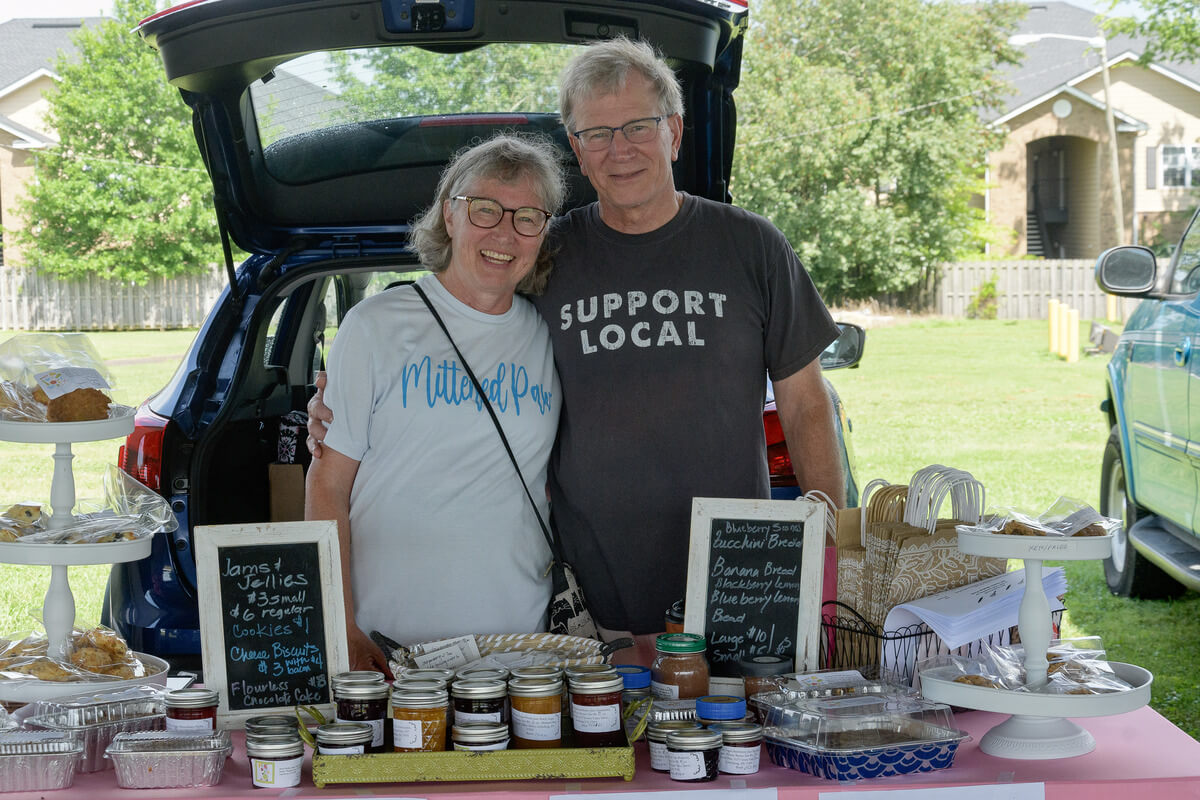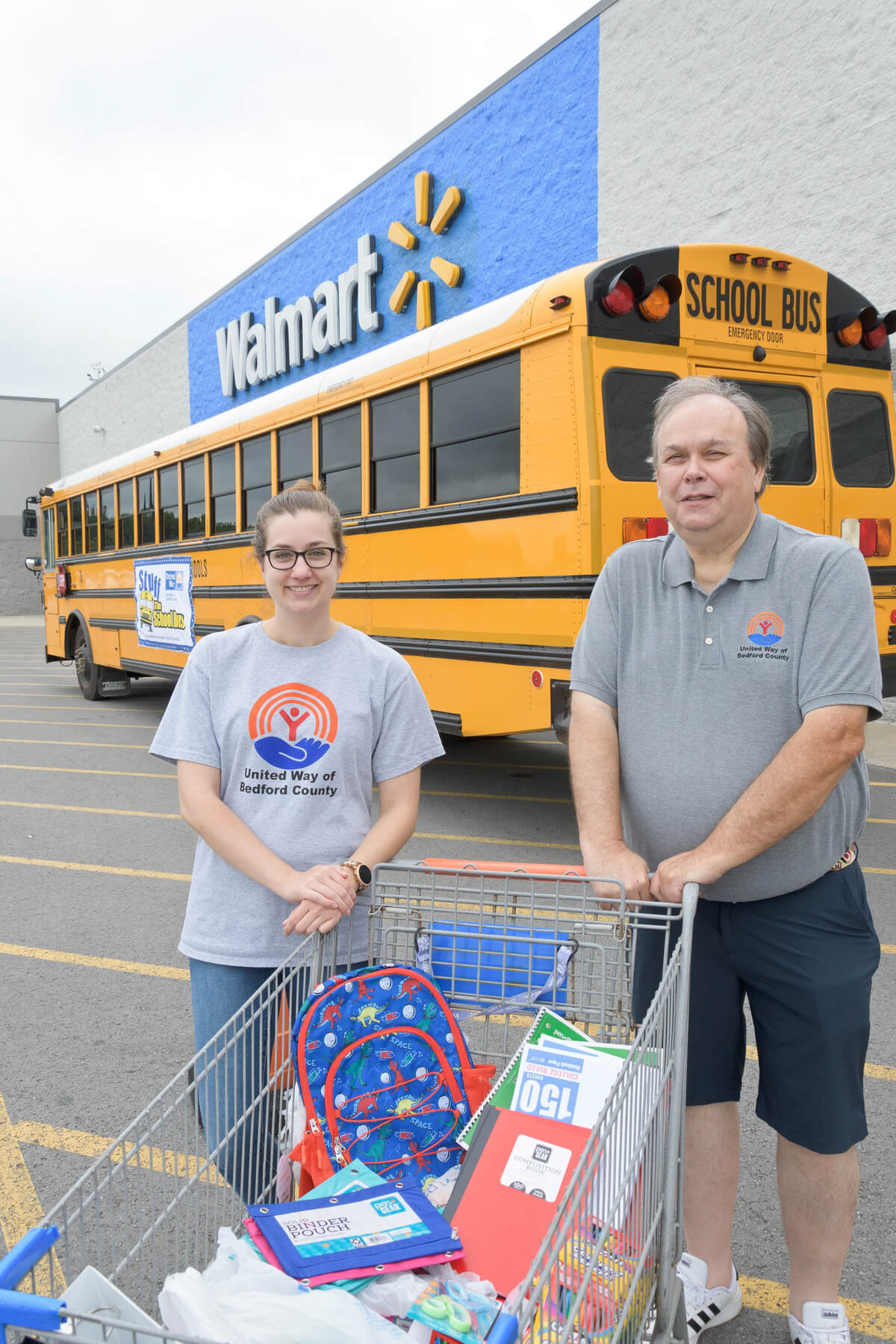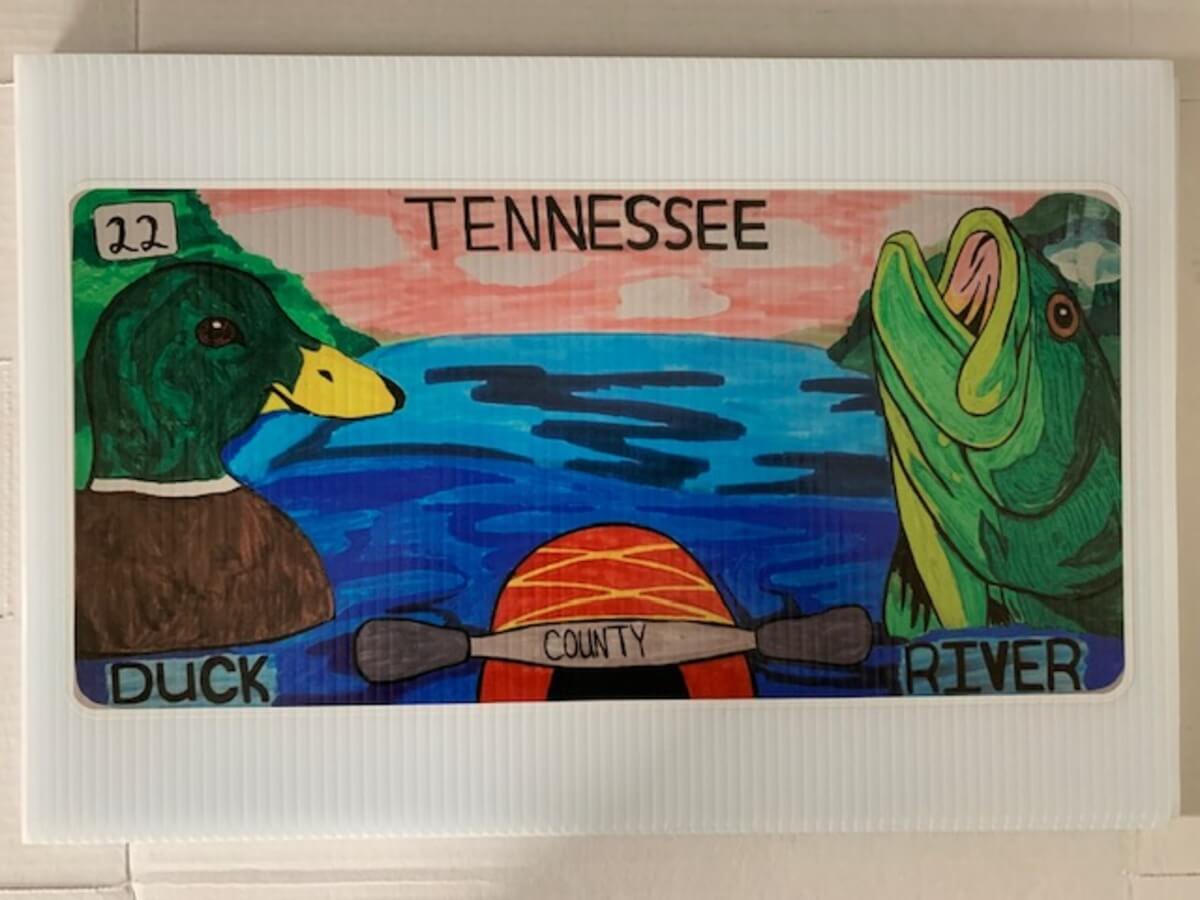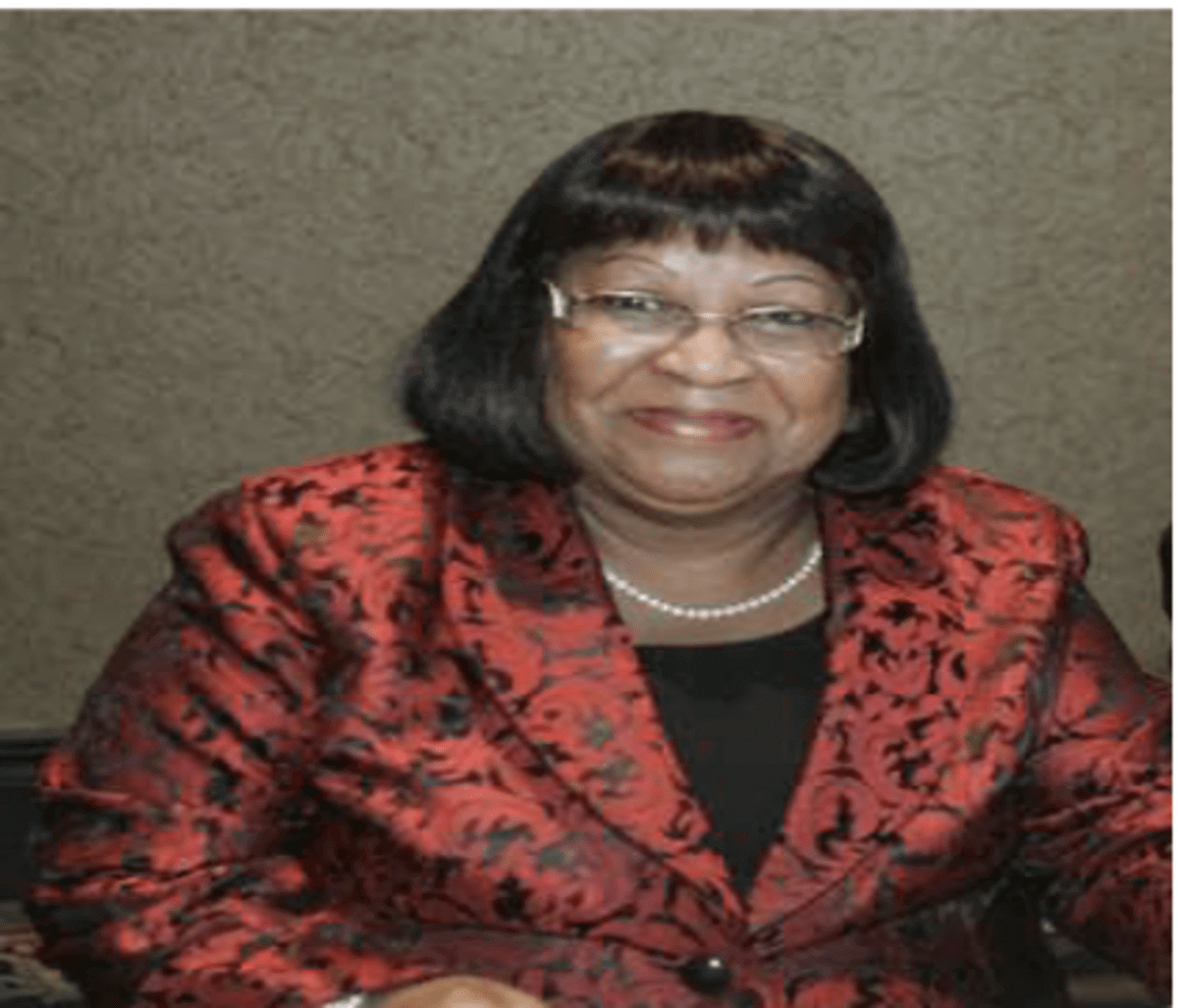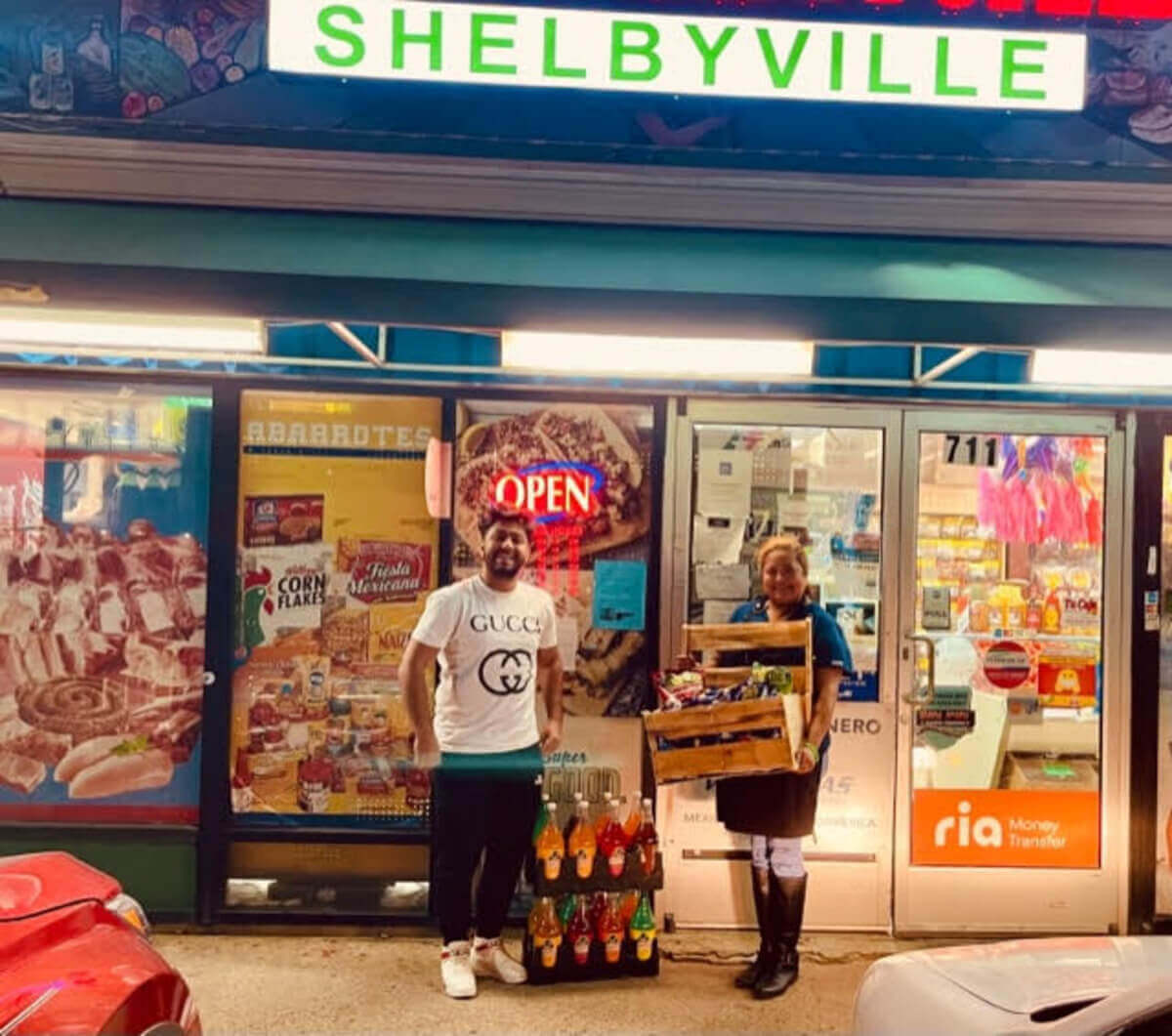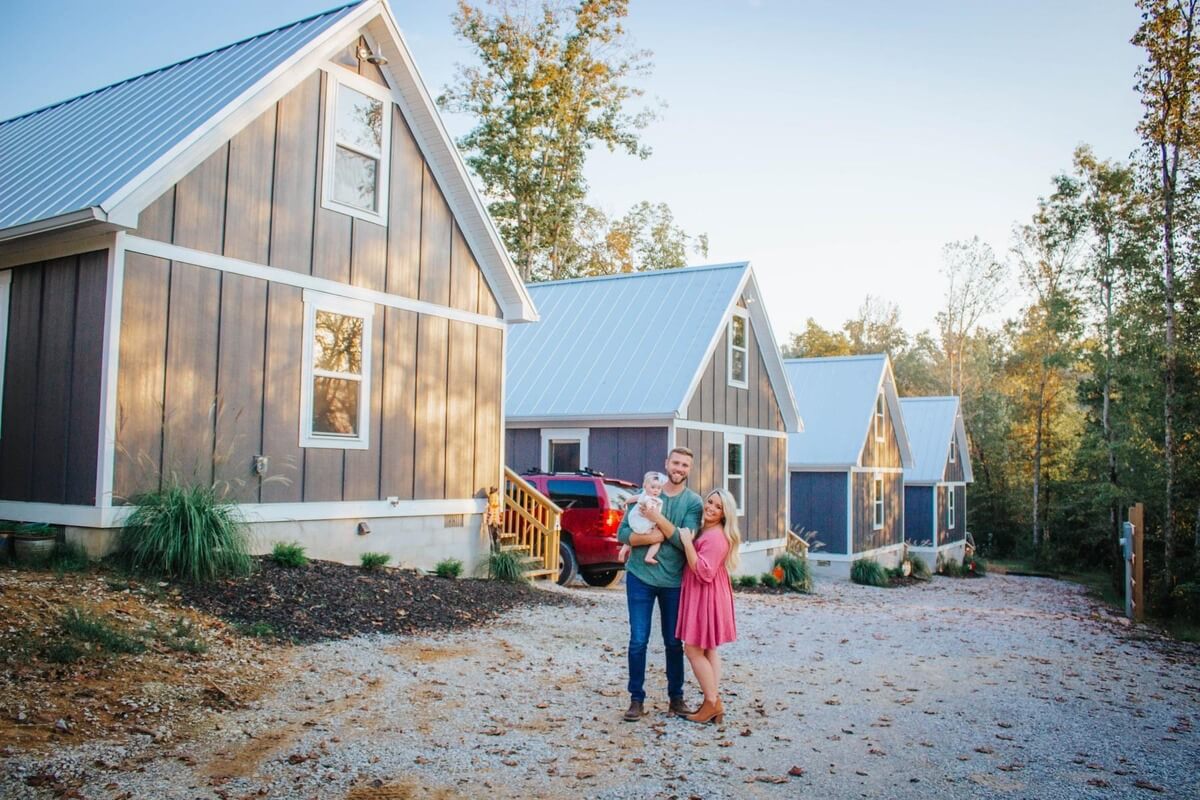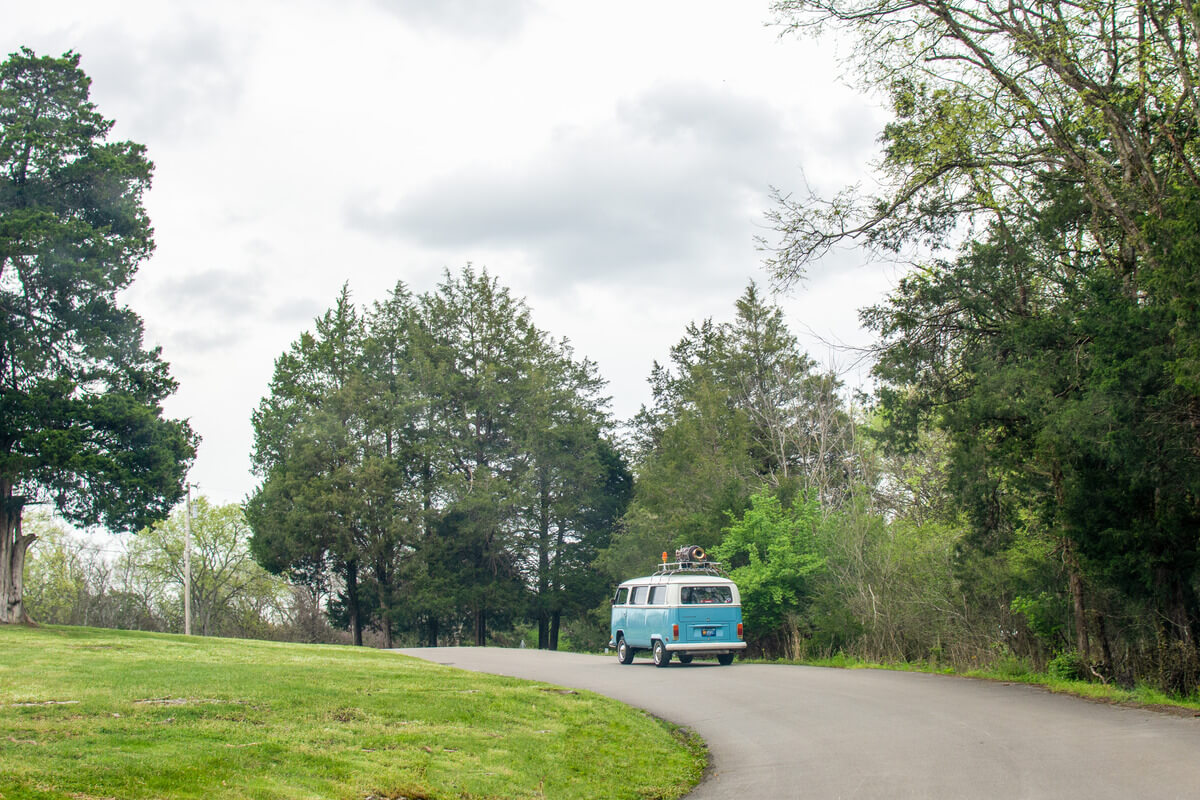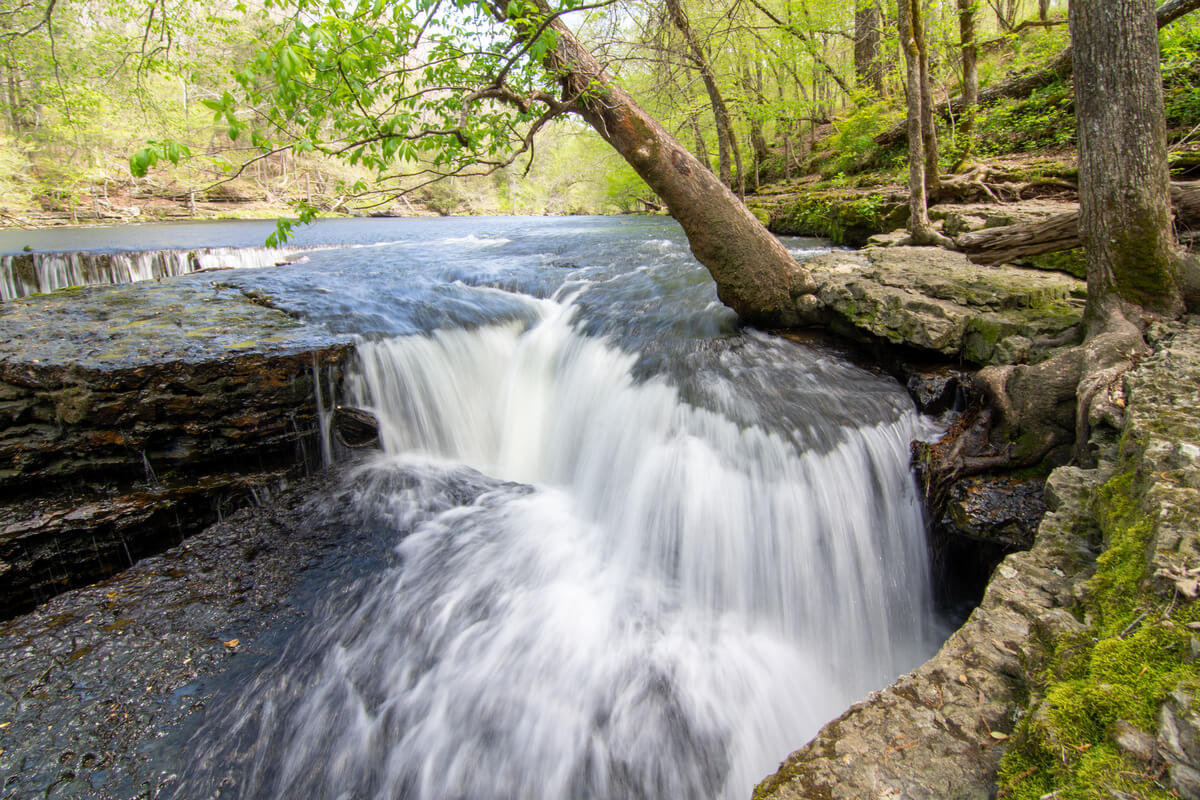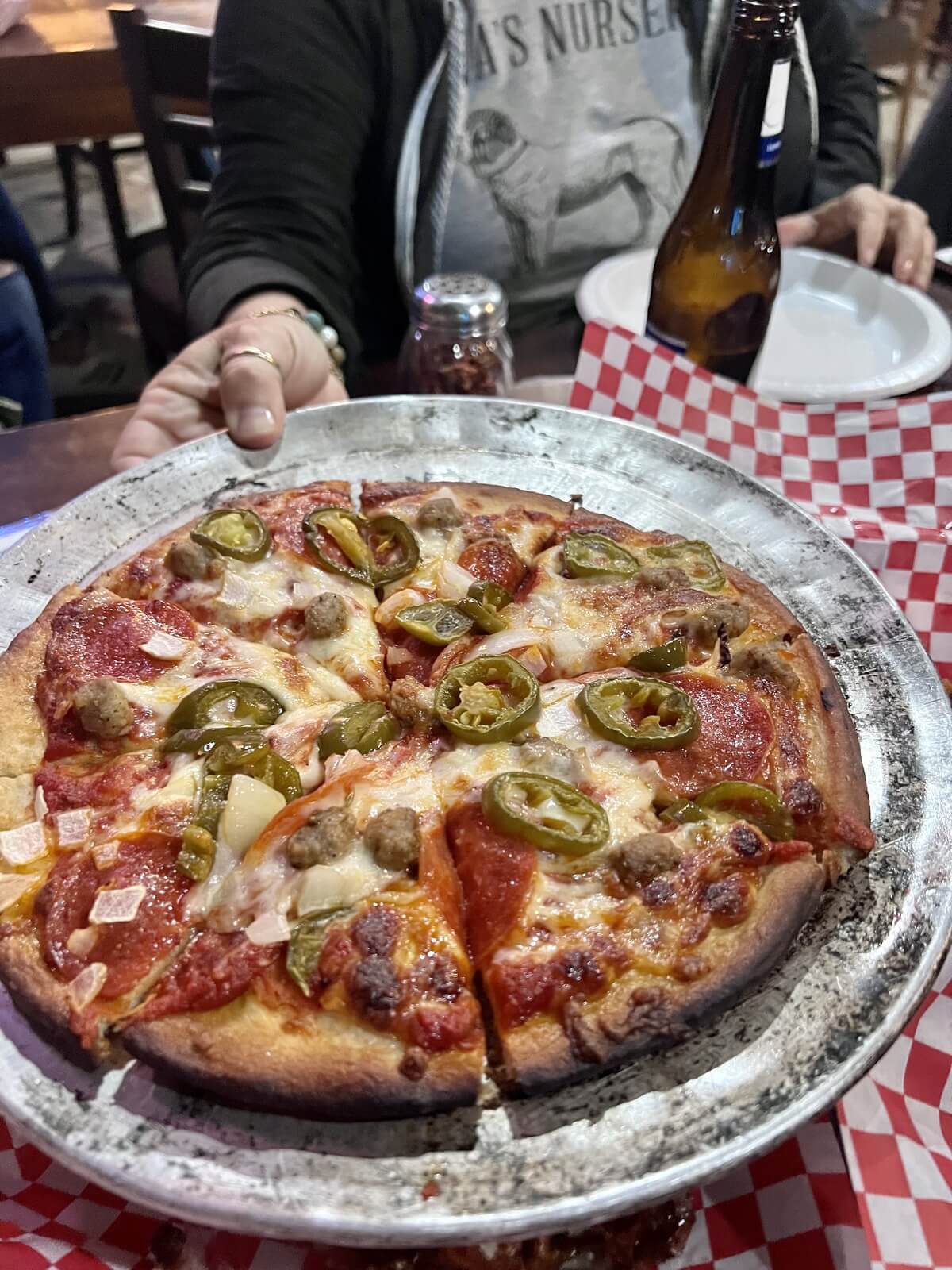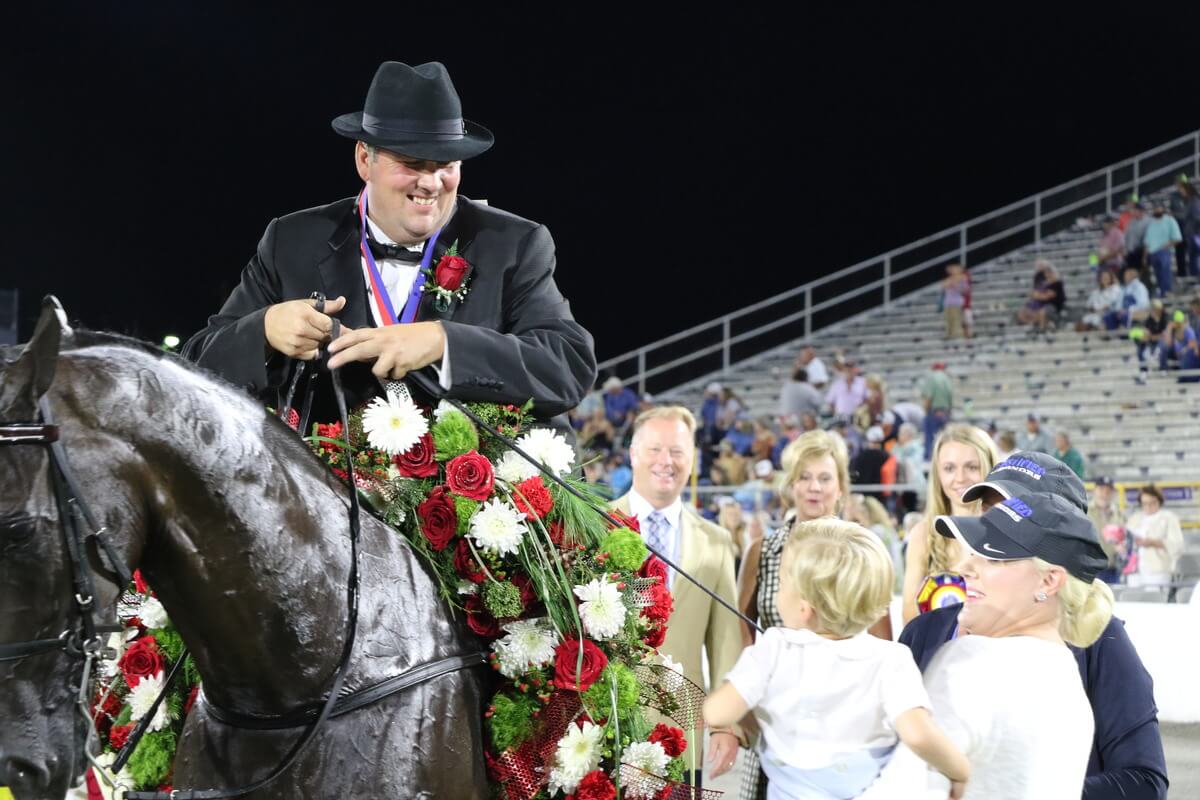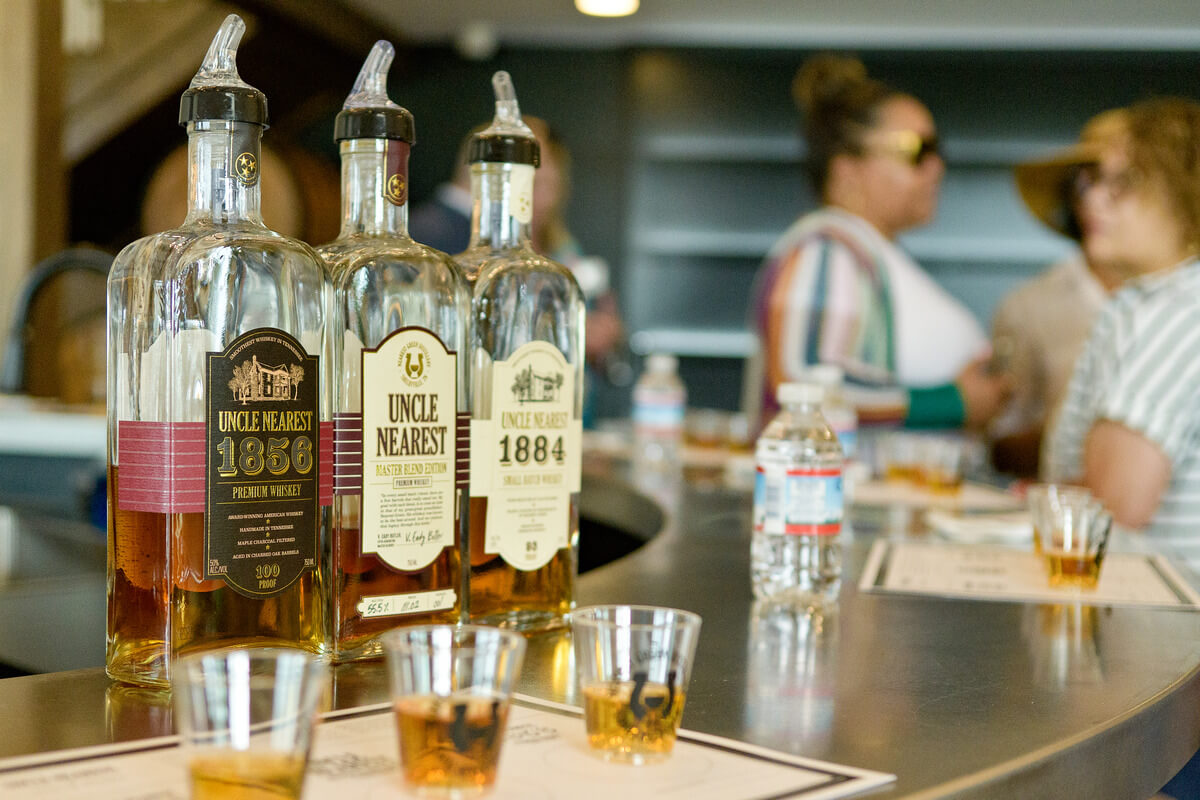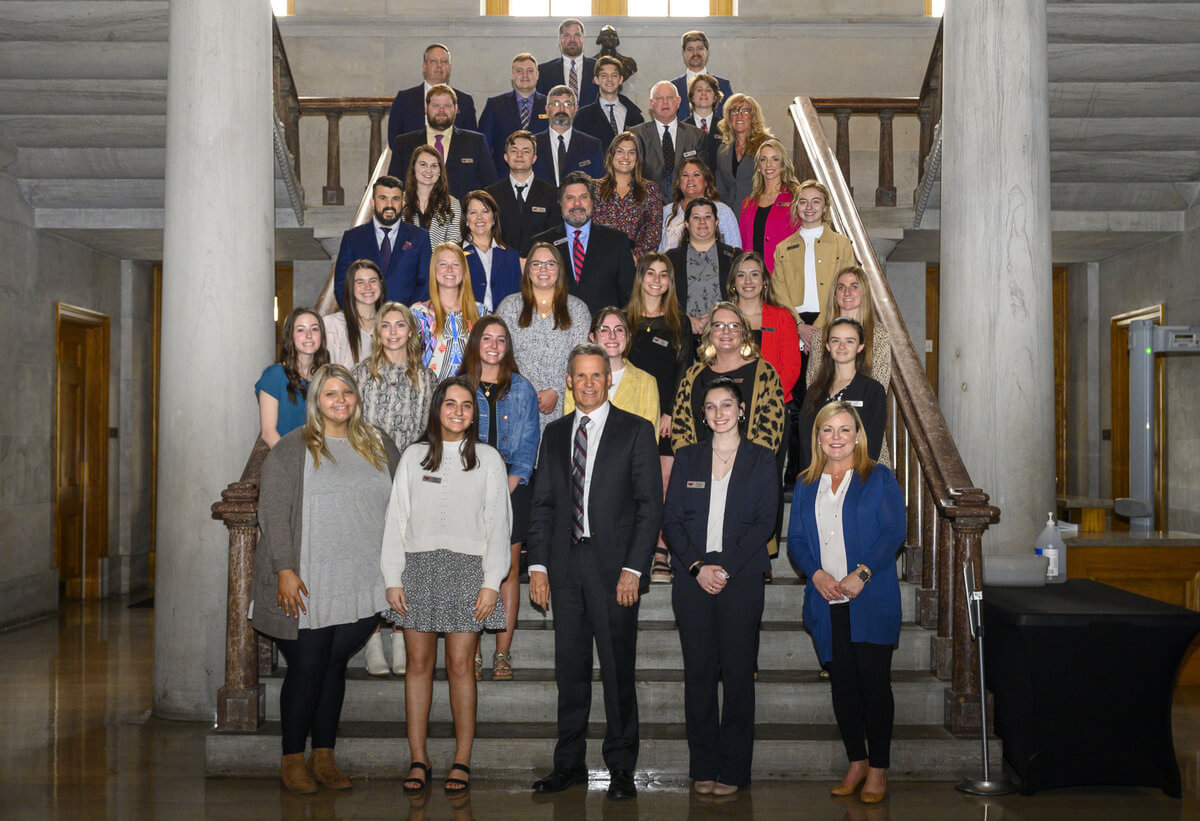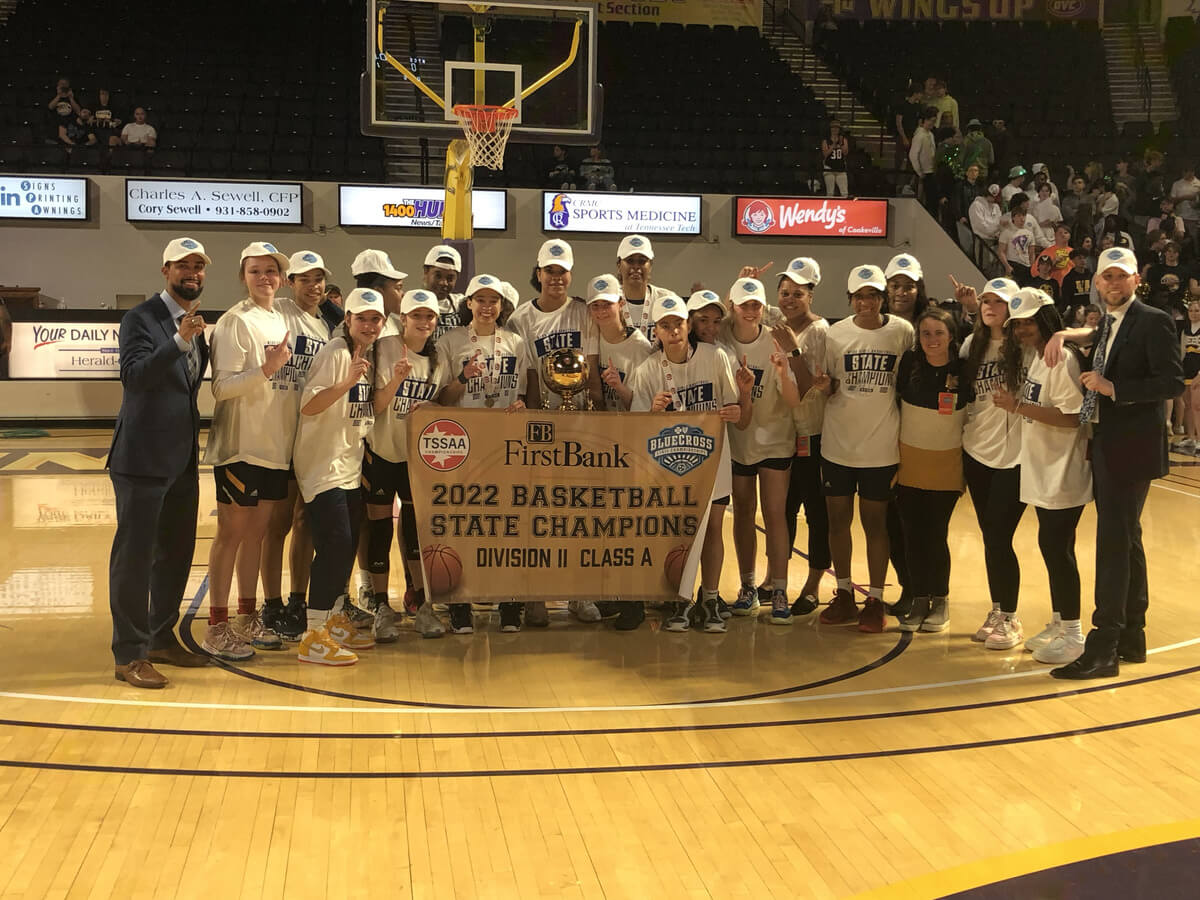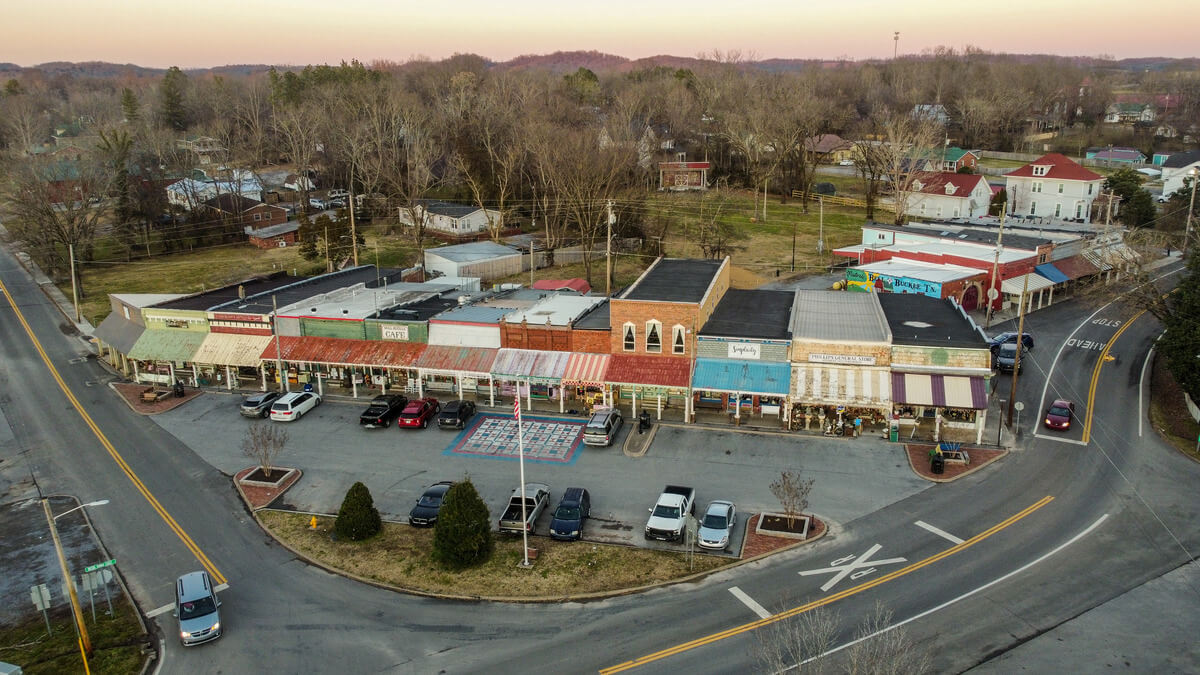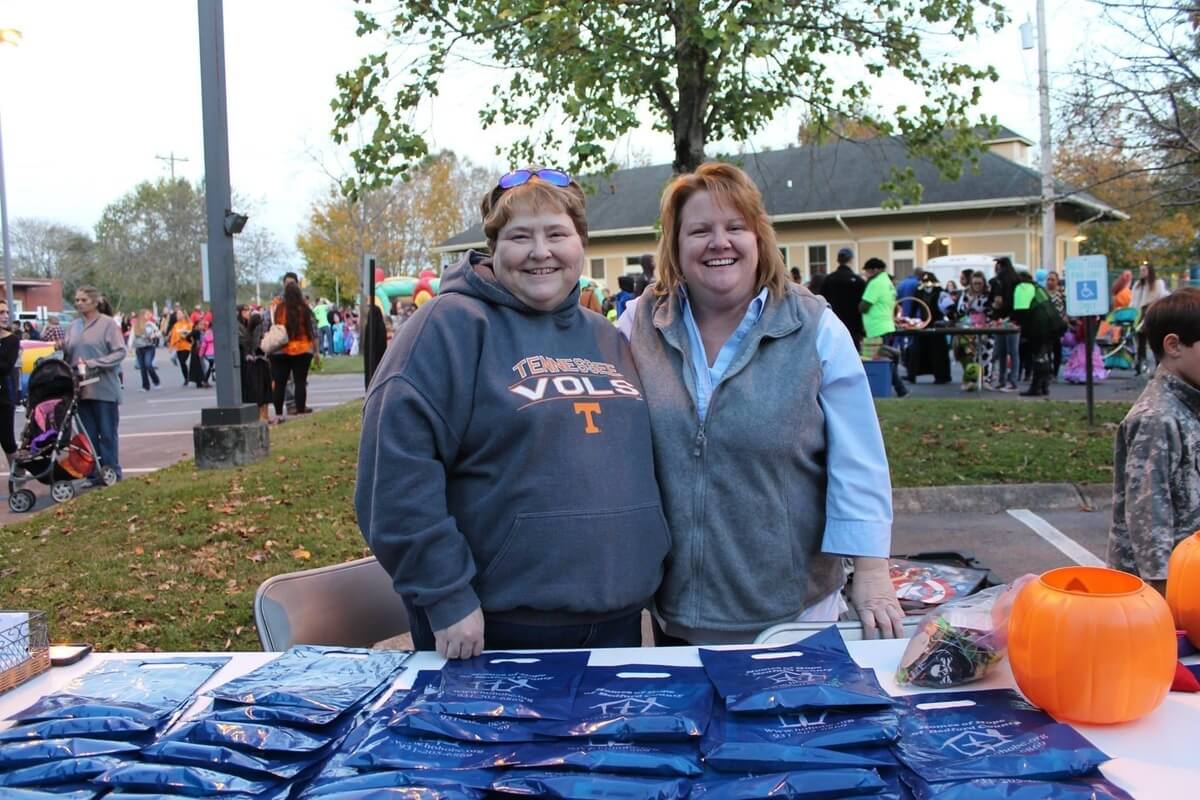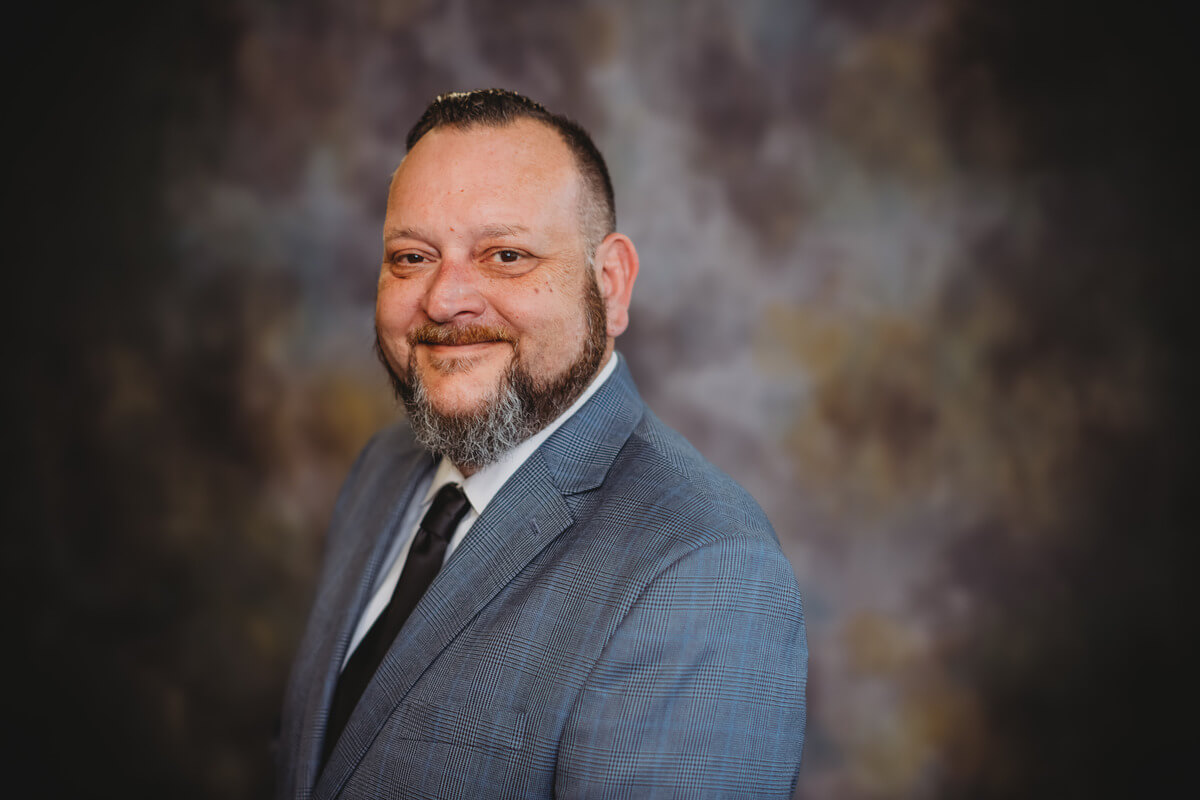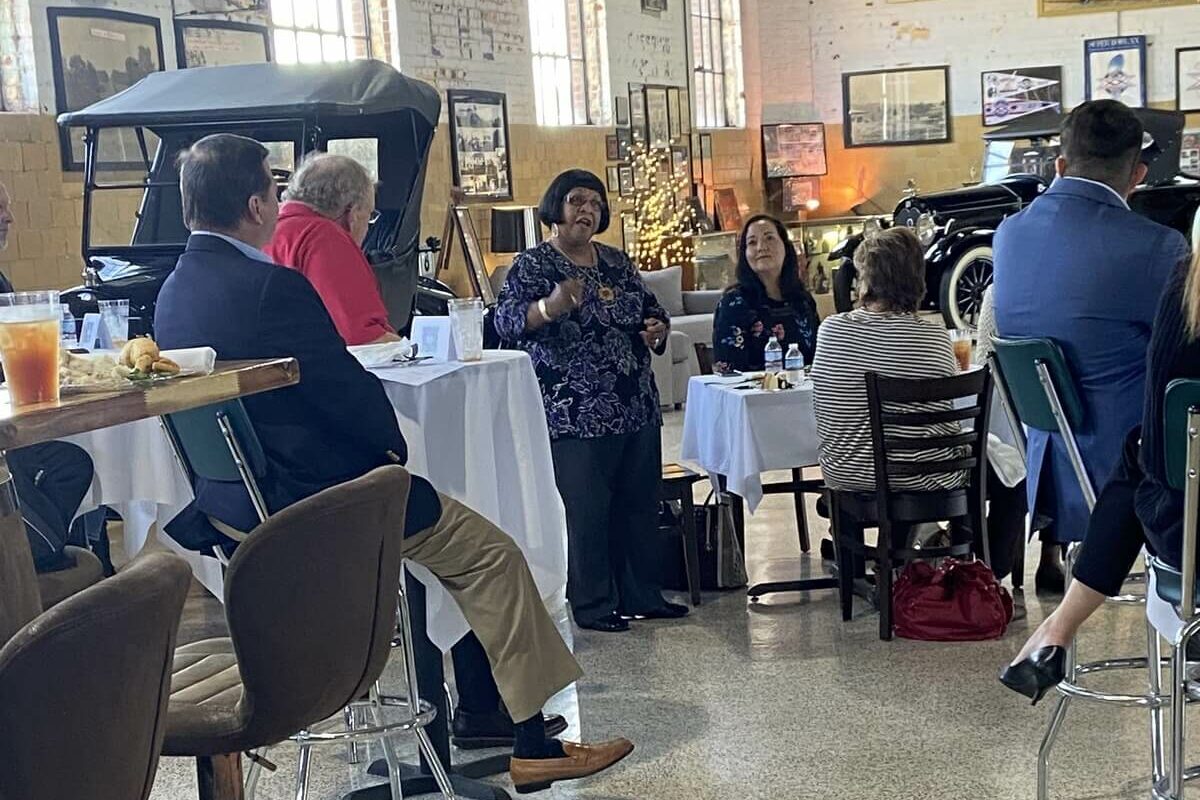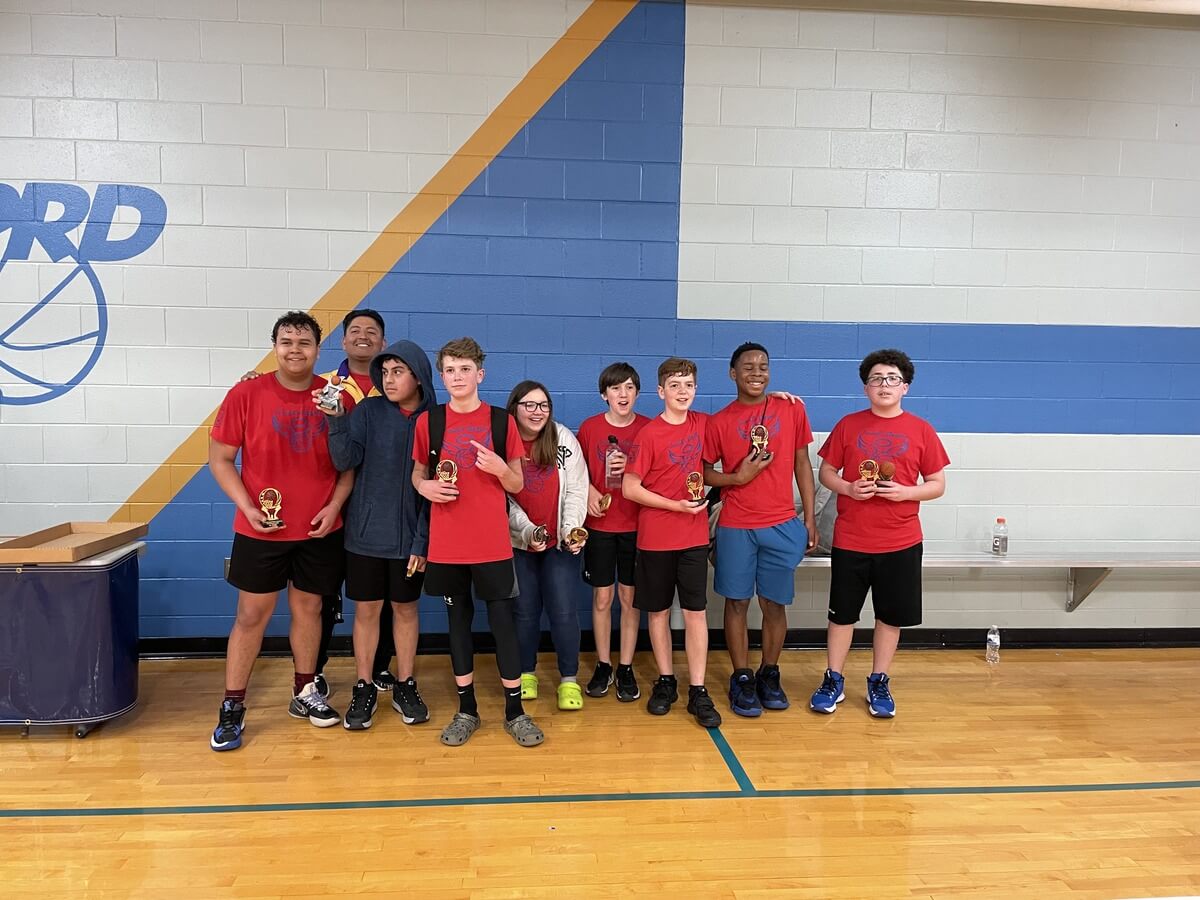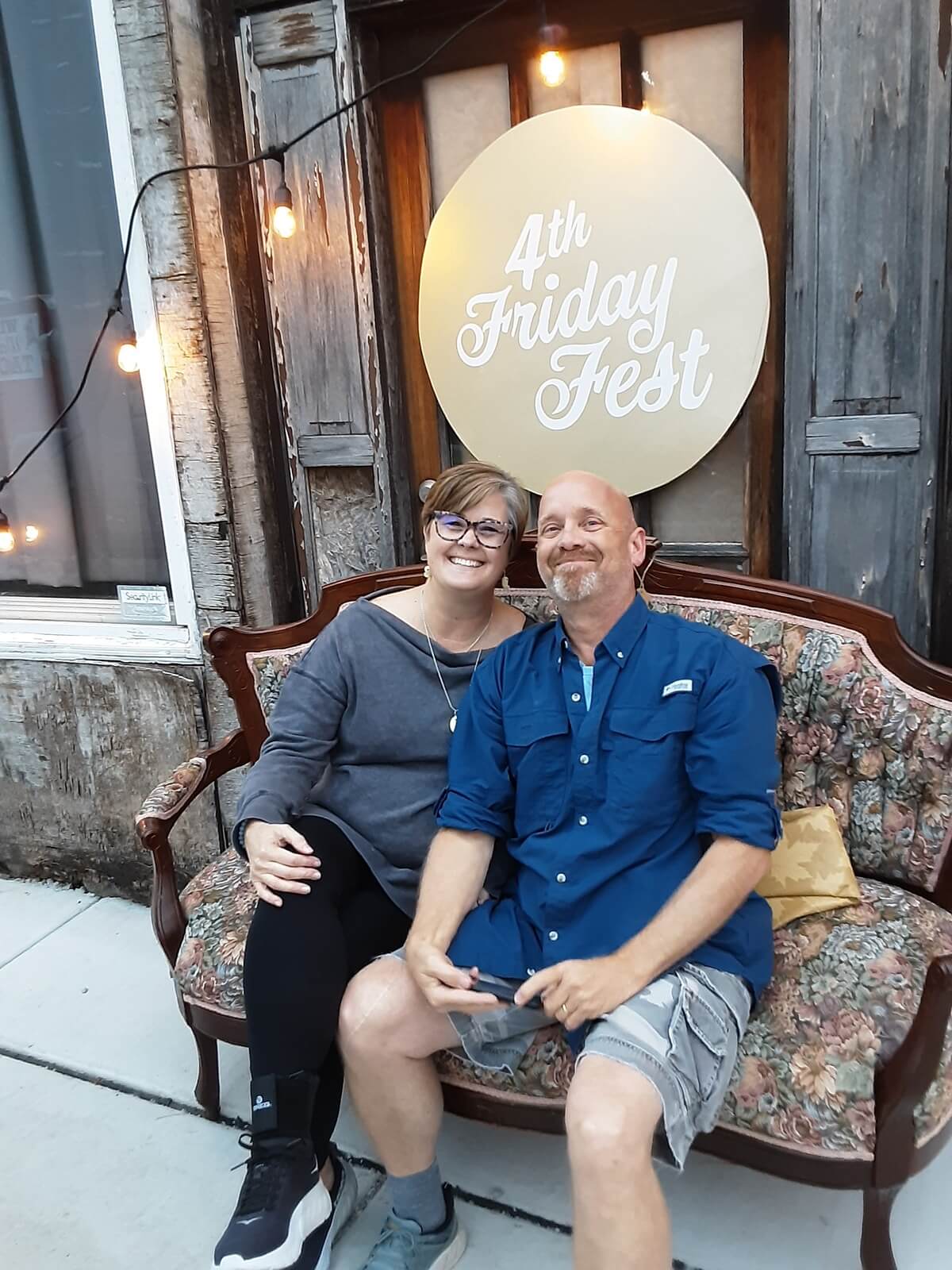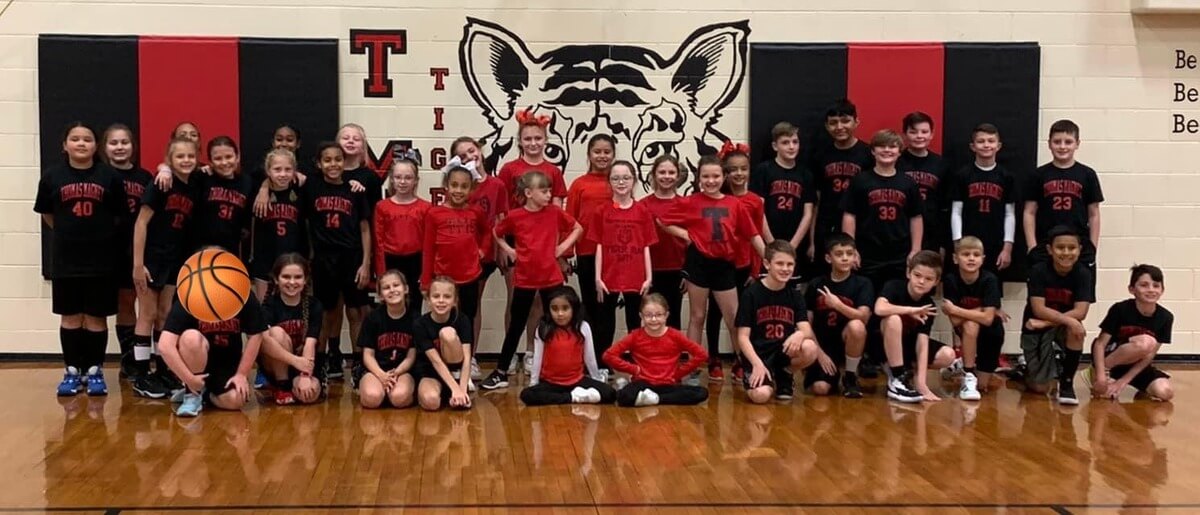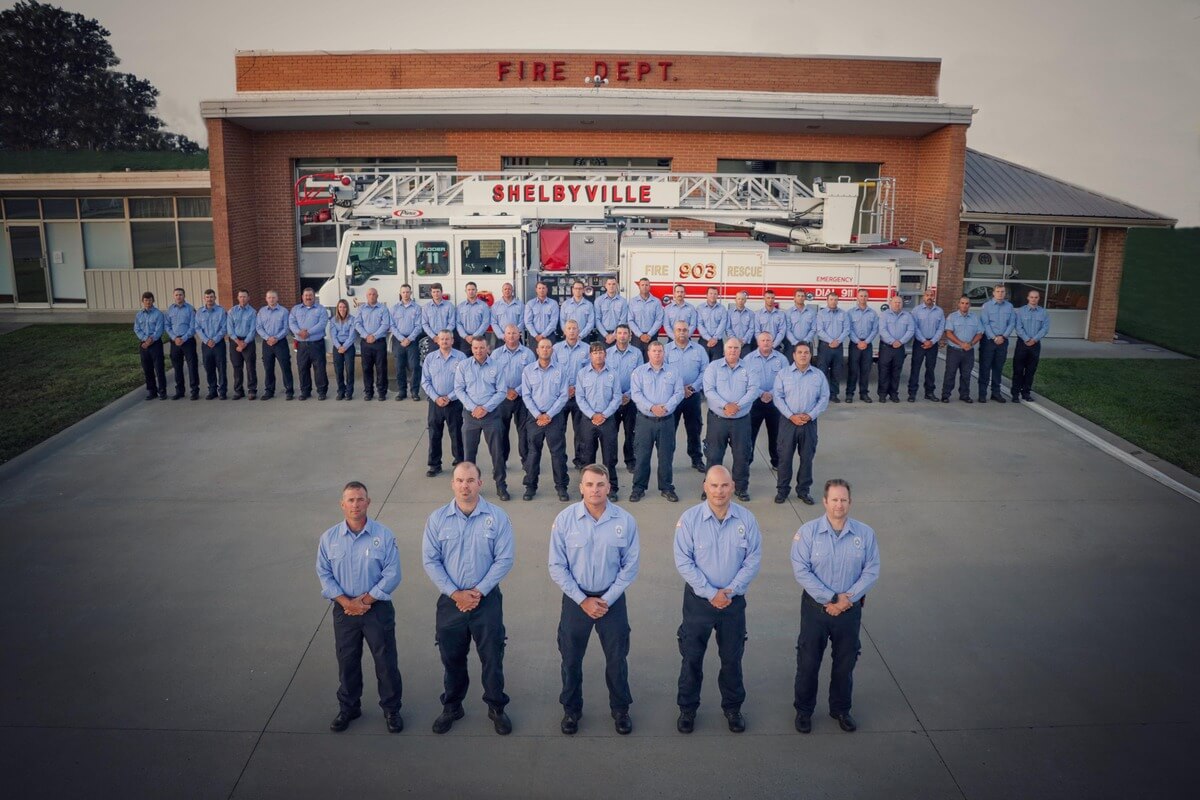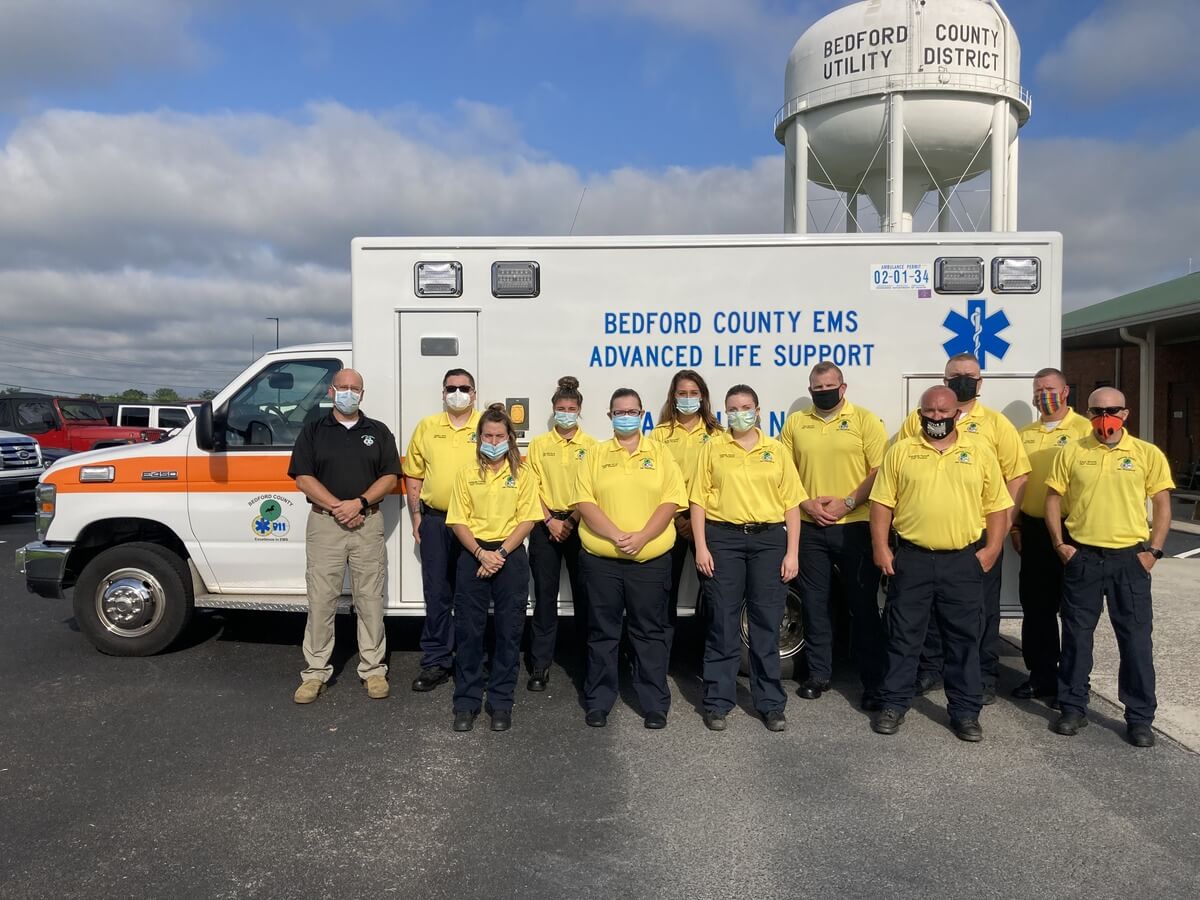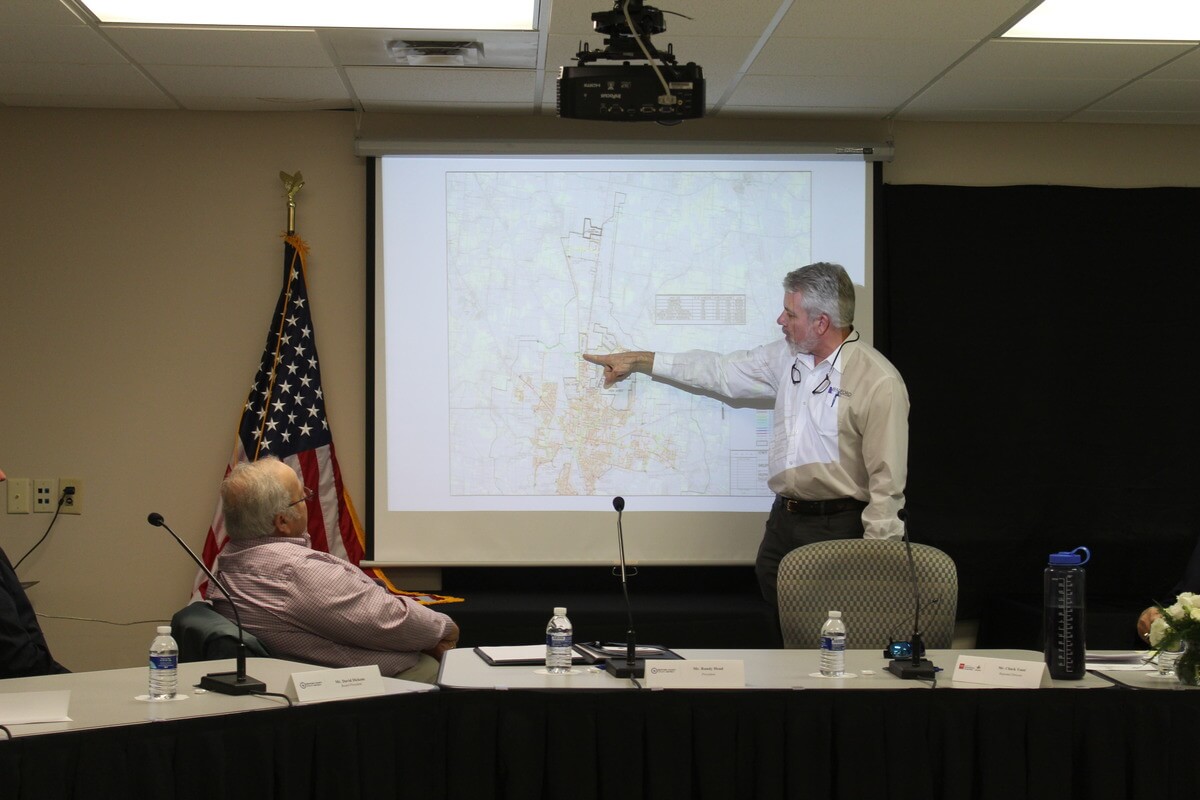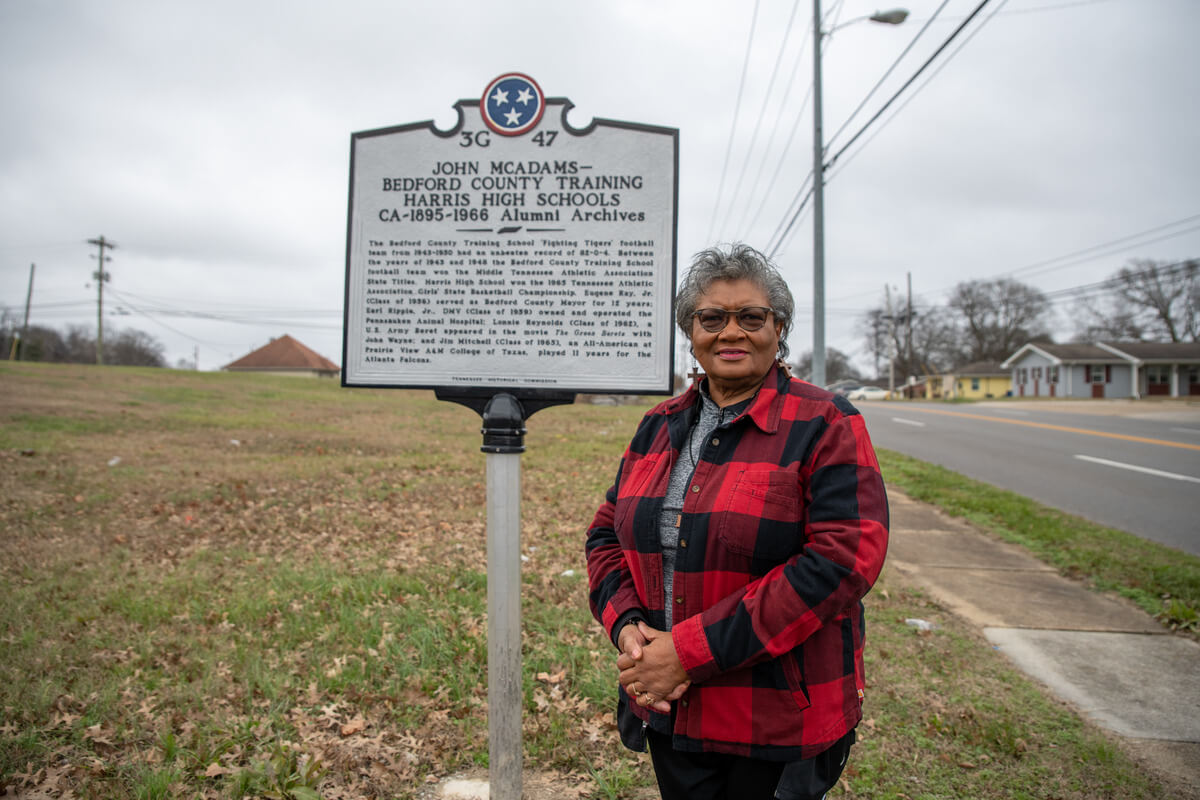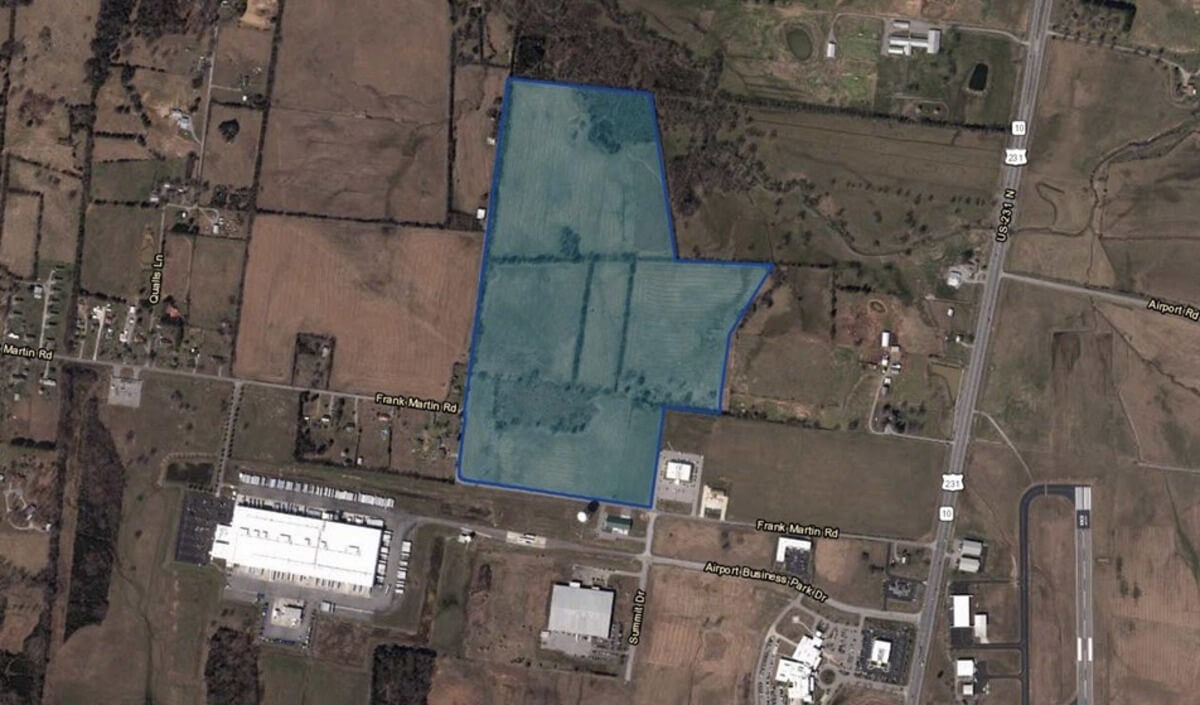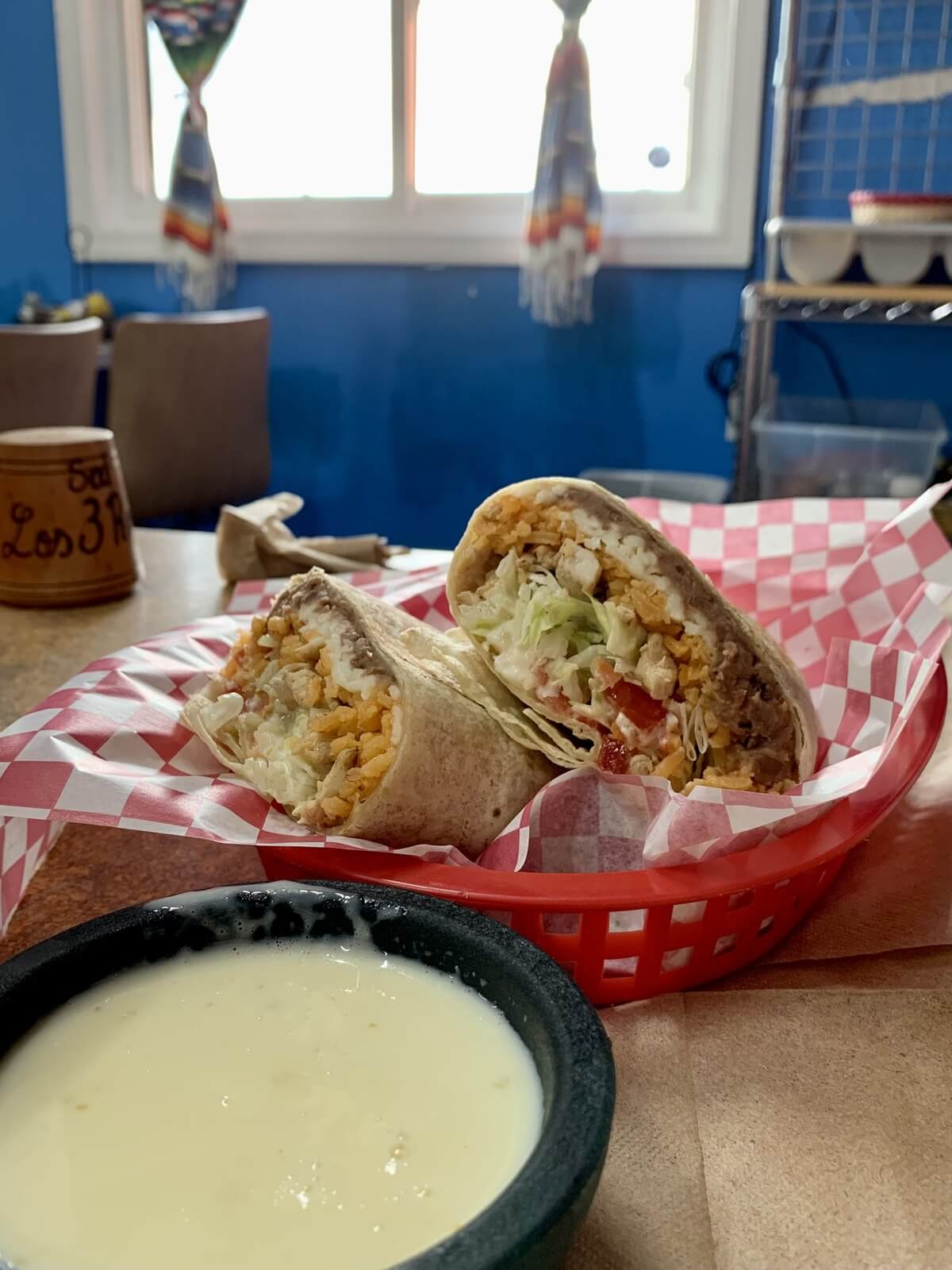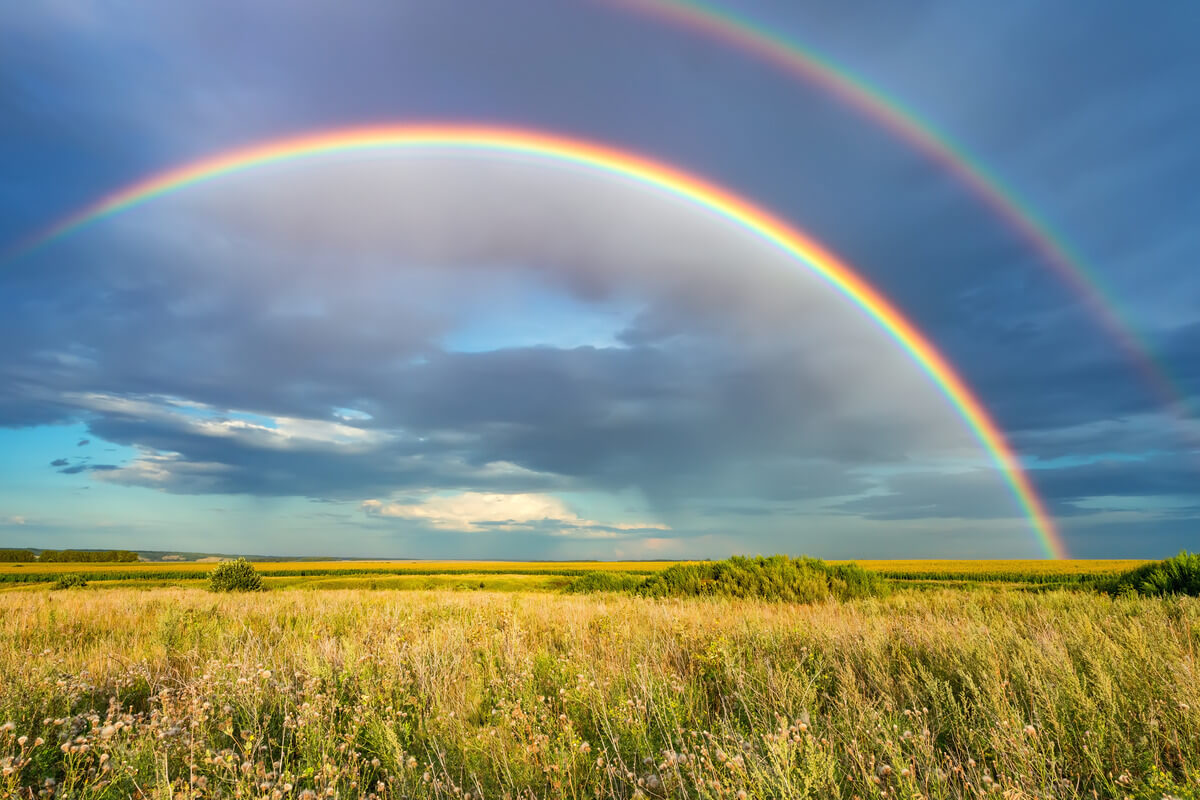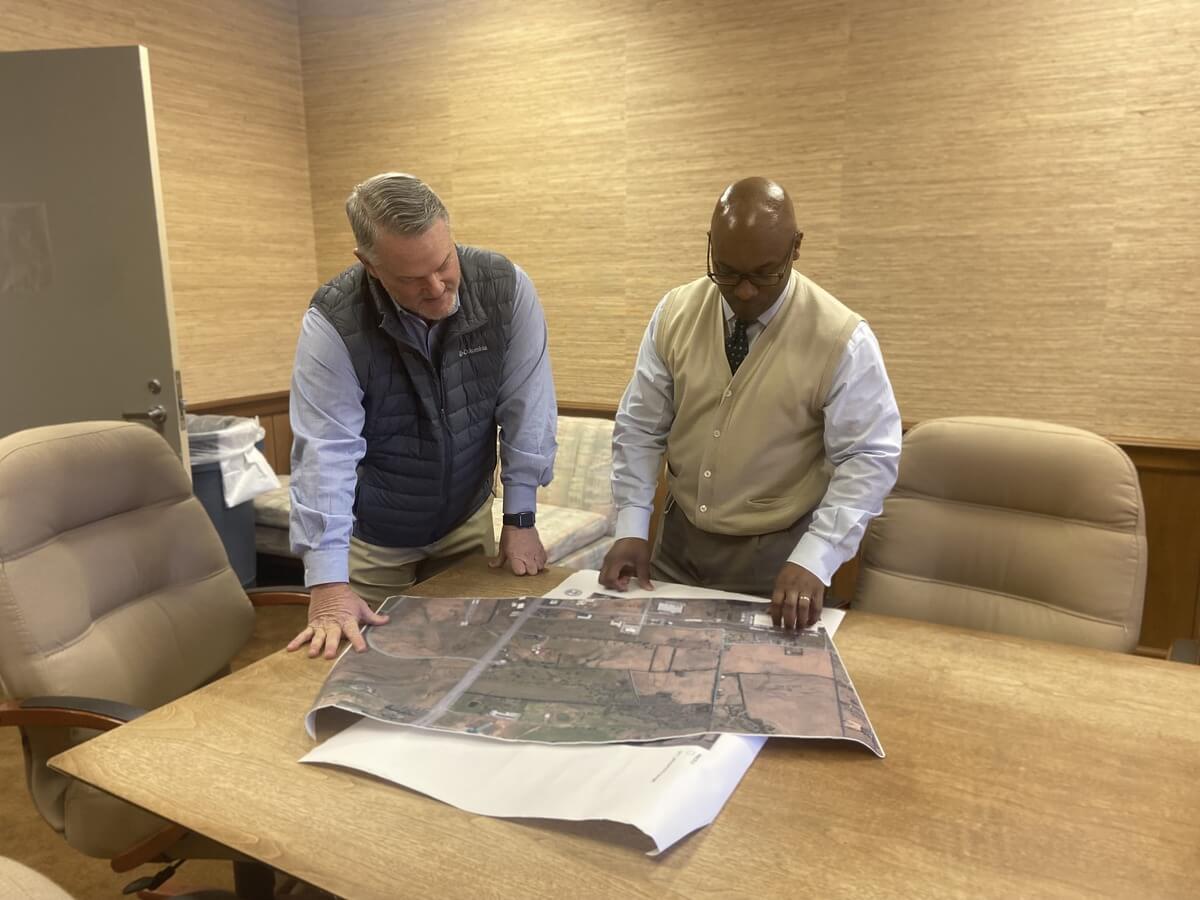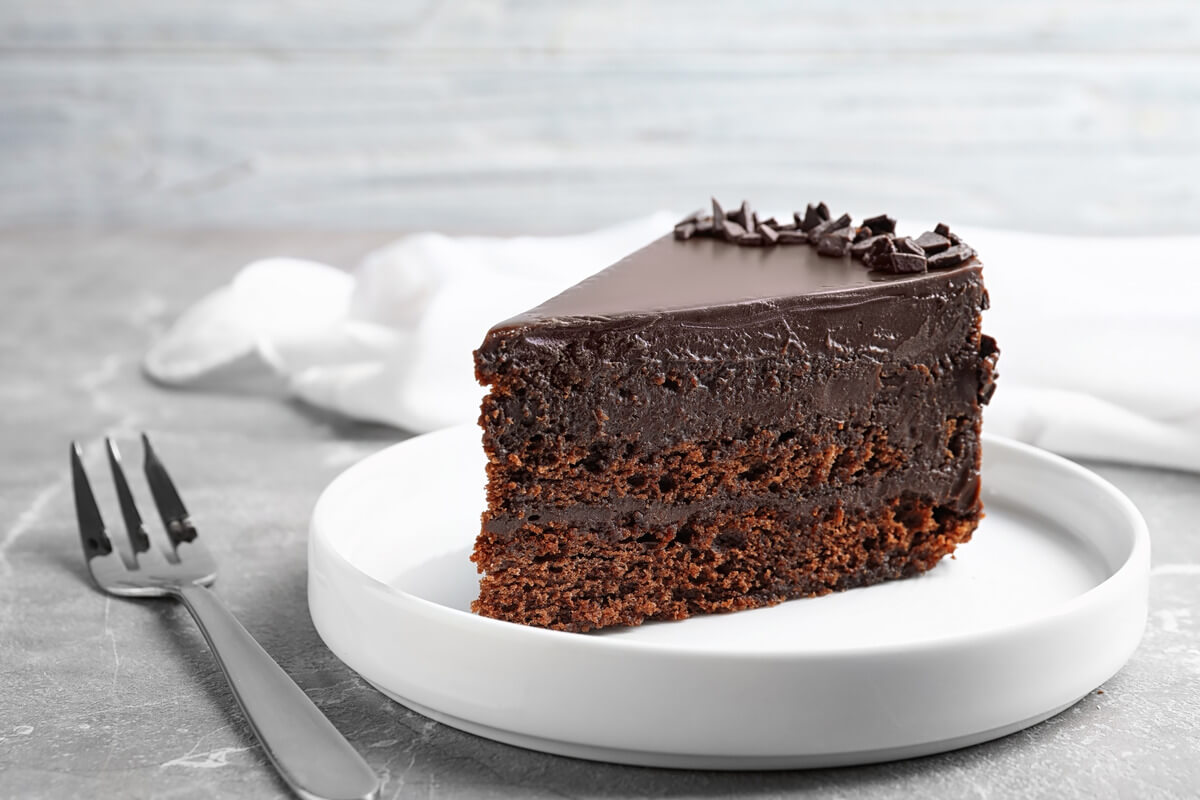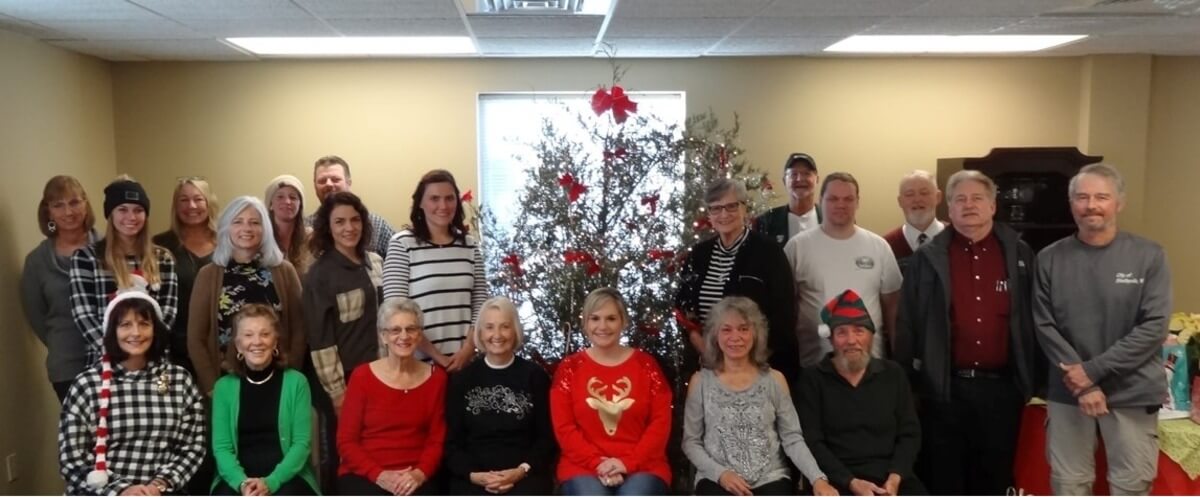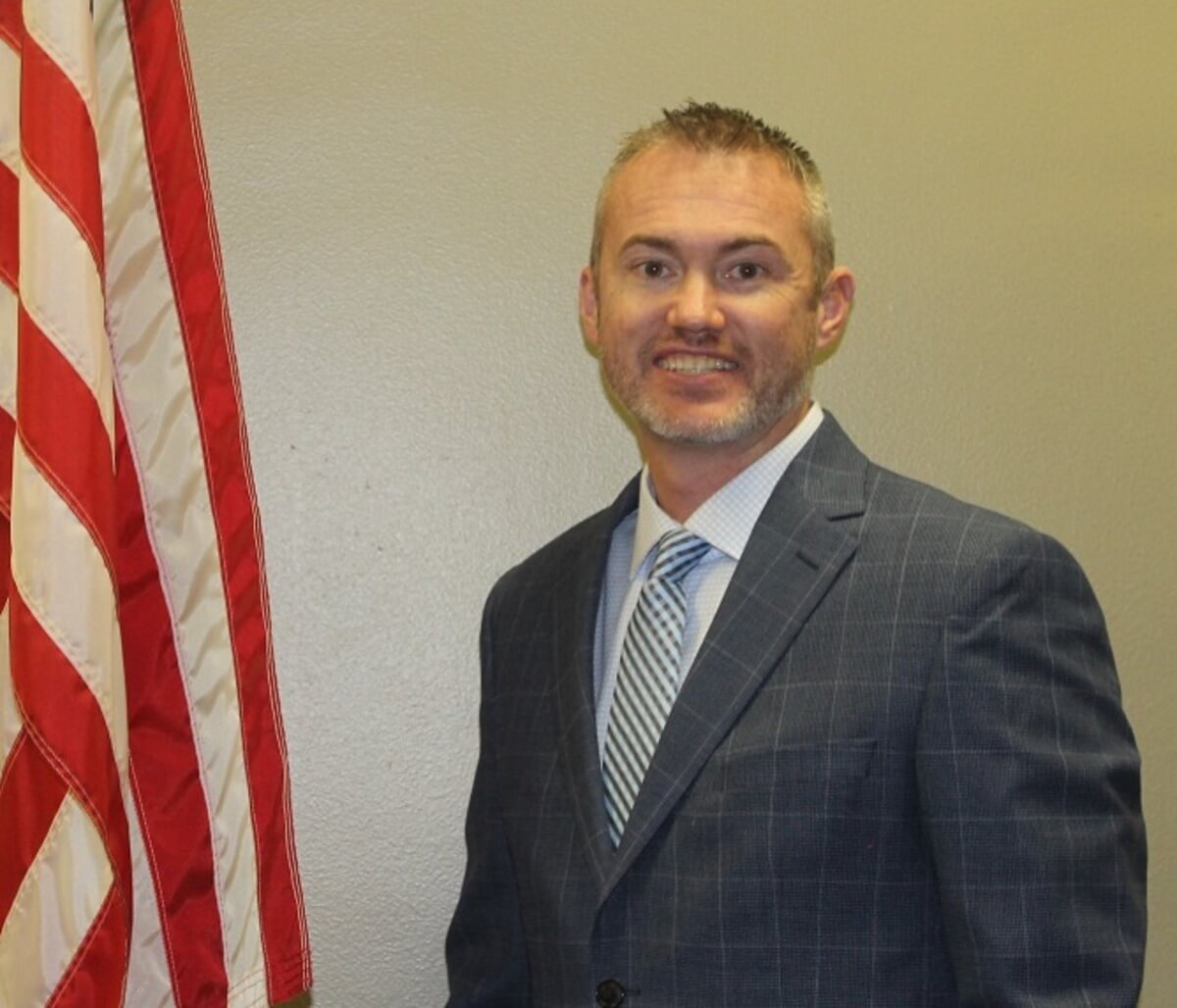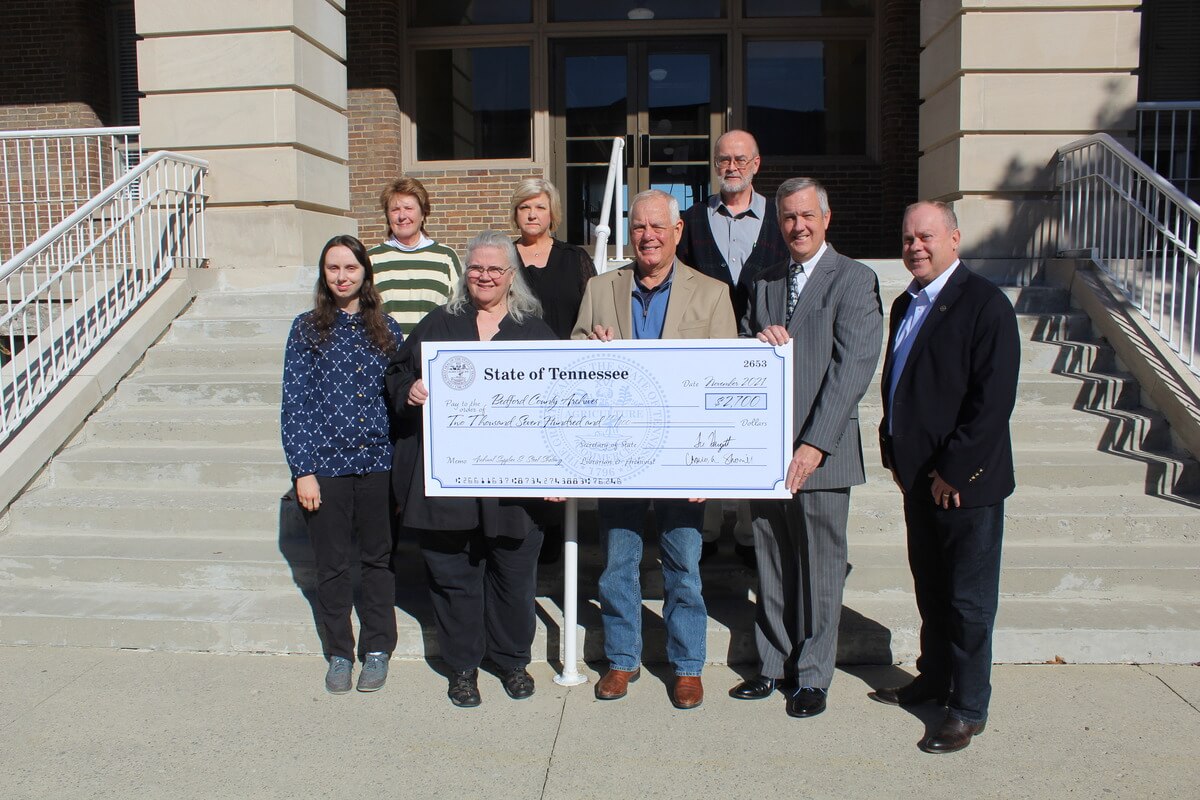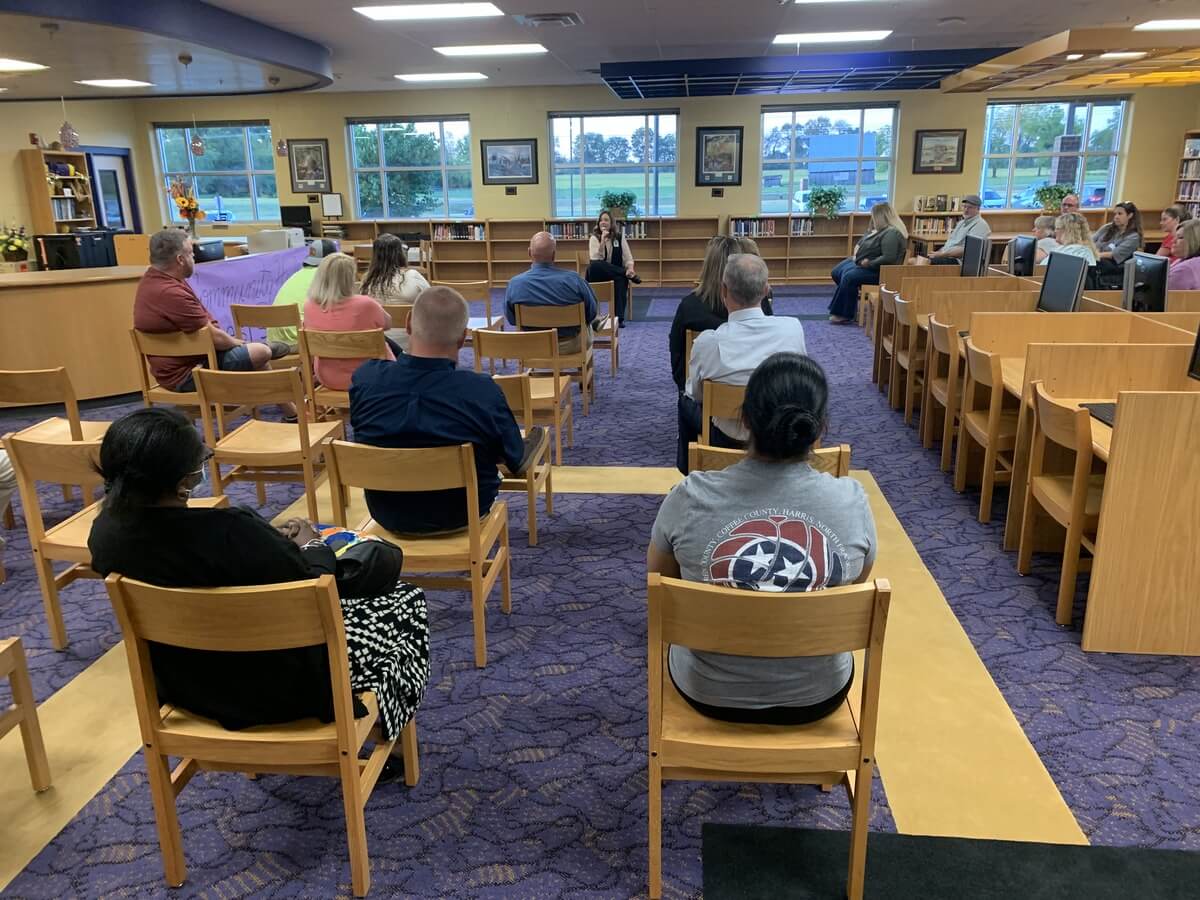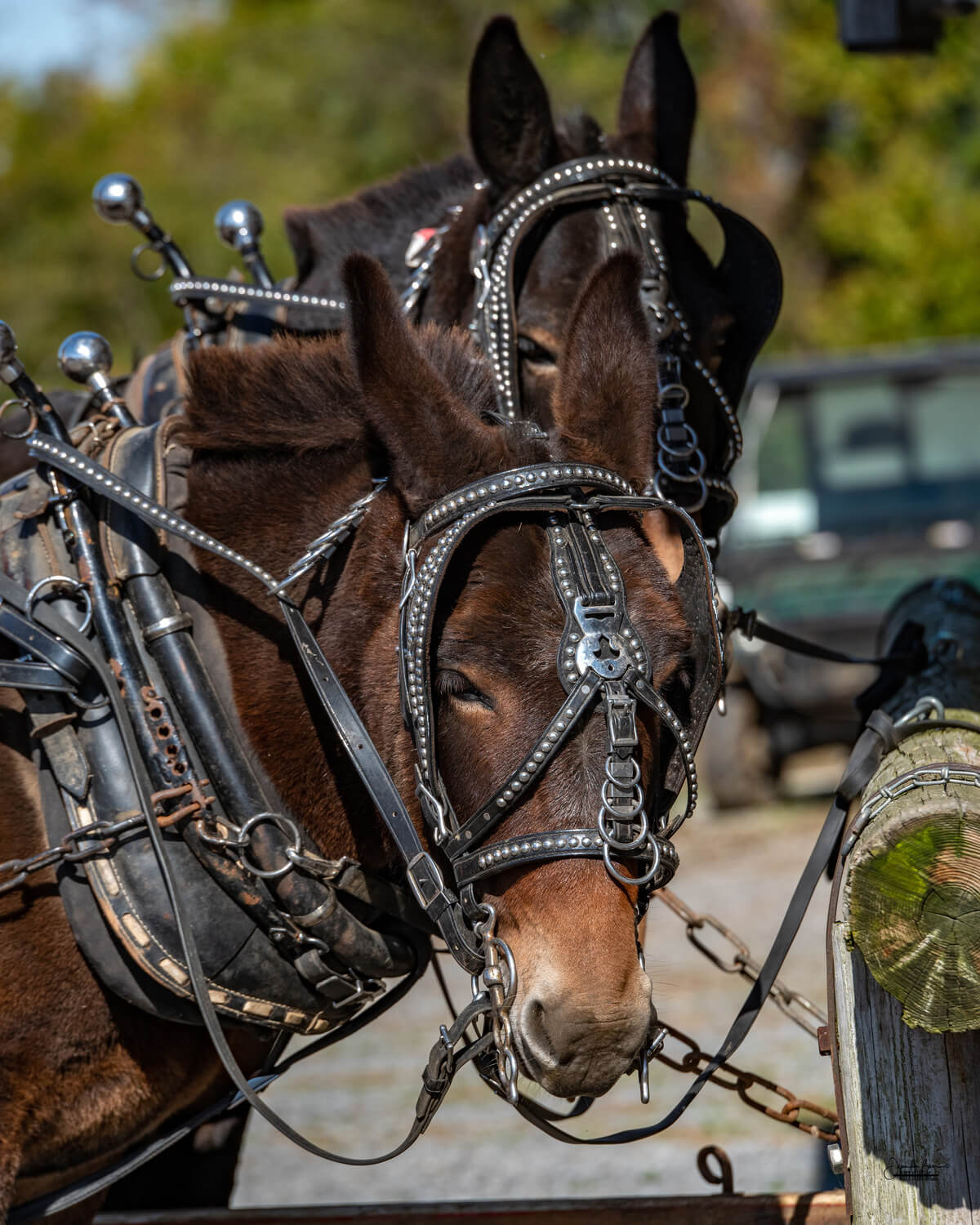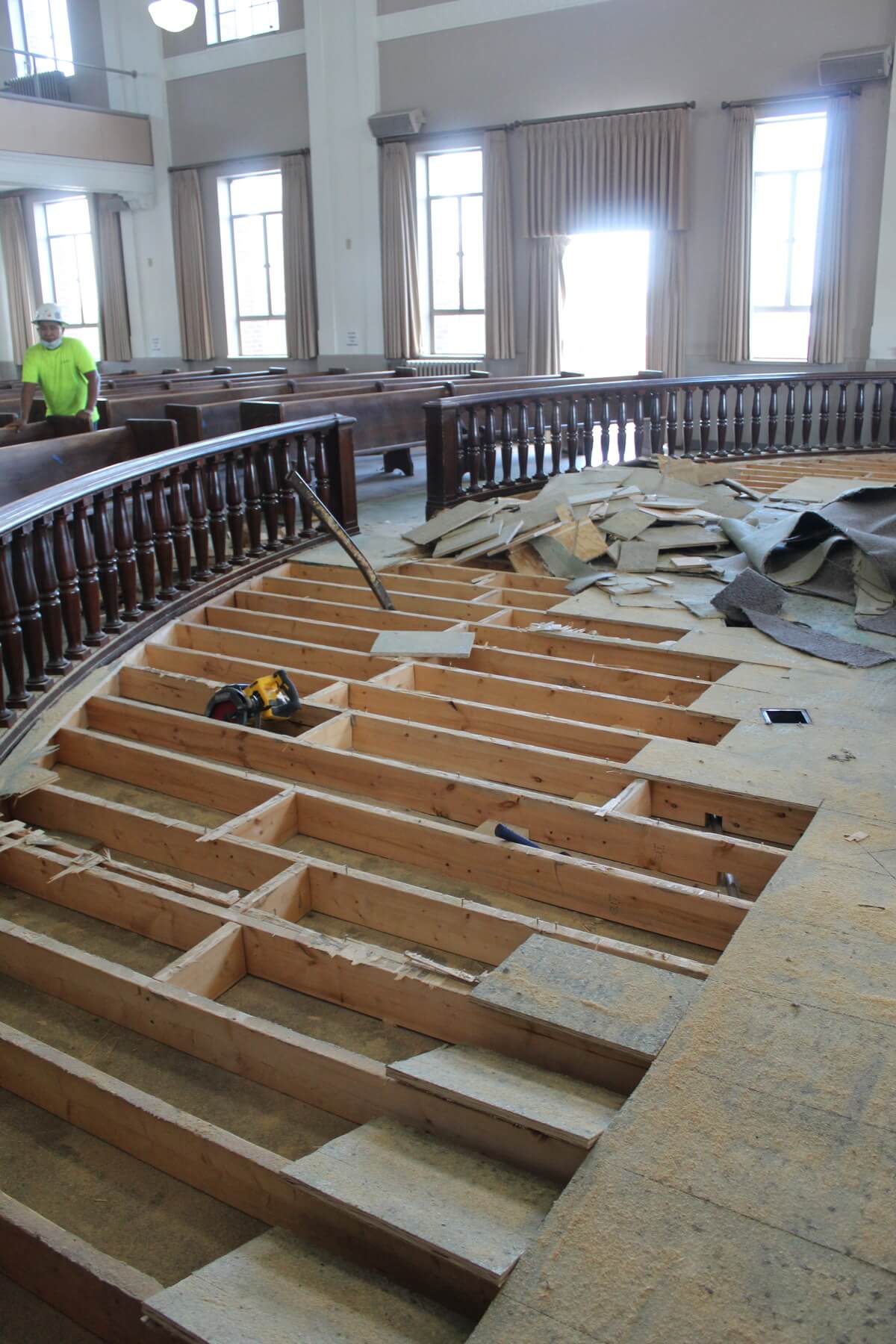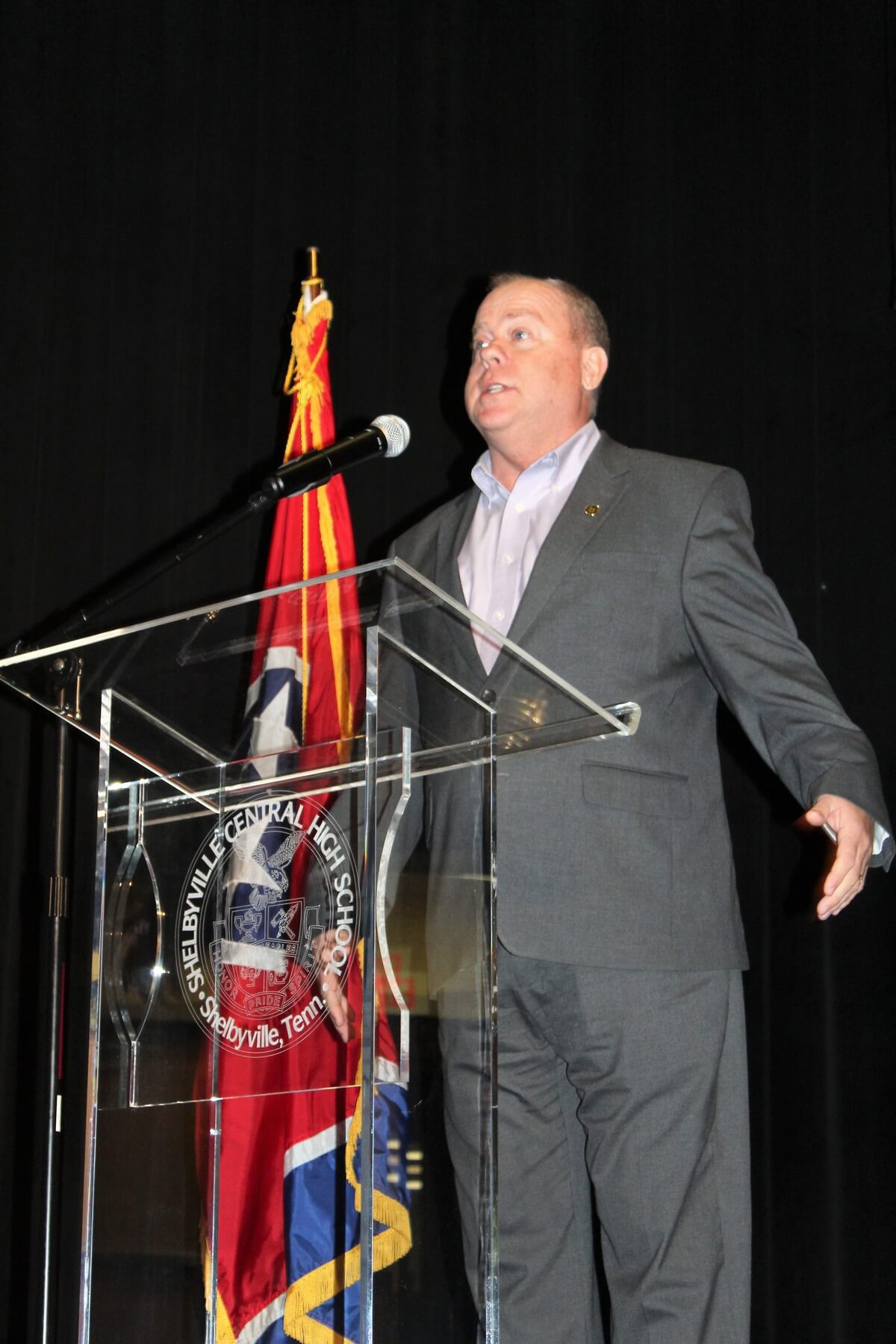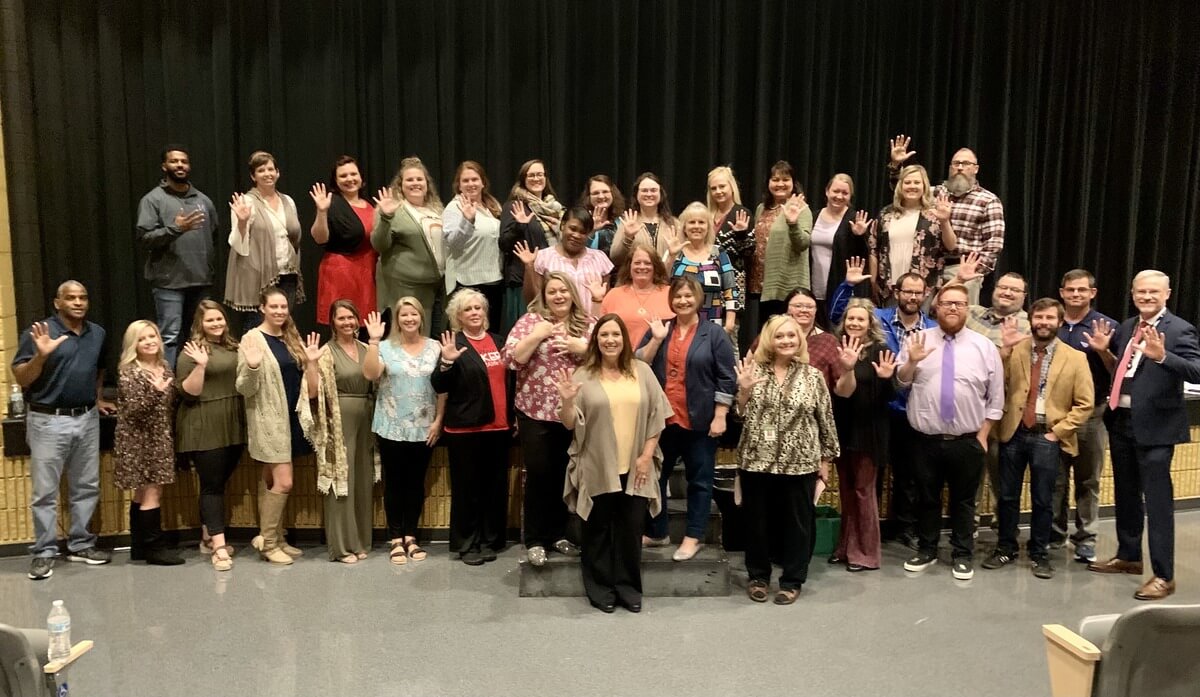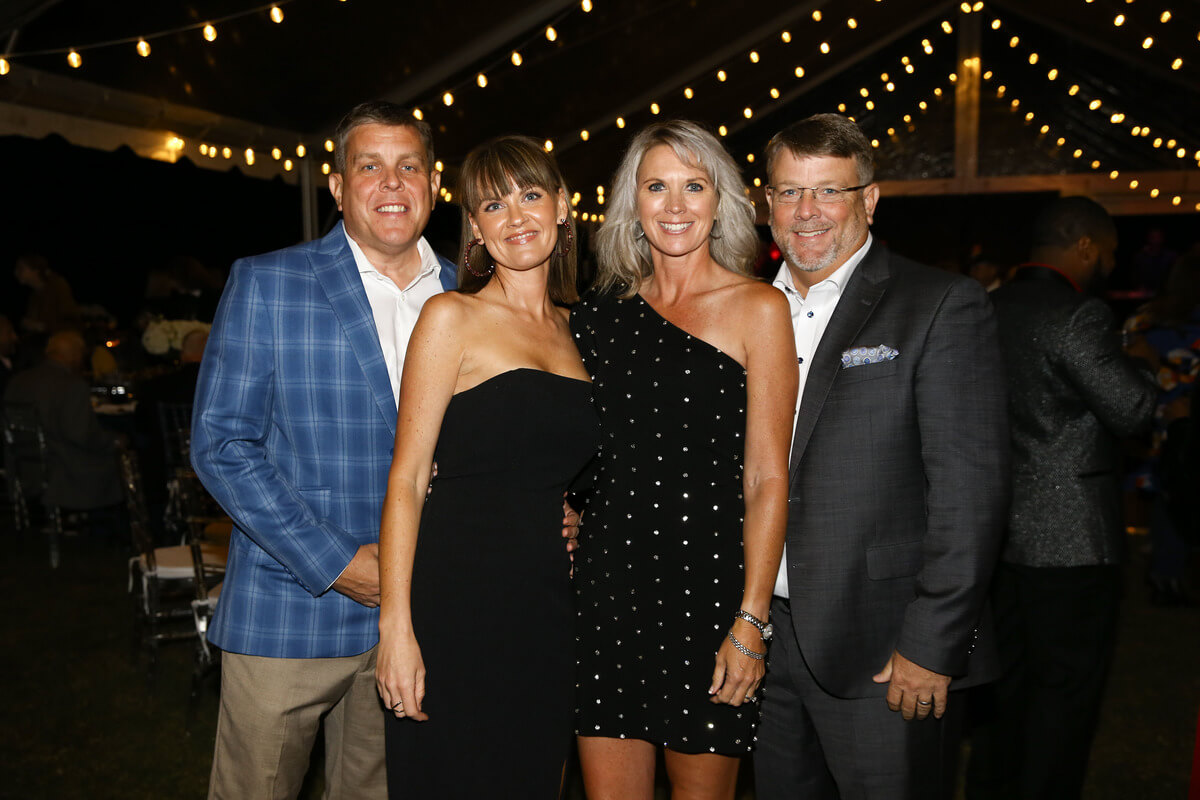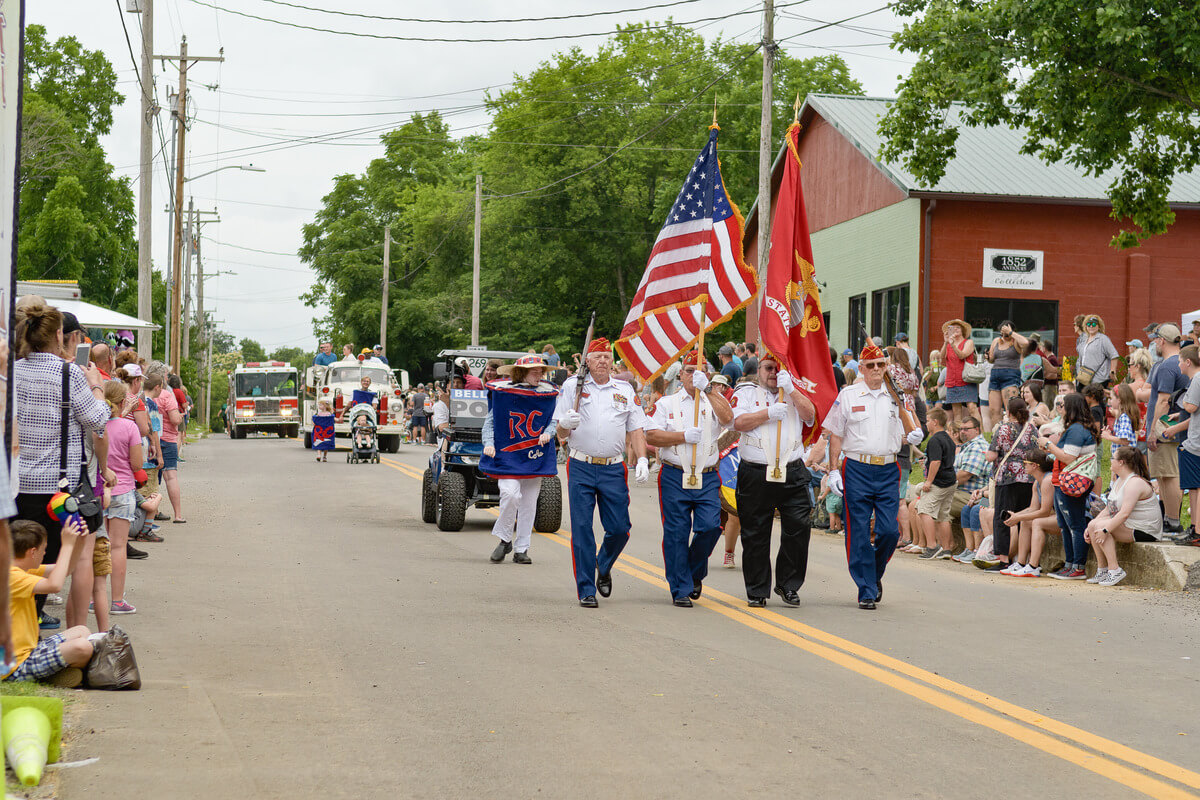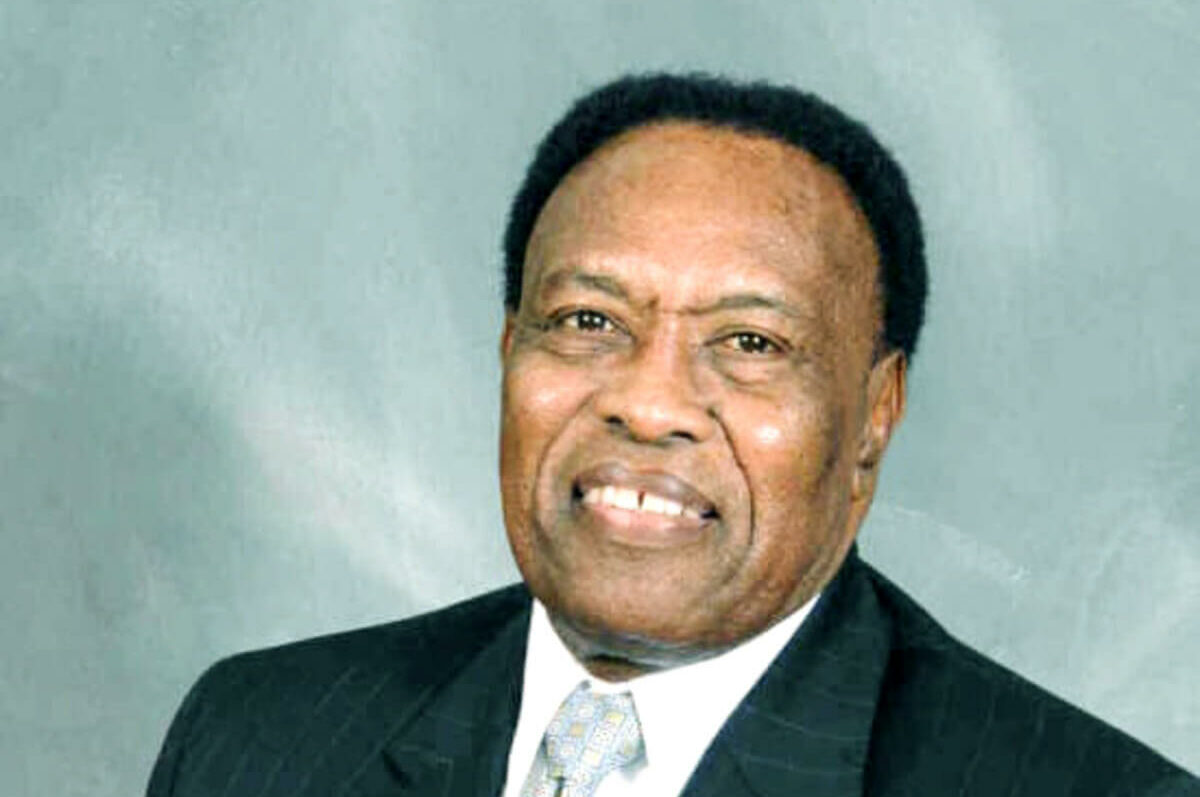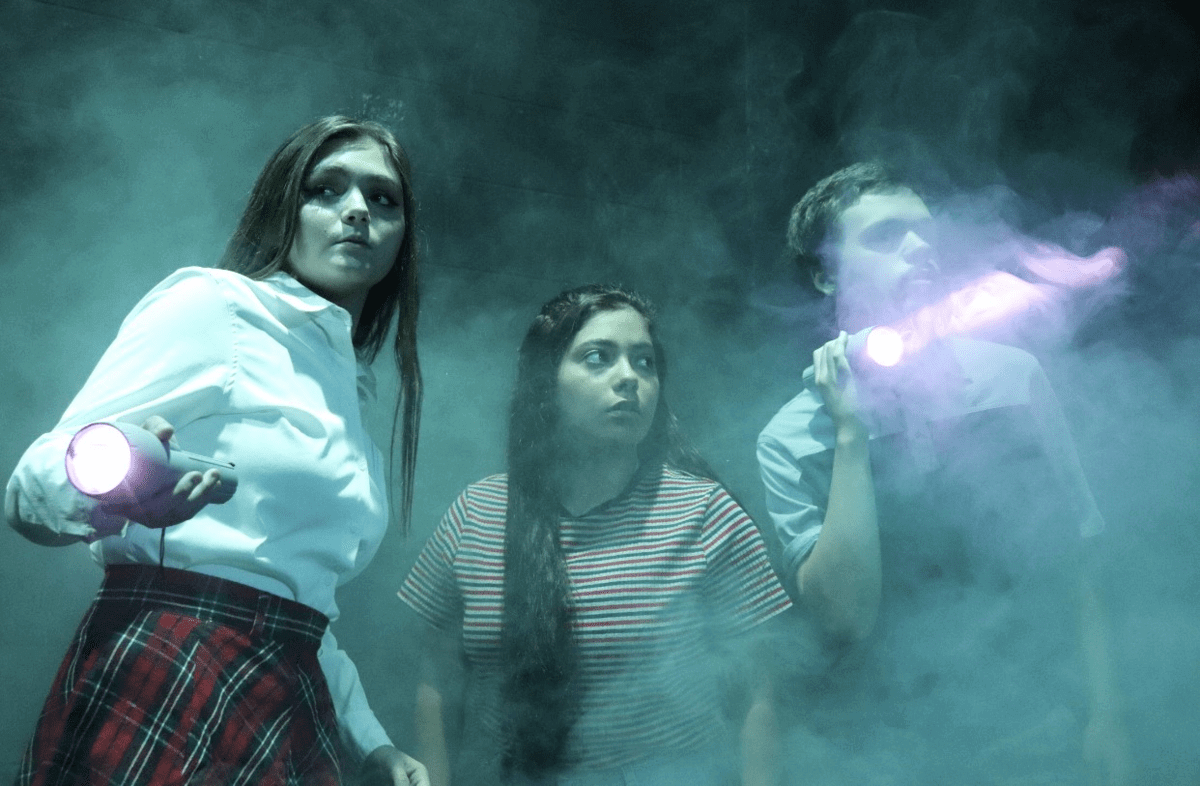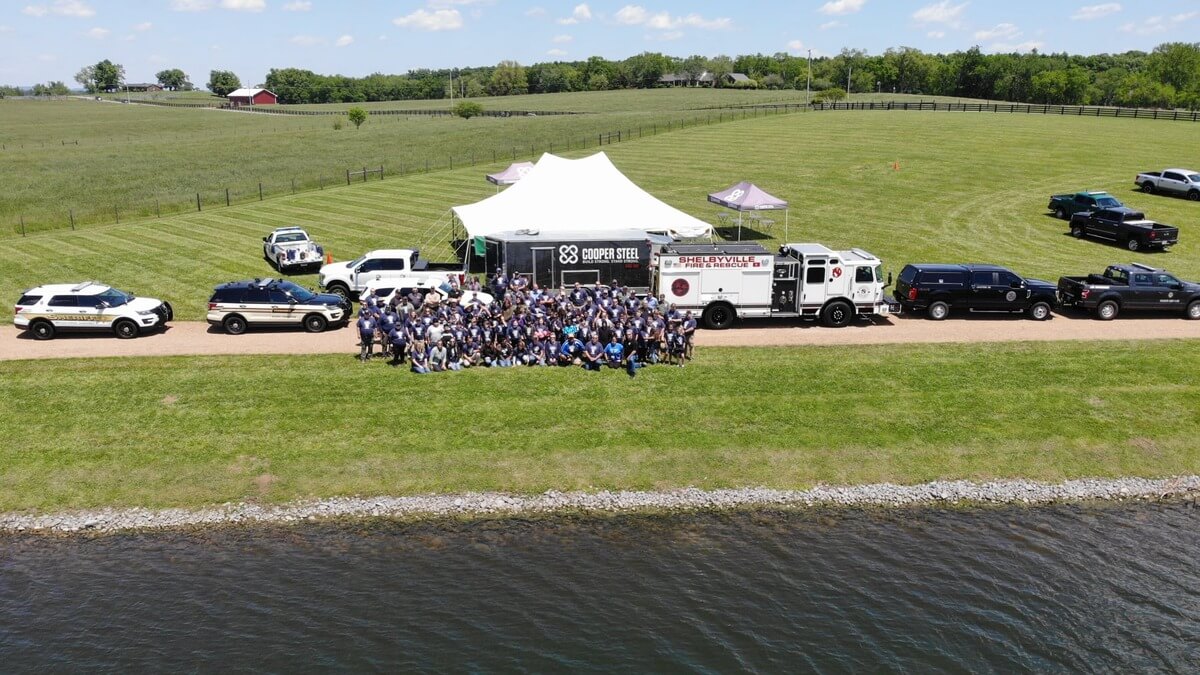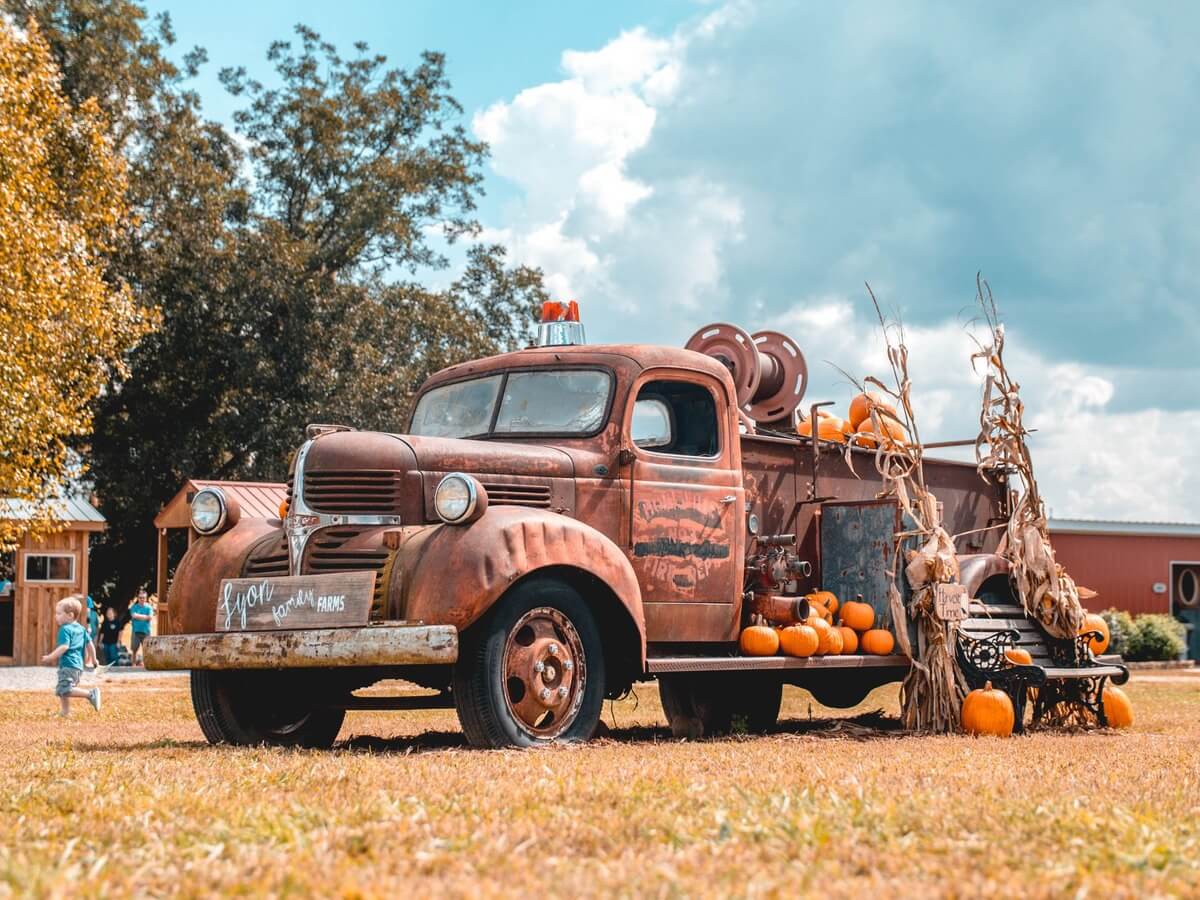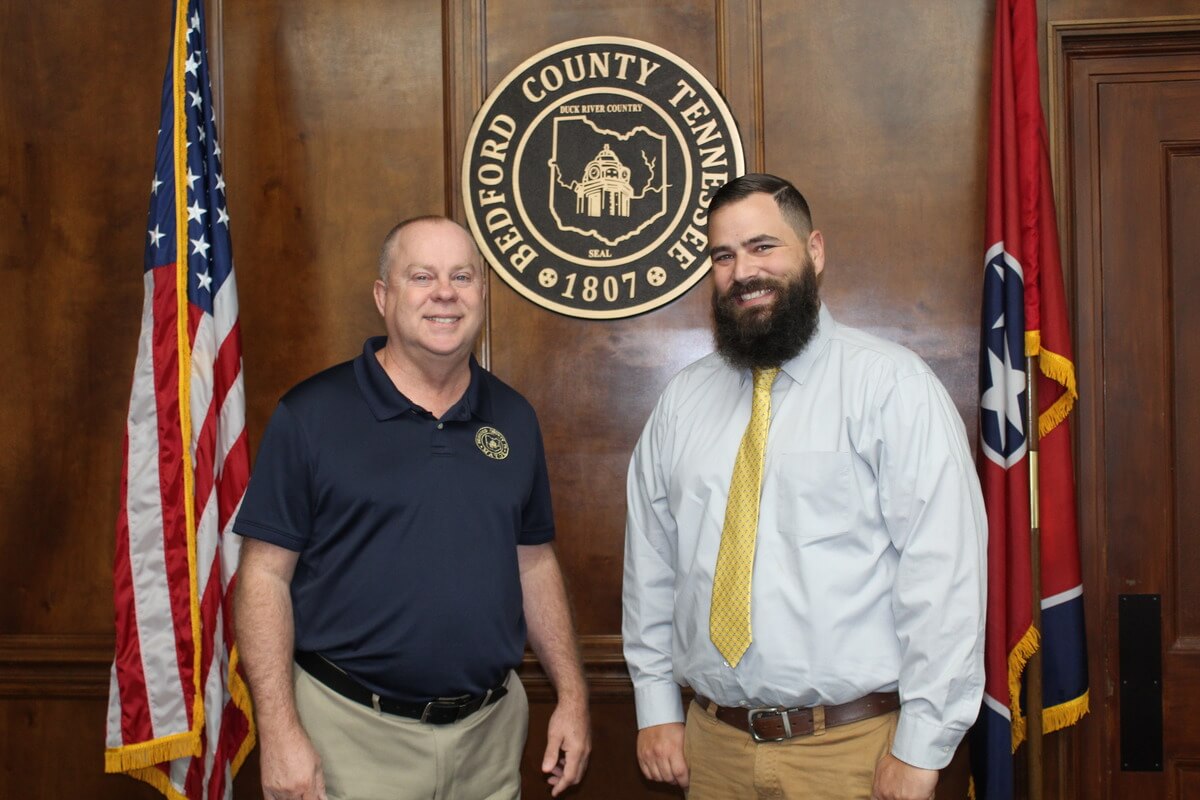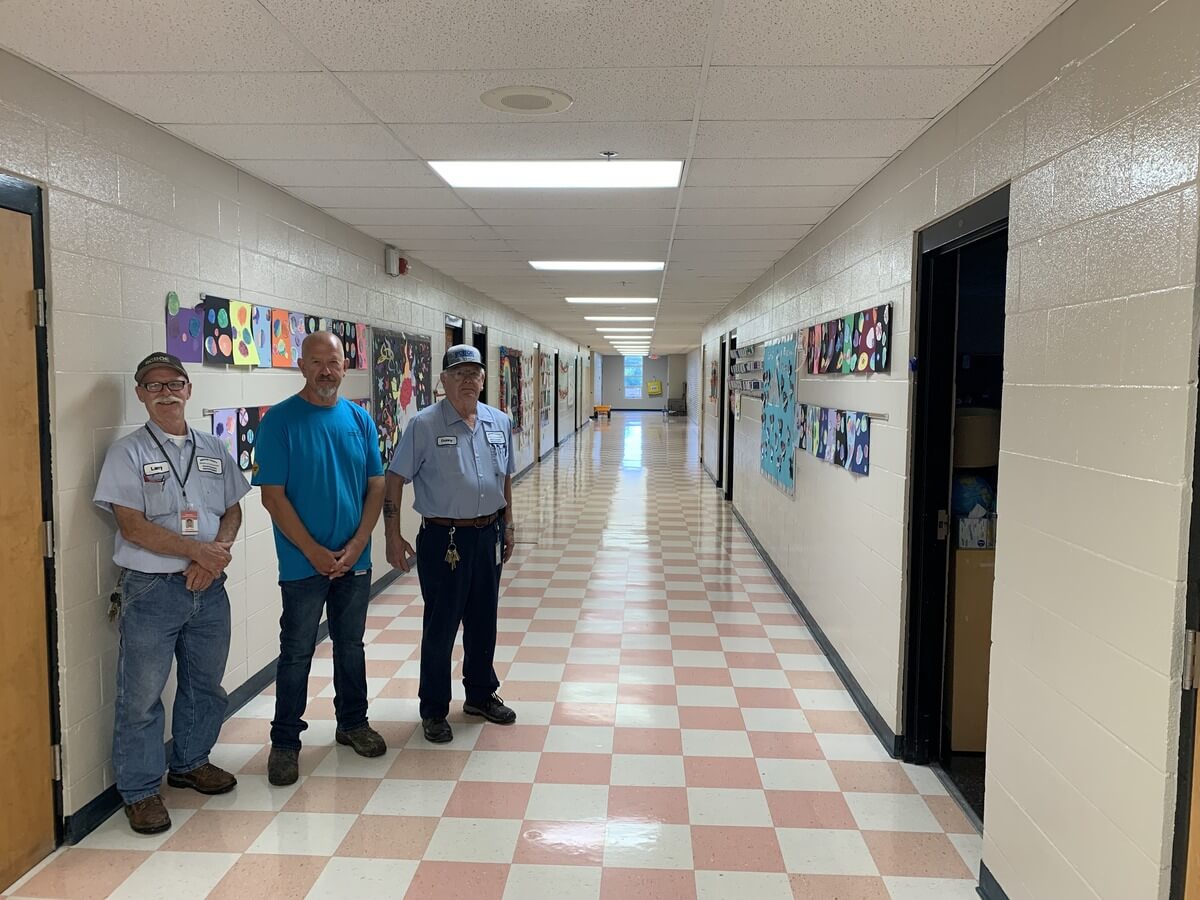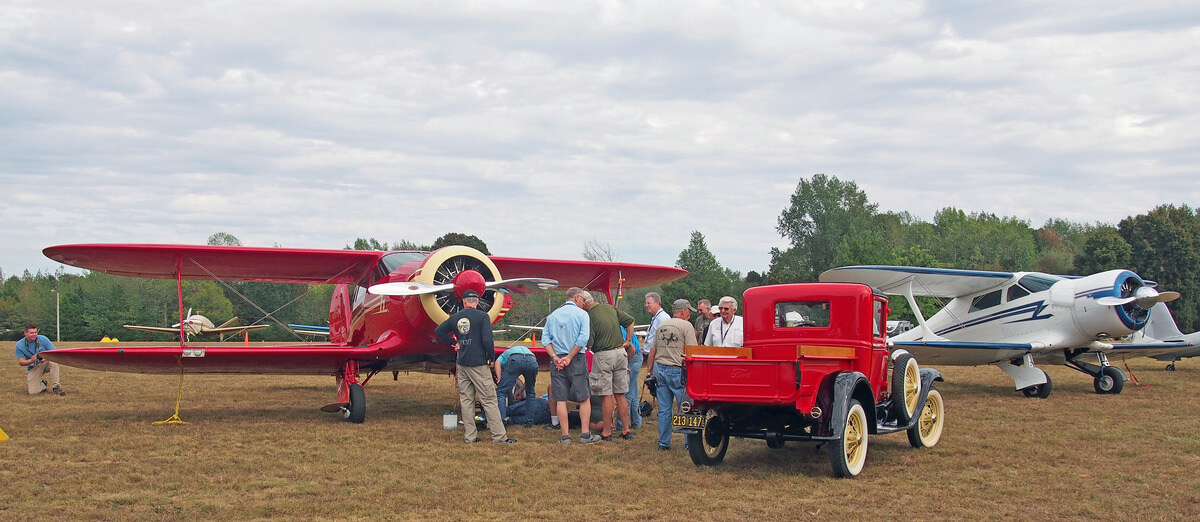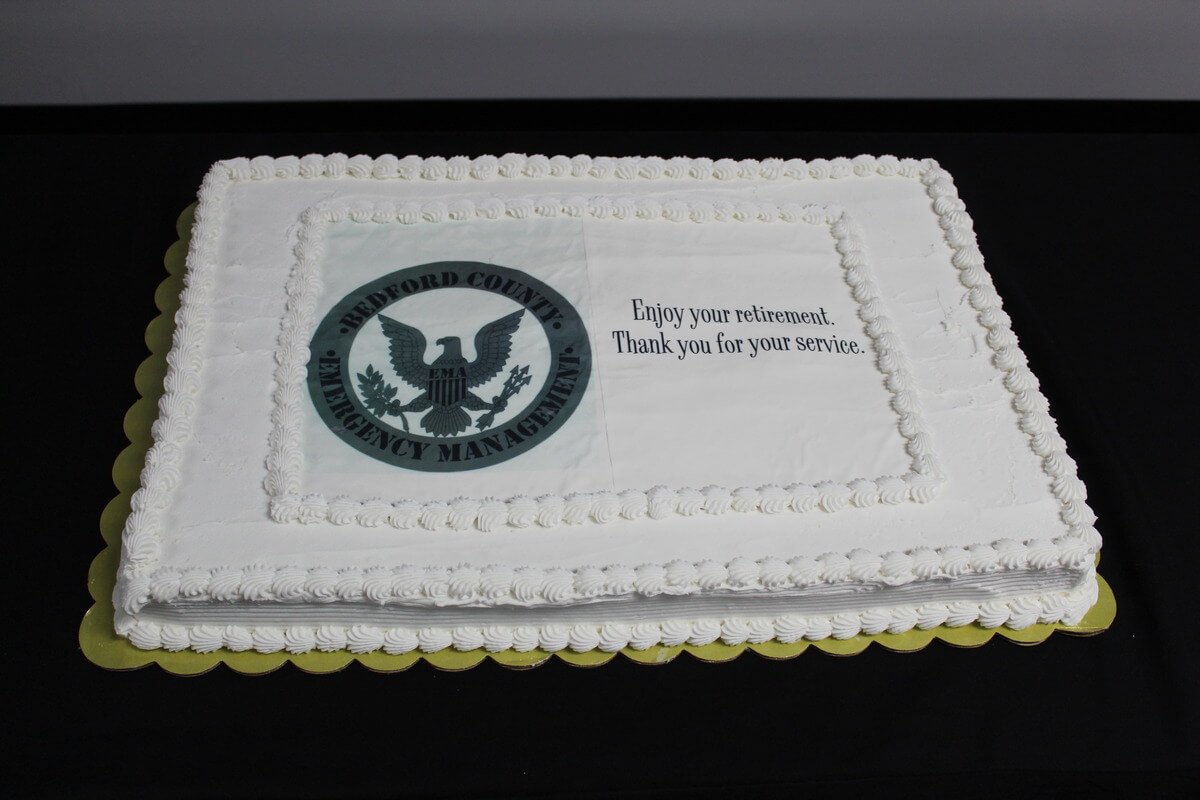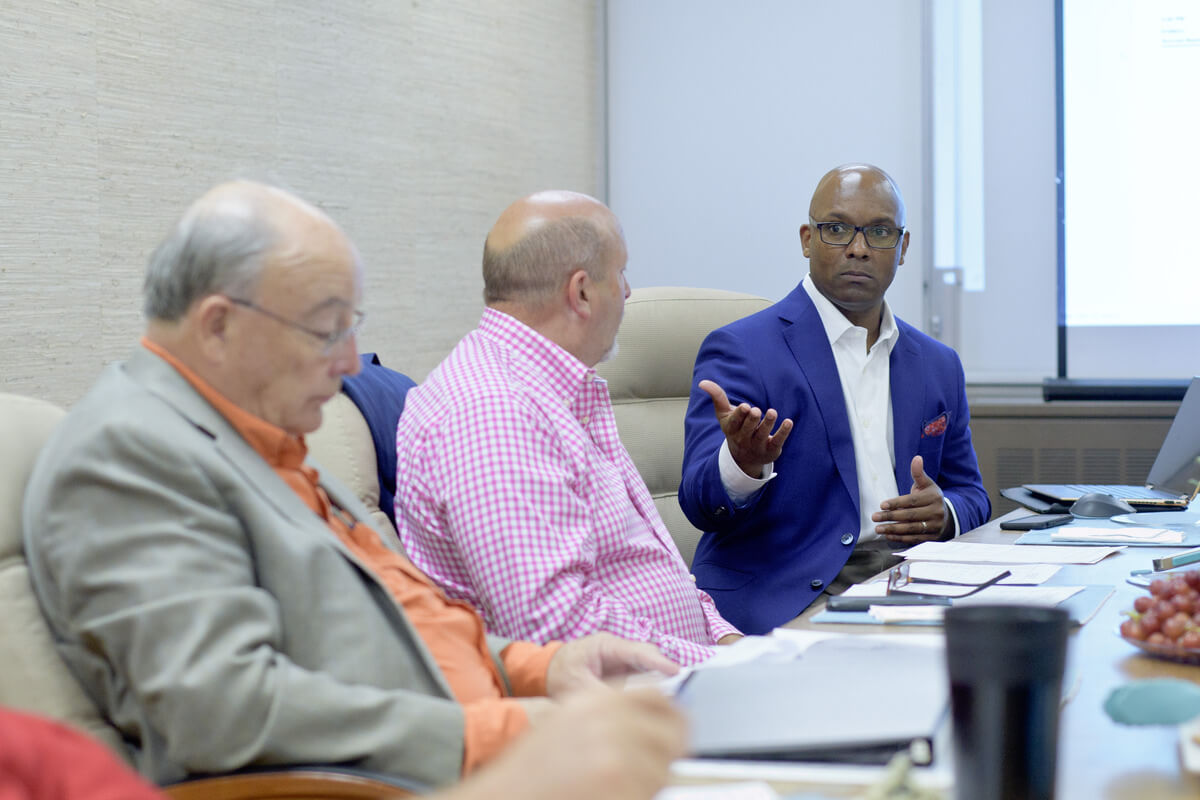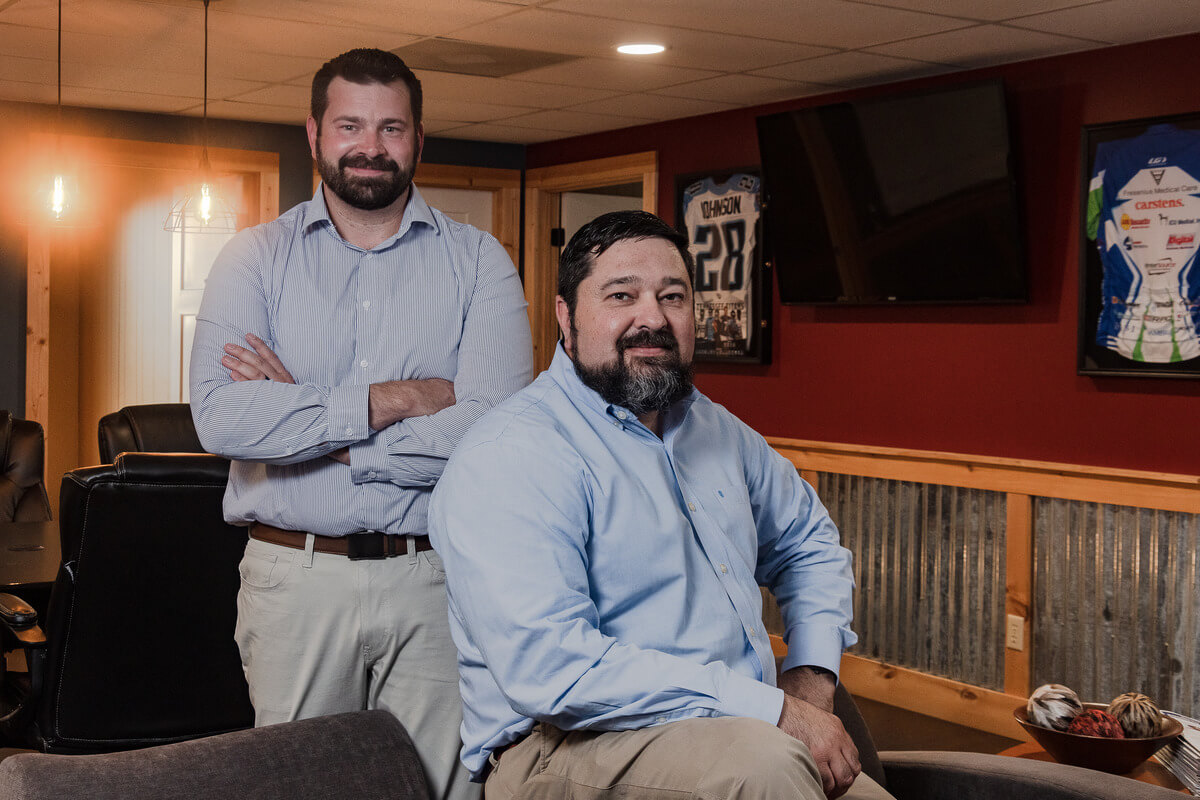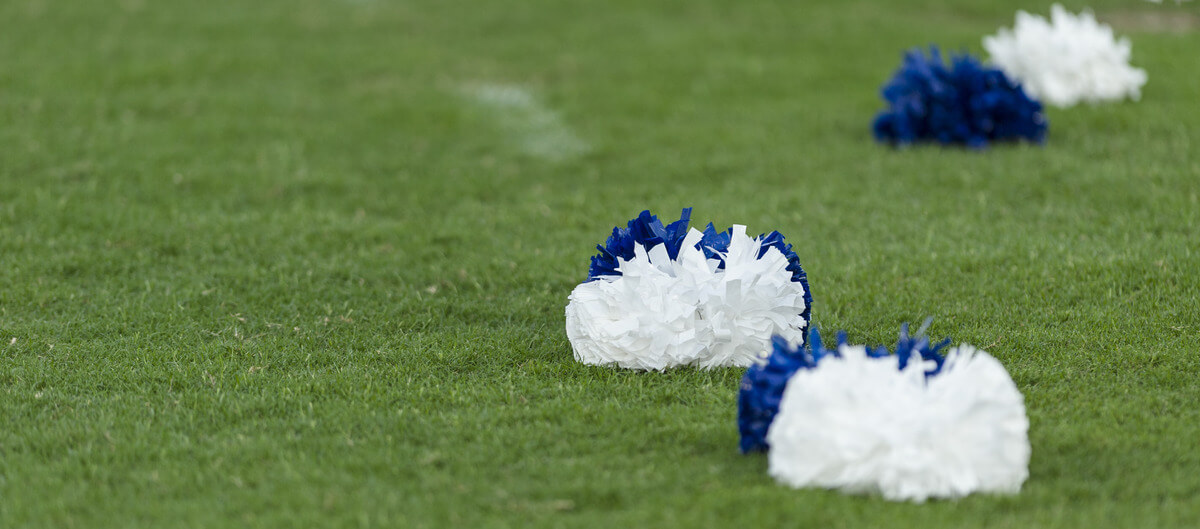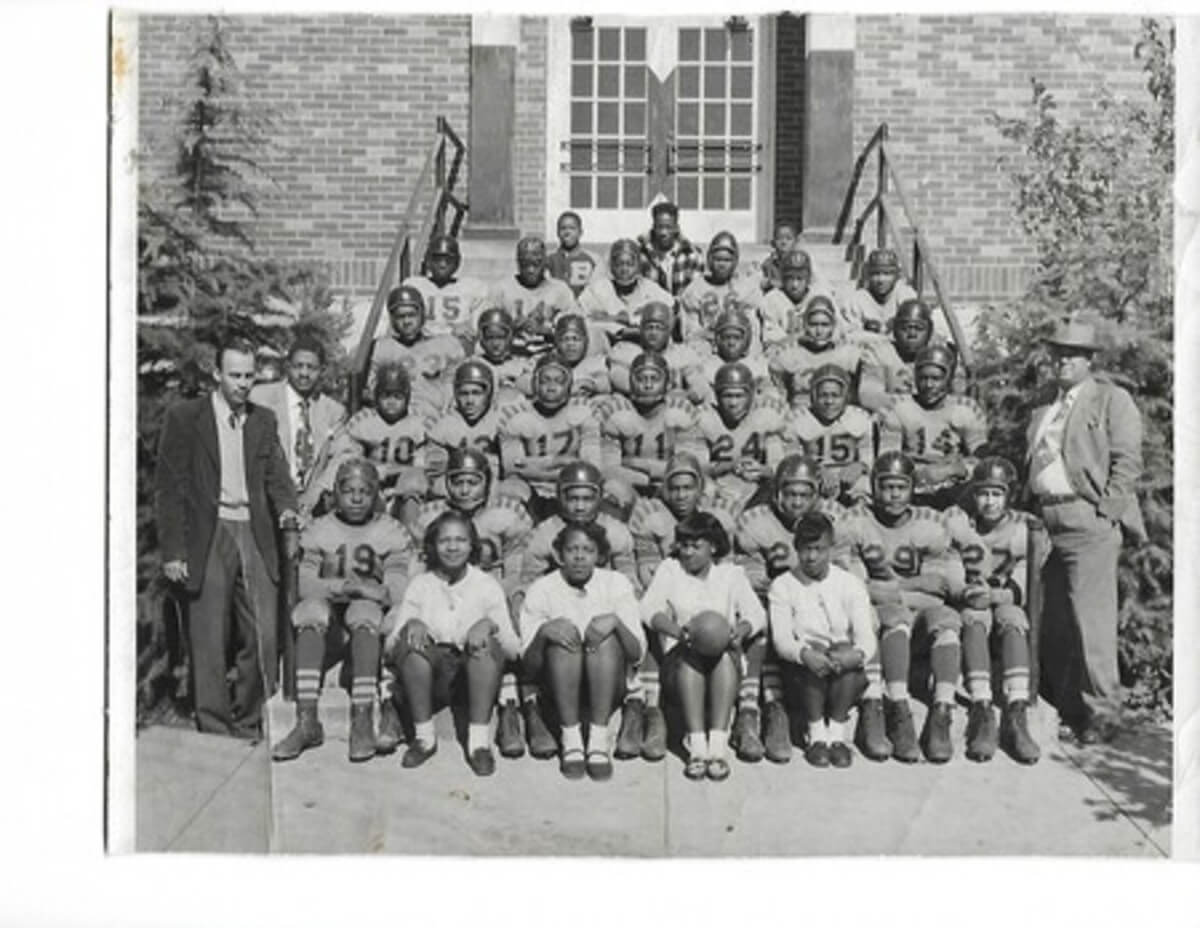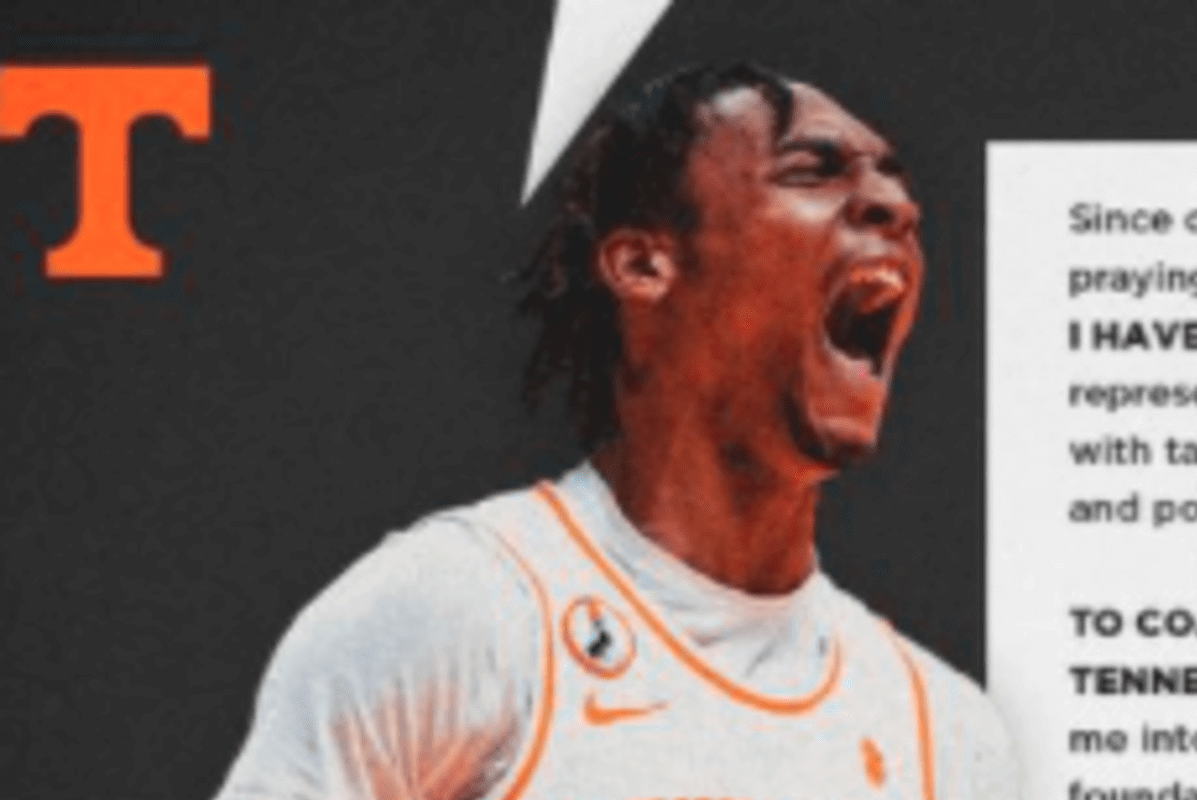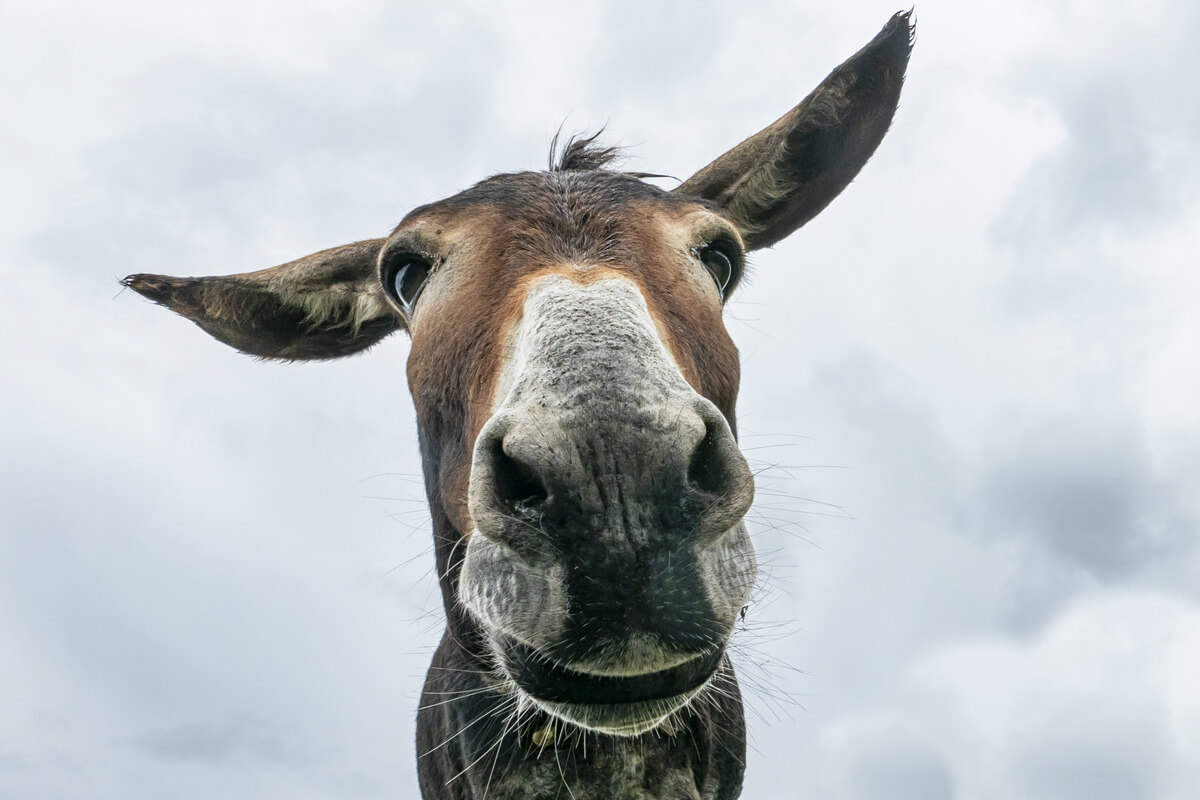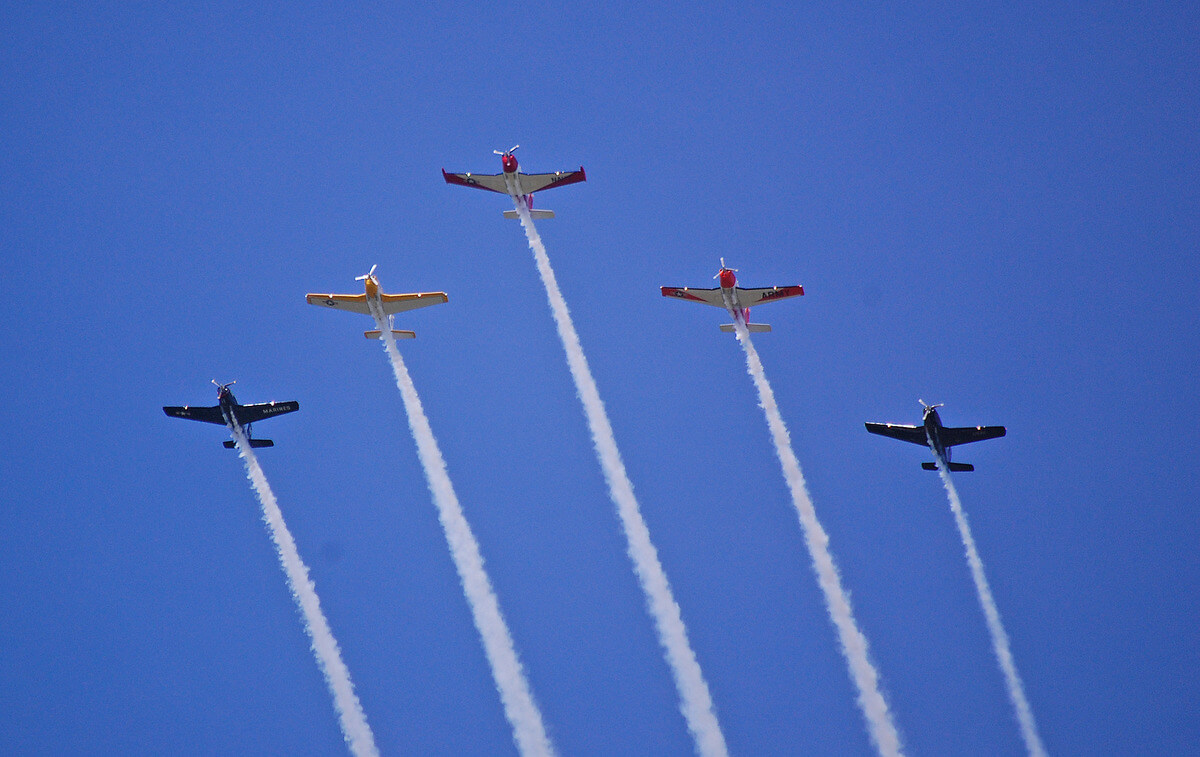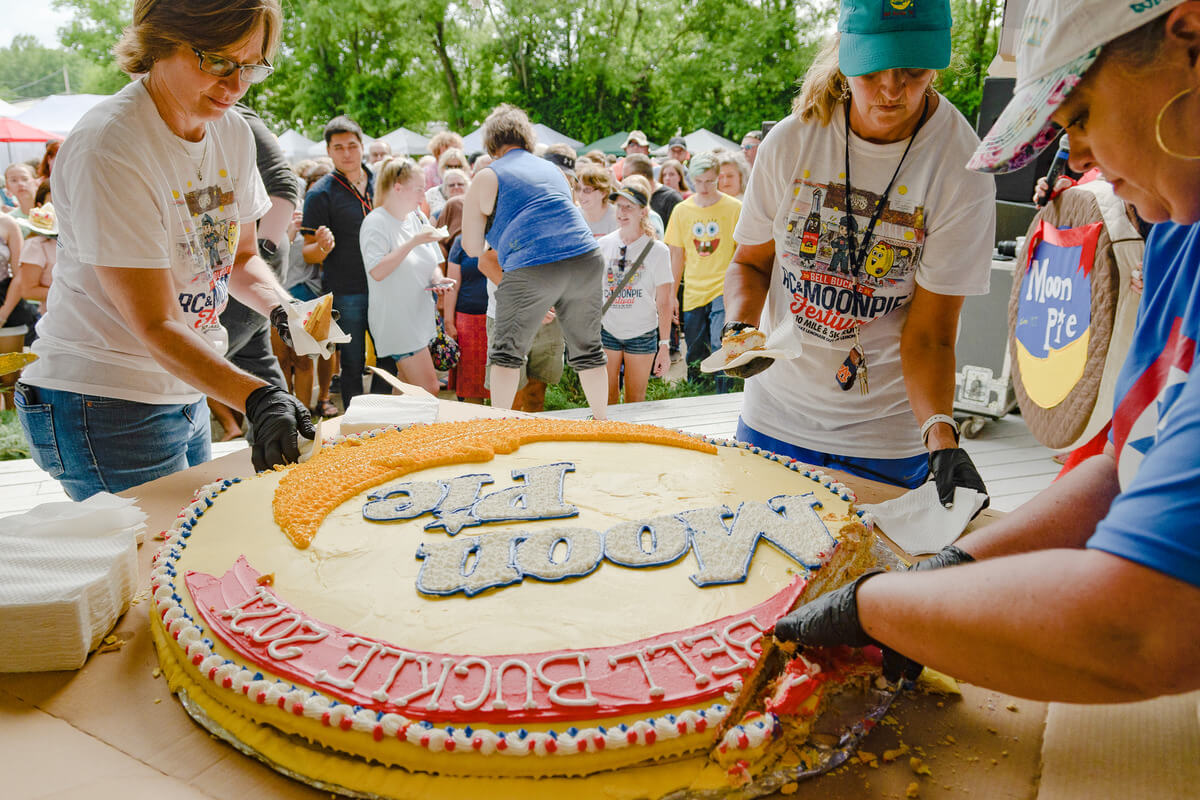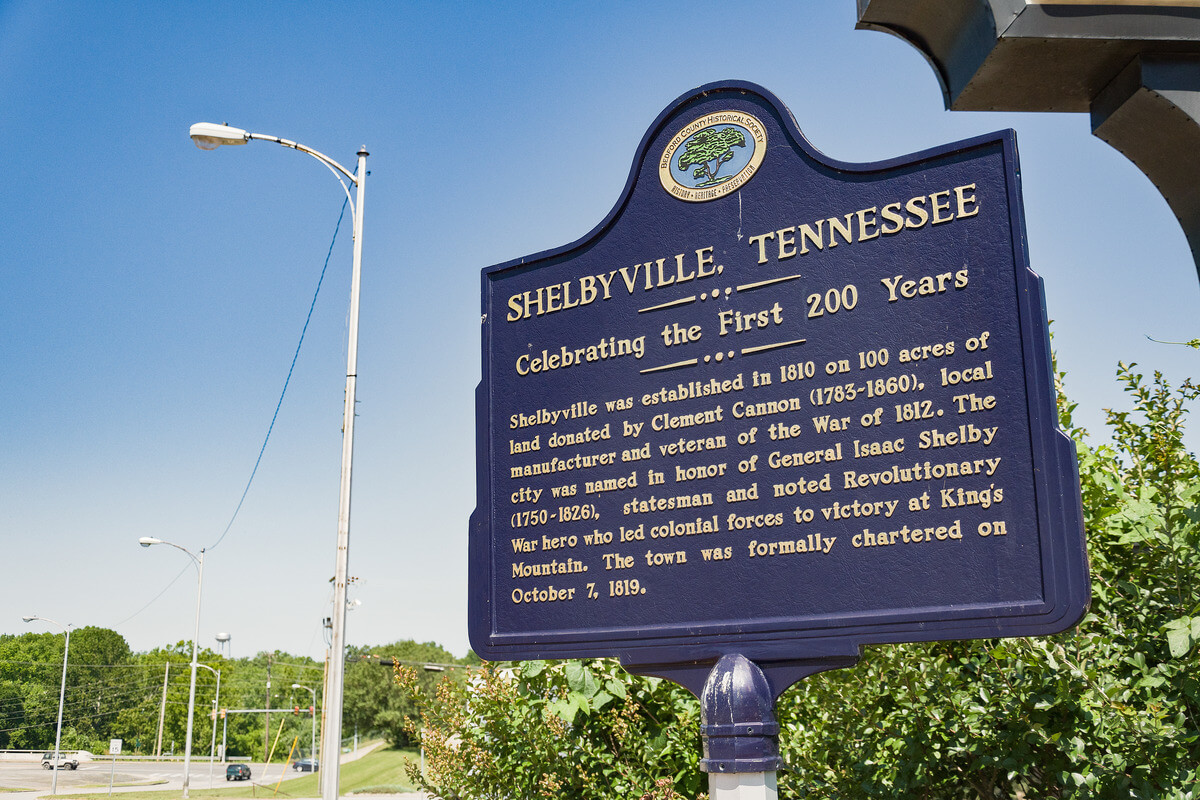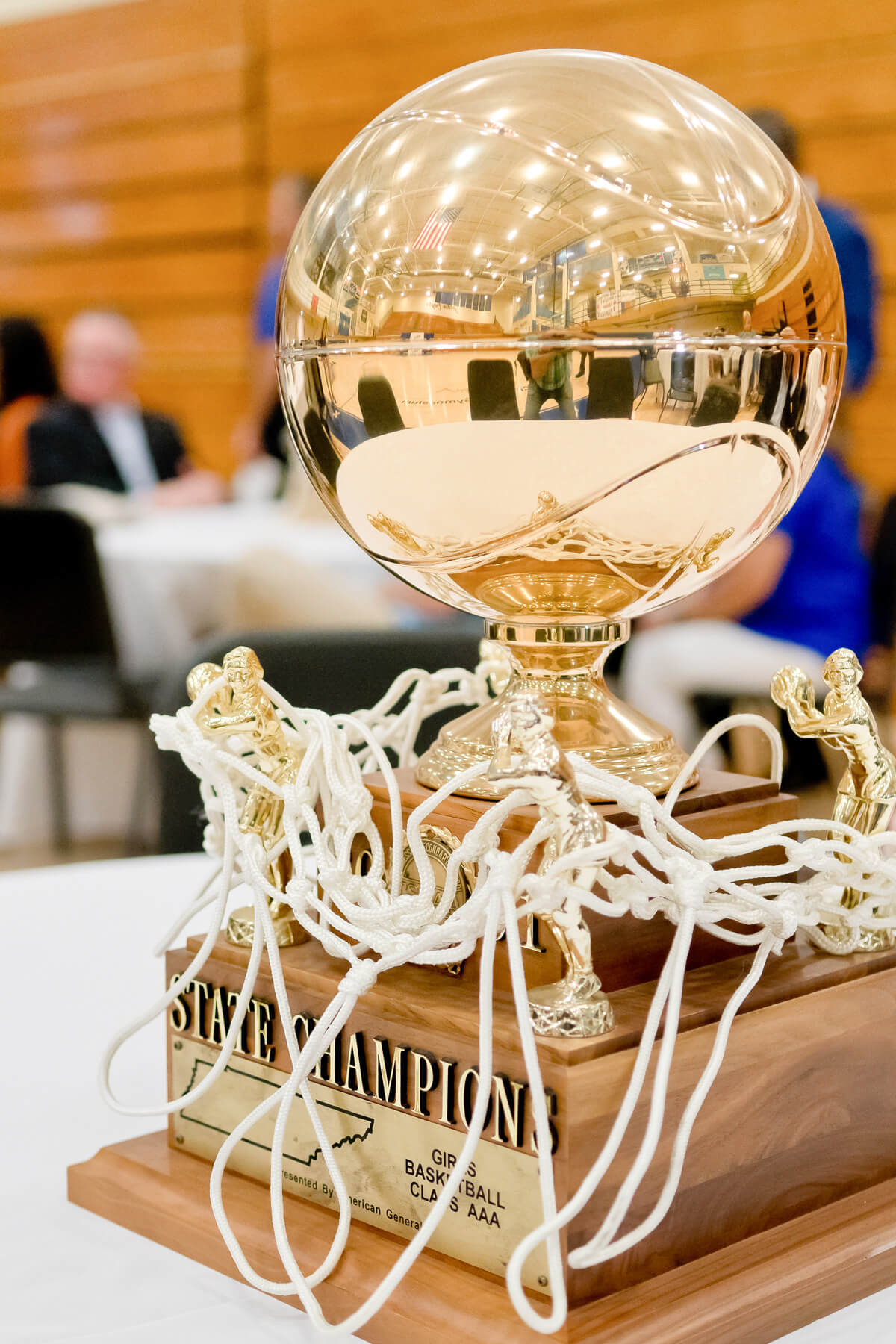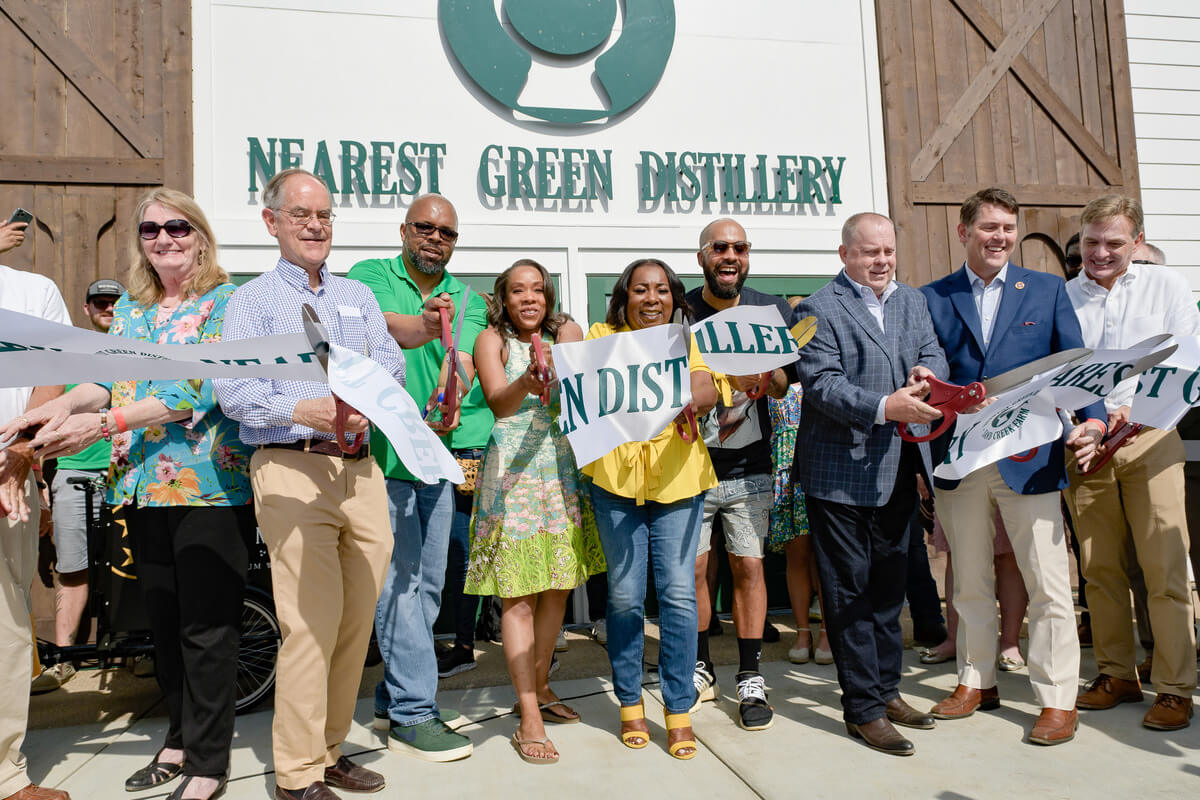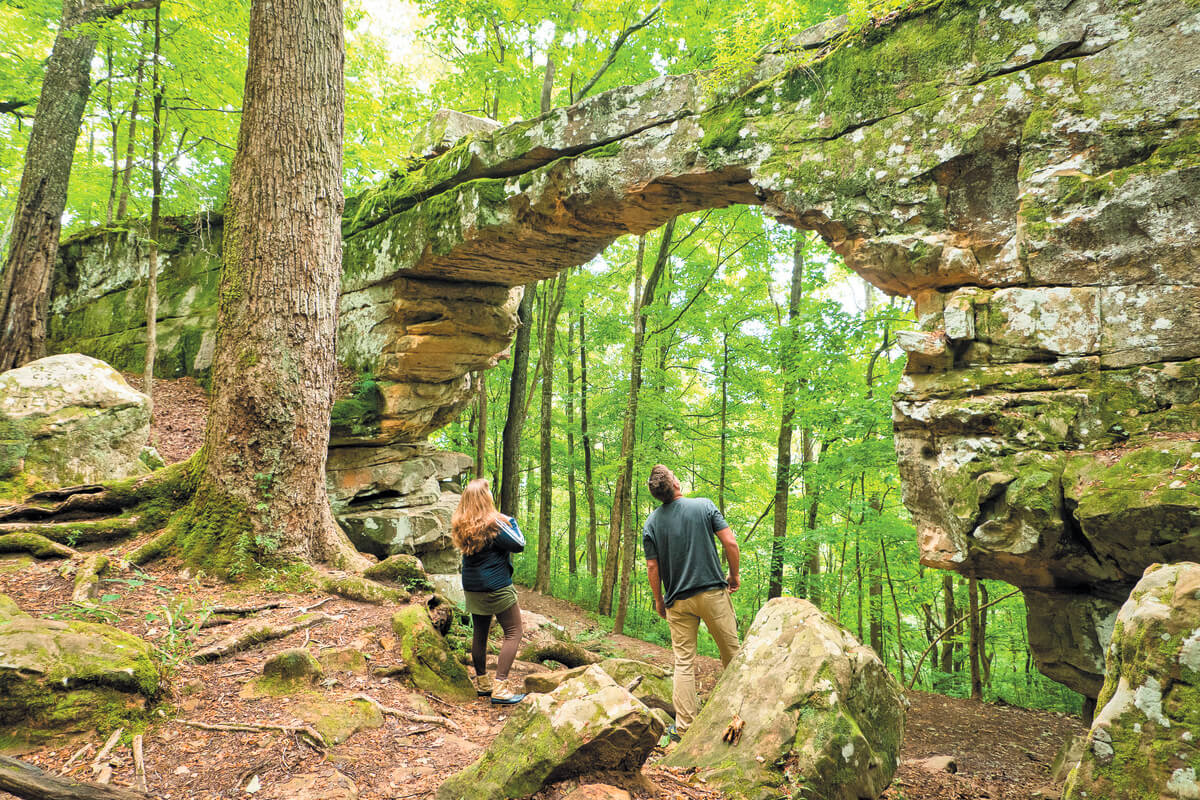TEN-YEAR-OLD J. French Brantley IV scooted to the edge of the seat and gazed toward the organist in the center of the arena. The melodies flowing from Larry Bright’s fingers carried J. to an imaginary arena where he was surrounded by hundreds — no, thousands — of people. He squeezed his eyes shut to see every detail more clearly. As Bright played the next song, young J. raised his arms and tapped the keys of his invisible keyboard. Although he adored the Tennessee walking horse and the breed originated within his own family, it was the organ that truly made J.’s heart sing.
“My love and want to play music came from listening to Larry Bright play the organ at the Celebration, and it blossomed from there,” enthused J.
When J. and his family returned to their home in Knoxville, he begged his parents for music lessons.
“I started taking piano lessons when I was 8 years old and began taking organ lessons when I was 11. When I attended college at the University of Tennessee (UTK) in Knoxville, I studied classical organ as well. I have a deep love for the TWHNC and the walking horse industry in general. When I think about the Celebration, I think about the tradition, the pageantry, [and] the friends and family I’ve made over the years while celebrating the horse for which it is named for.”

J.’s family, originally from Manchester, has bred, owned, and shown Tennessee walking horses for generations. When he was 2 months old, J. attended his first Tennessee Walking Horse National Celebration (TWHNC), so he holds fond memories of watching with his family from their box at G-55.
His great-great-grandfather, James R. Brantley, purchased a registered trotting horse named “Allan F1” in the early 1900s, which later became the sire that formed the foundation of the Tennessee walking horse breed. He and J.’s great-grandfather, J. French Brantley Sr., were founding members of the Tennessee Walking Horse Breeders and Exhibitors Association. According to J., all current Tennessee walking horses’ lineage traces back to Allan F1.
Over the years, Larry Bright became J.’s mentor.
“I have heard him play all of my life, but in 2003, I met him in person, and a friendship formed over the years. He has been a great help to me as I learned how to be a better horse show organist. In my opinion, Larry is the best there ever will be. His style and ability are unmatched. I try to emulate his style while also trying to create my own, but nobody will ever outplay him.”

Bright, who lives in Southern Mississippi, spent over 35 years as the organist for the TWHNC and similar shows. In the late 1970s, he wrote the song “Flat Walk Boogie,” which is regularly performed during the Celebration. J.’s childhood dream came to fruition in 2015 when Larry asked him to fill in so he could take a break.
“I started playing for other horse shows in 2011, and in 2016, I was asked to play for the Celebration Spring Fun Show and the Celebration Fall Classic, which used to be called the Tunica Fall Classic Show. I’ve been playing for these ever since. I’ve also served as ring escort during the evening performances, as well as the presentation coordinator for the morning performances, and I’ve helped Charles McDonald set out trophies and awards in the center ring. In 2021 and again in 2023, I was asked to fill in for Larry Bright during the evening performances. And this year, I was honored to have been asked to serve as permanent organist for the evening performances of the Celebration.”
J. says it’s difficult to choose a favorite song, but his top choices are “Nevertheless,” “Whispering,” and, since he’s a huge Tennessee Vols fan, “Rocky Top.” At the end of each show, J. always plays “The Tennessee Waltz.”
“There are actually three reasons I play ‘The Tennessee Waltz’ as my closing song. First, when I was a kid, I had a fascination with the Mighty Wurlitzer organ at the Tennessee Theatre in Knoxville. My mother took me there often, and as the organ was descending back into the orchestra pit, the organist always played it. Second, I attended UTK, and it’s always been a tradition for the band to play it after every home game. And third, it’s a nod to my home state. So, whether I’m playing in Tennessee or in another state, I always end with ‘The Tennessee Waltz.’” GN





